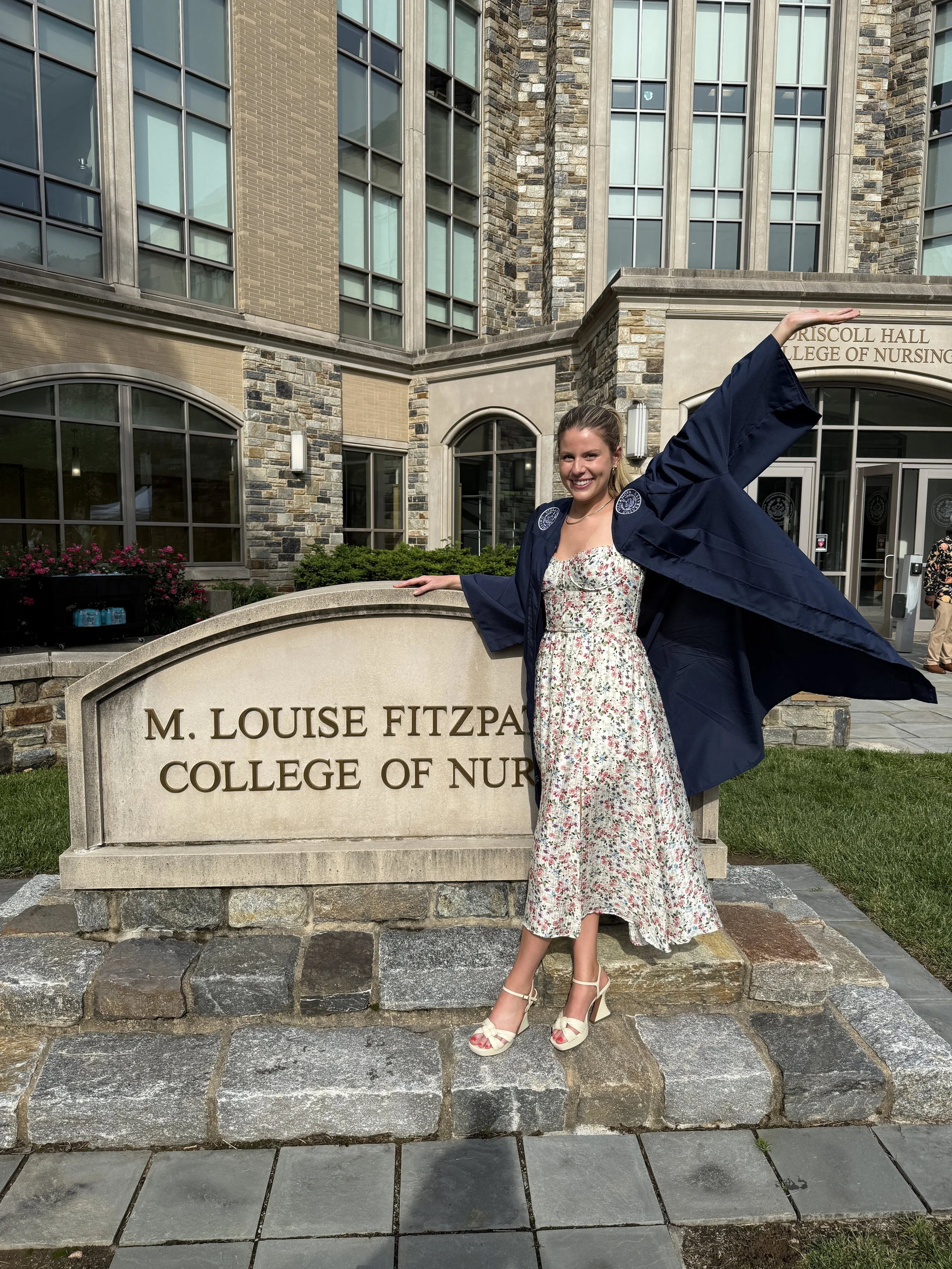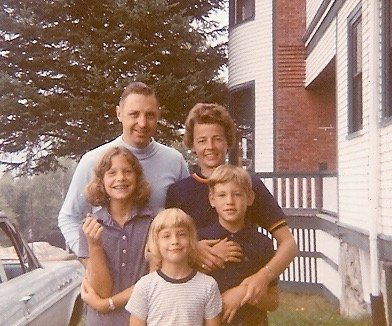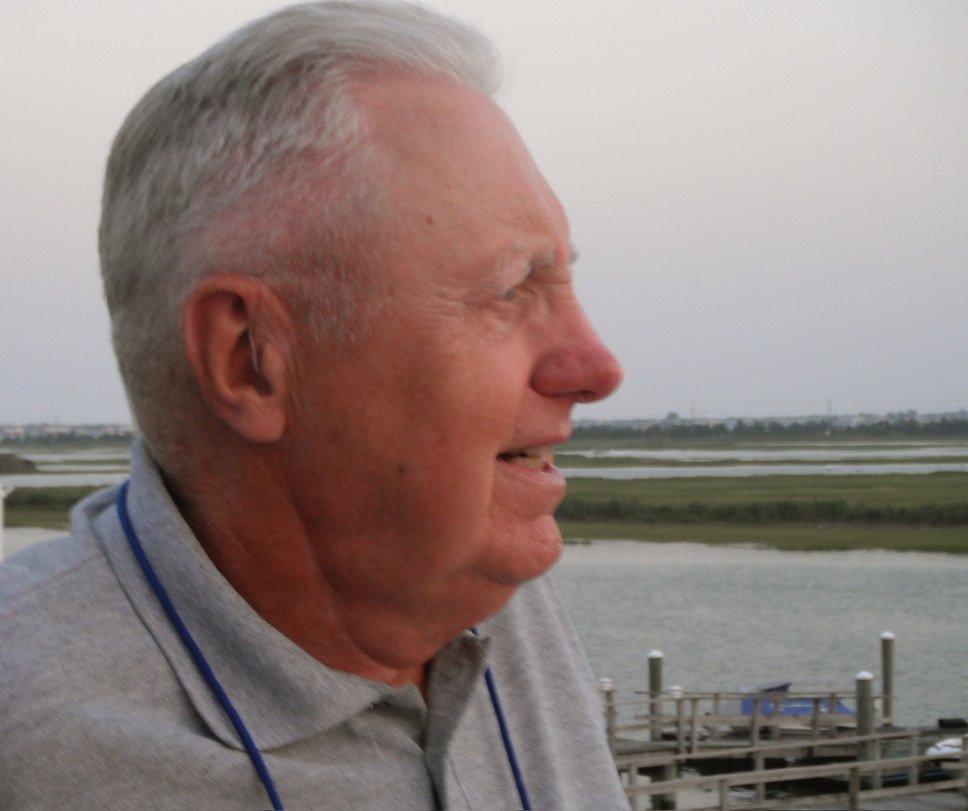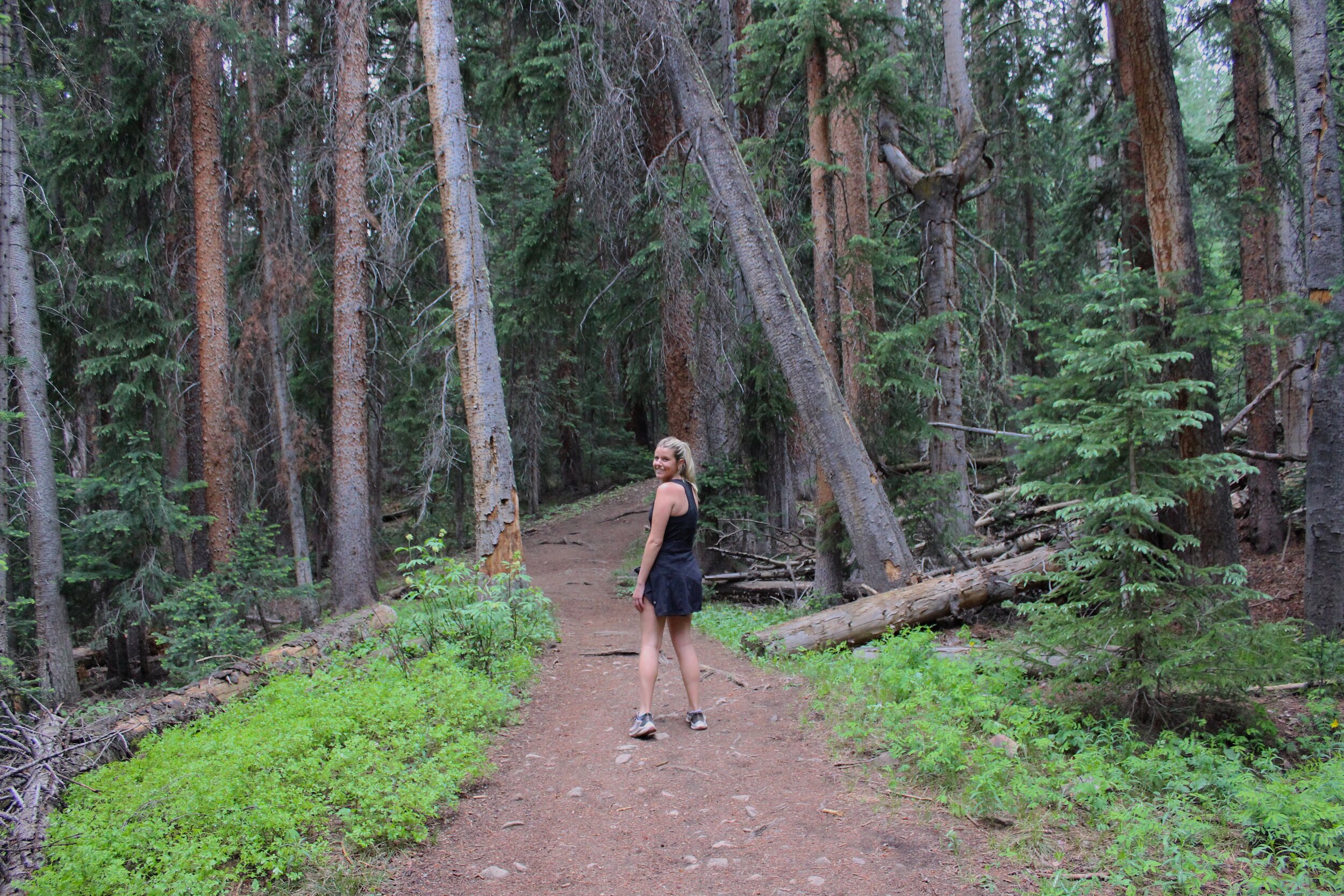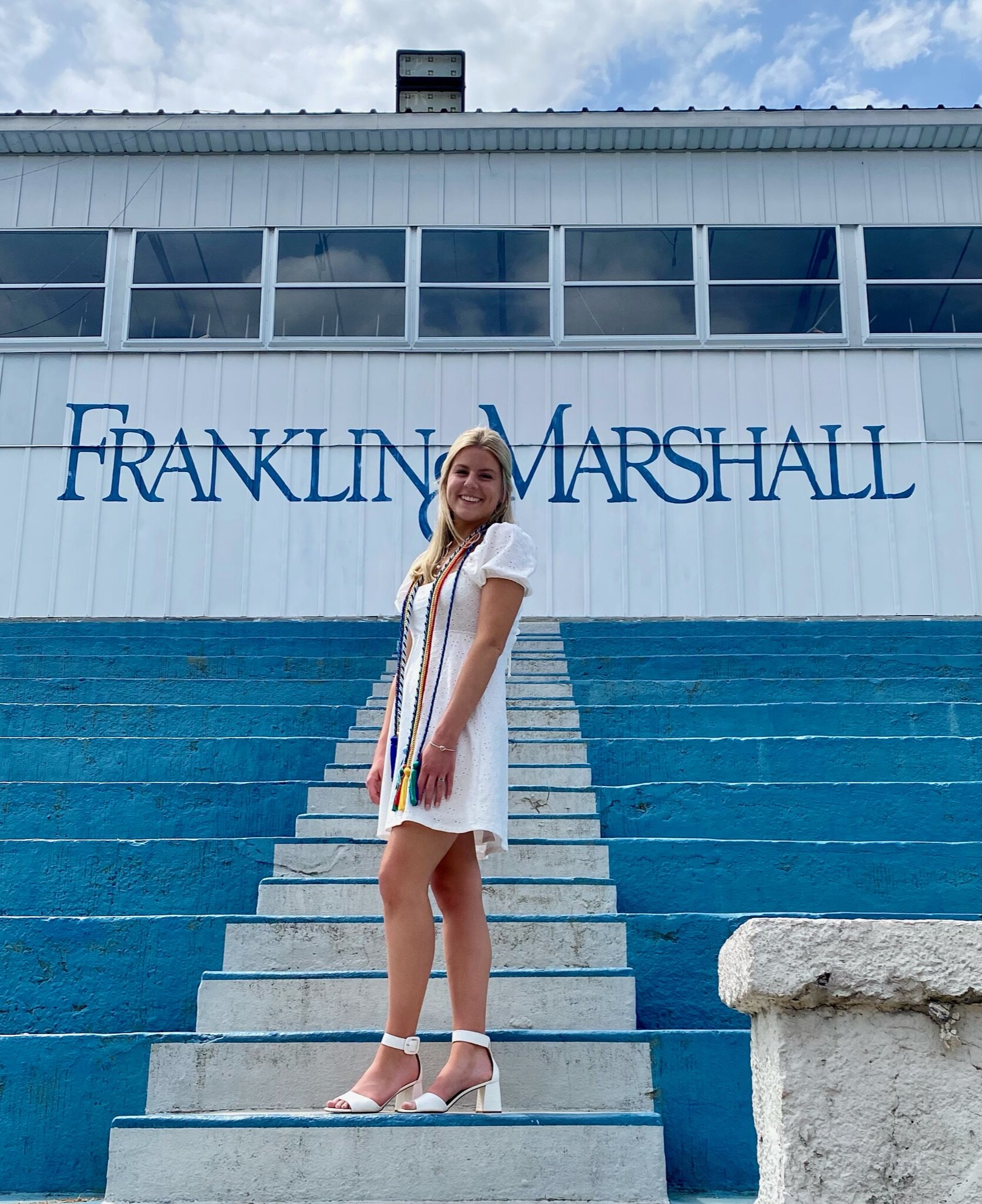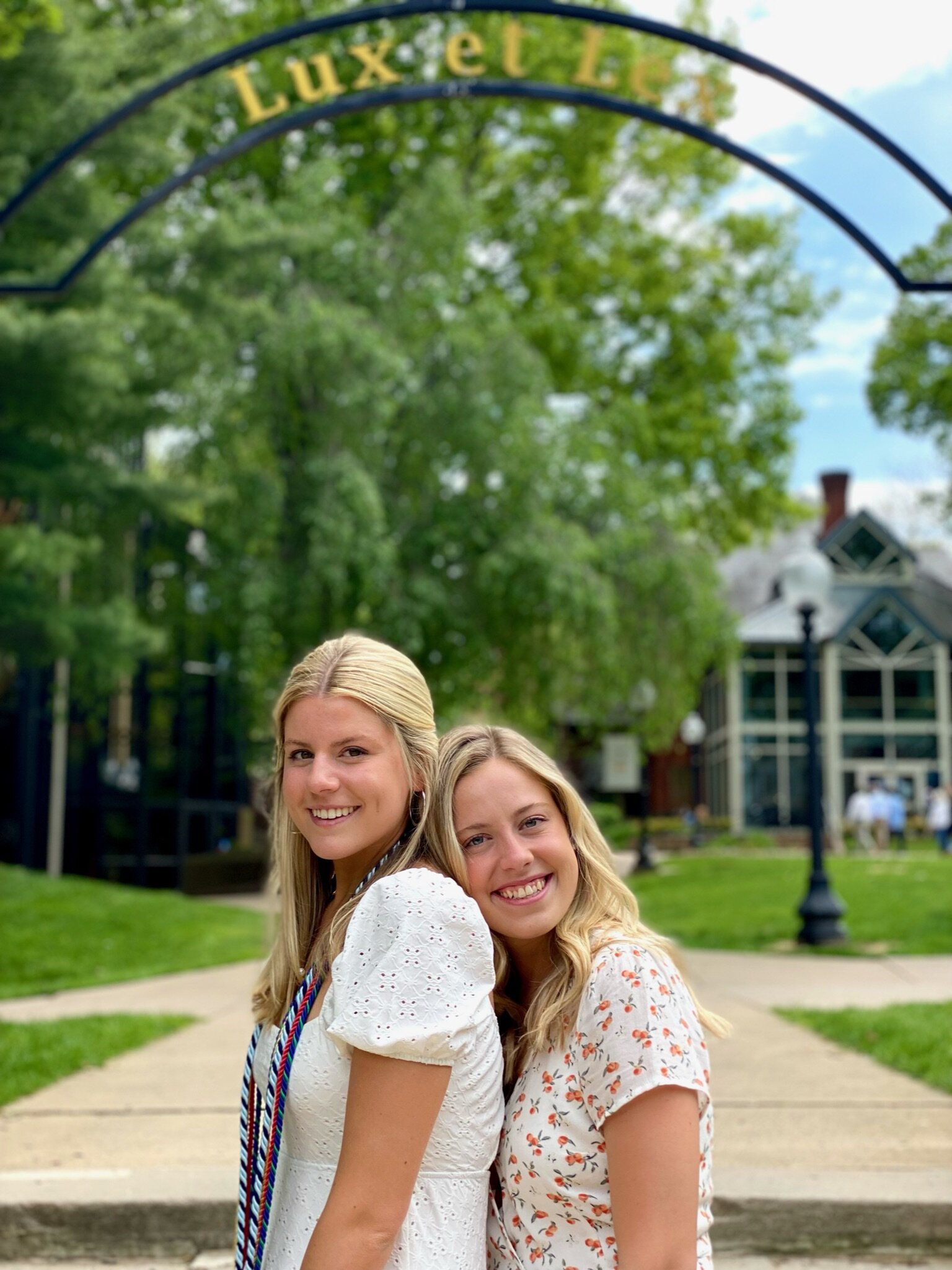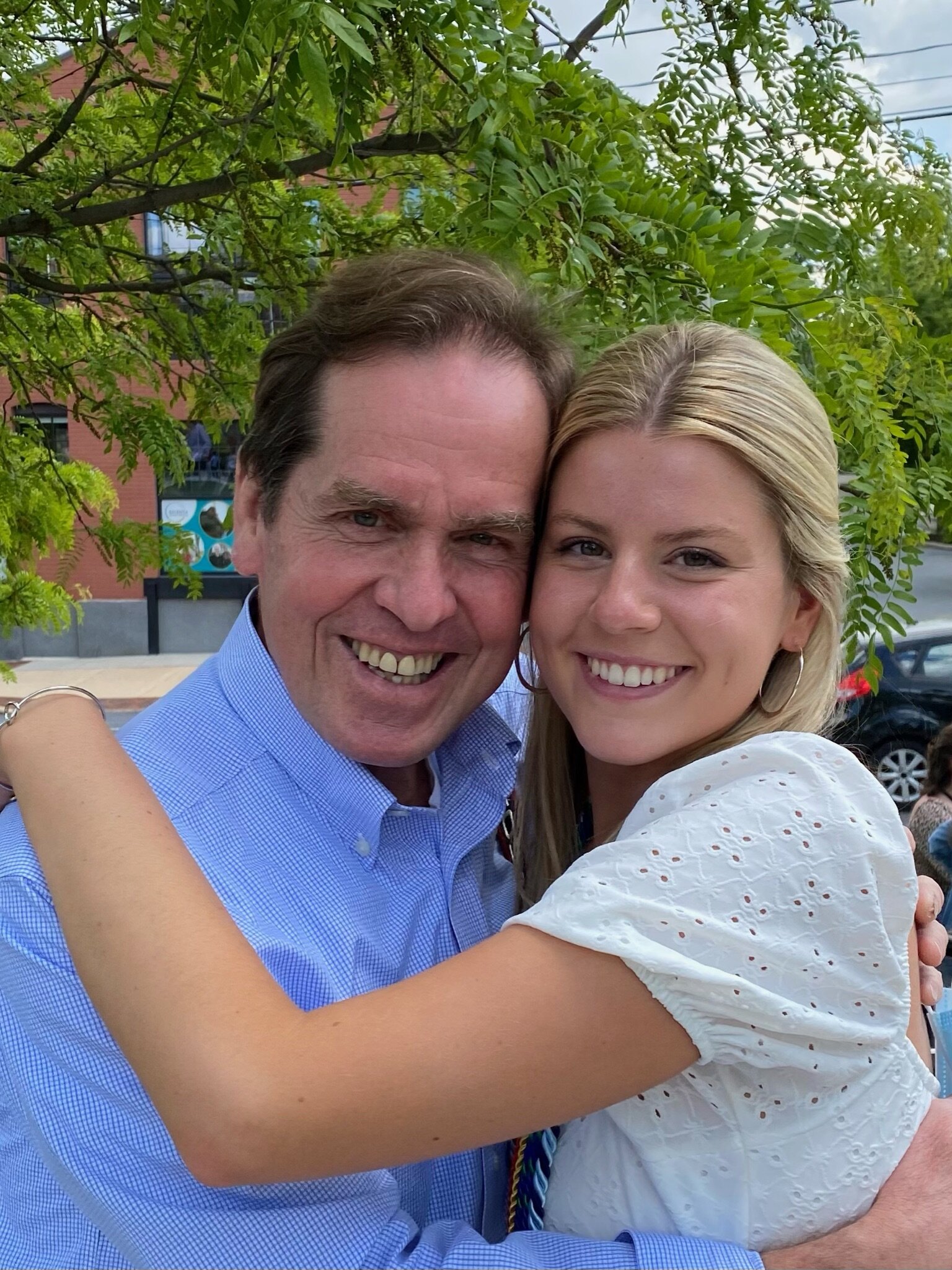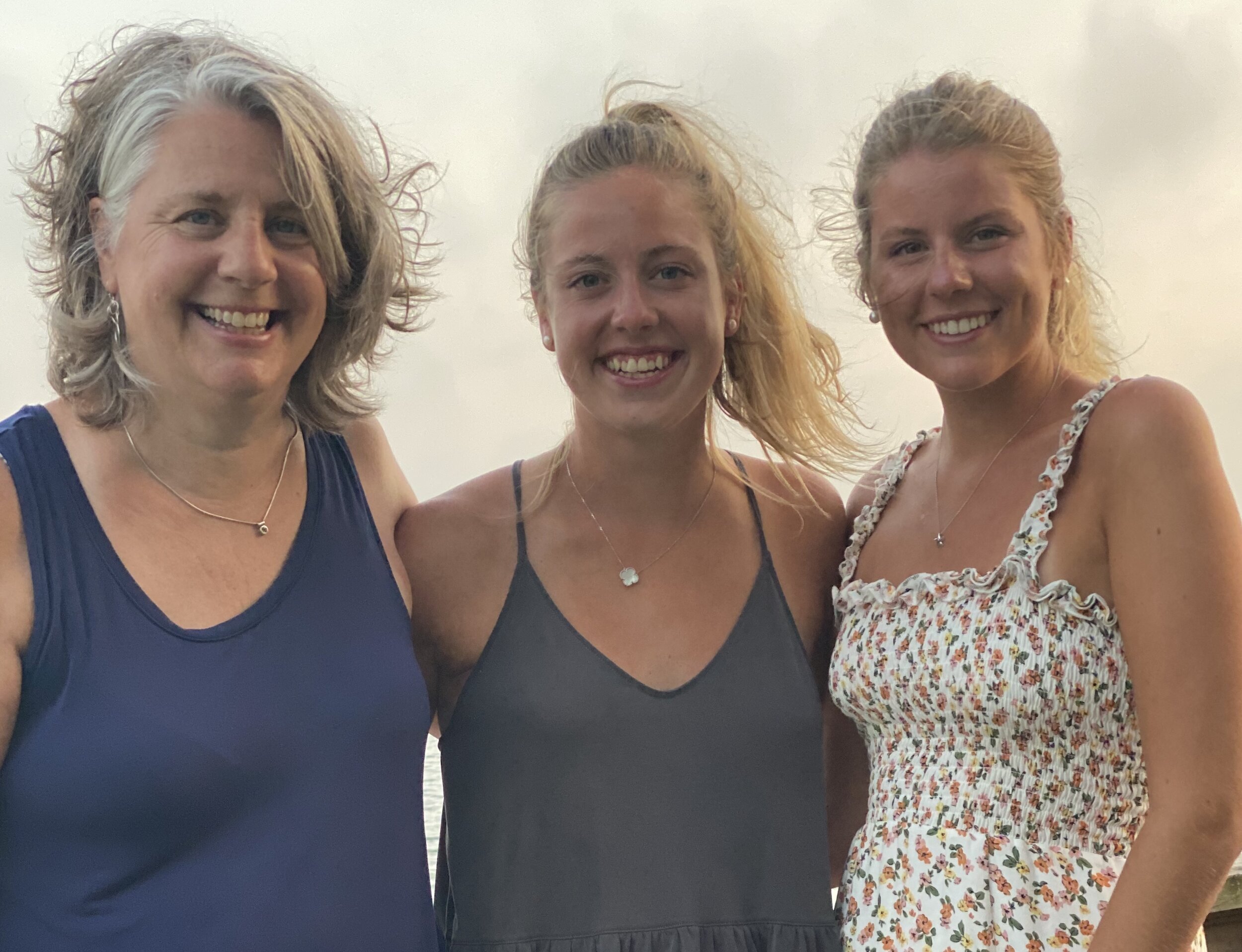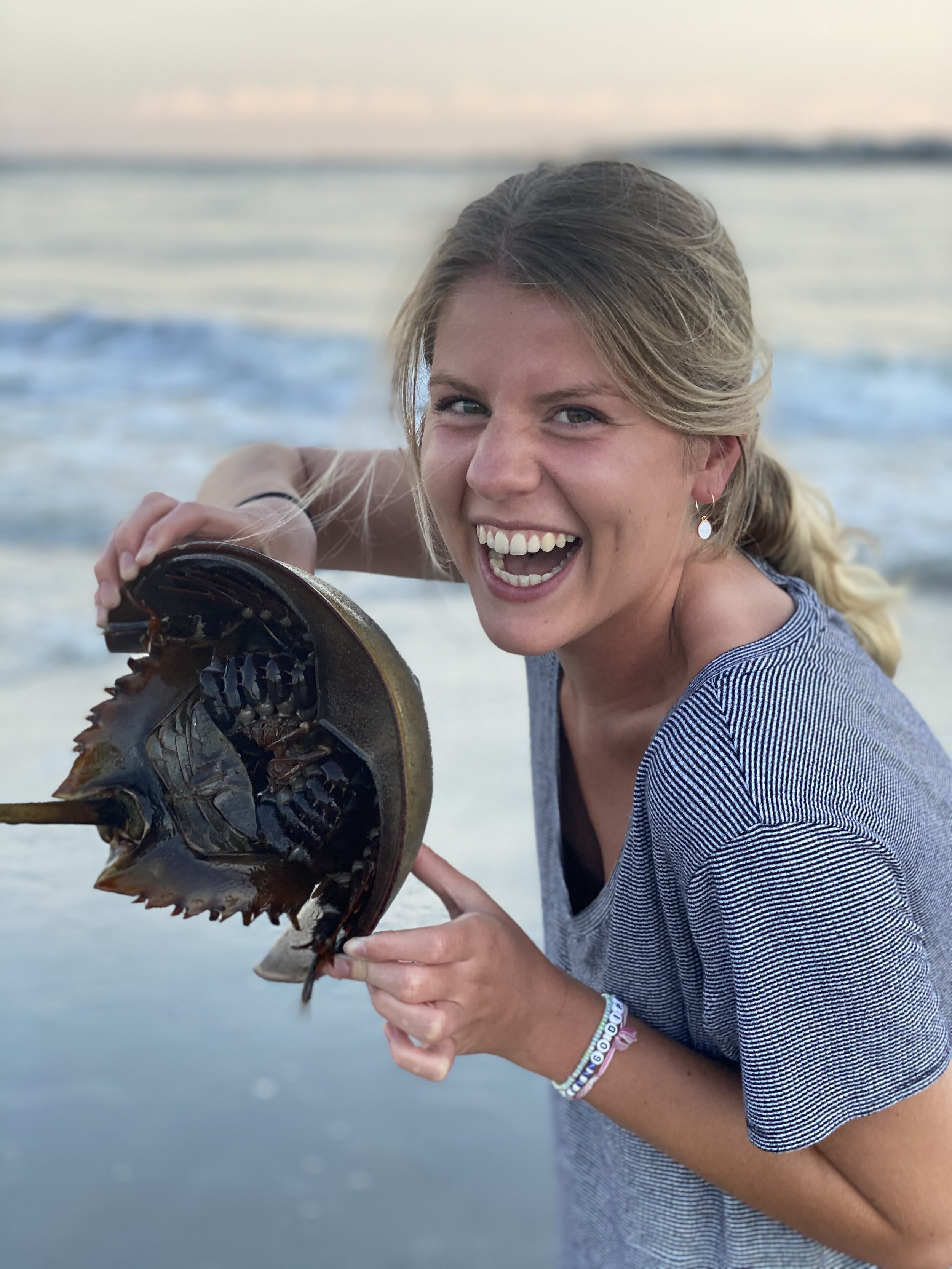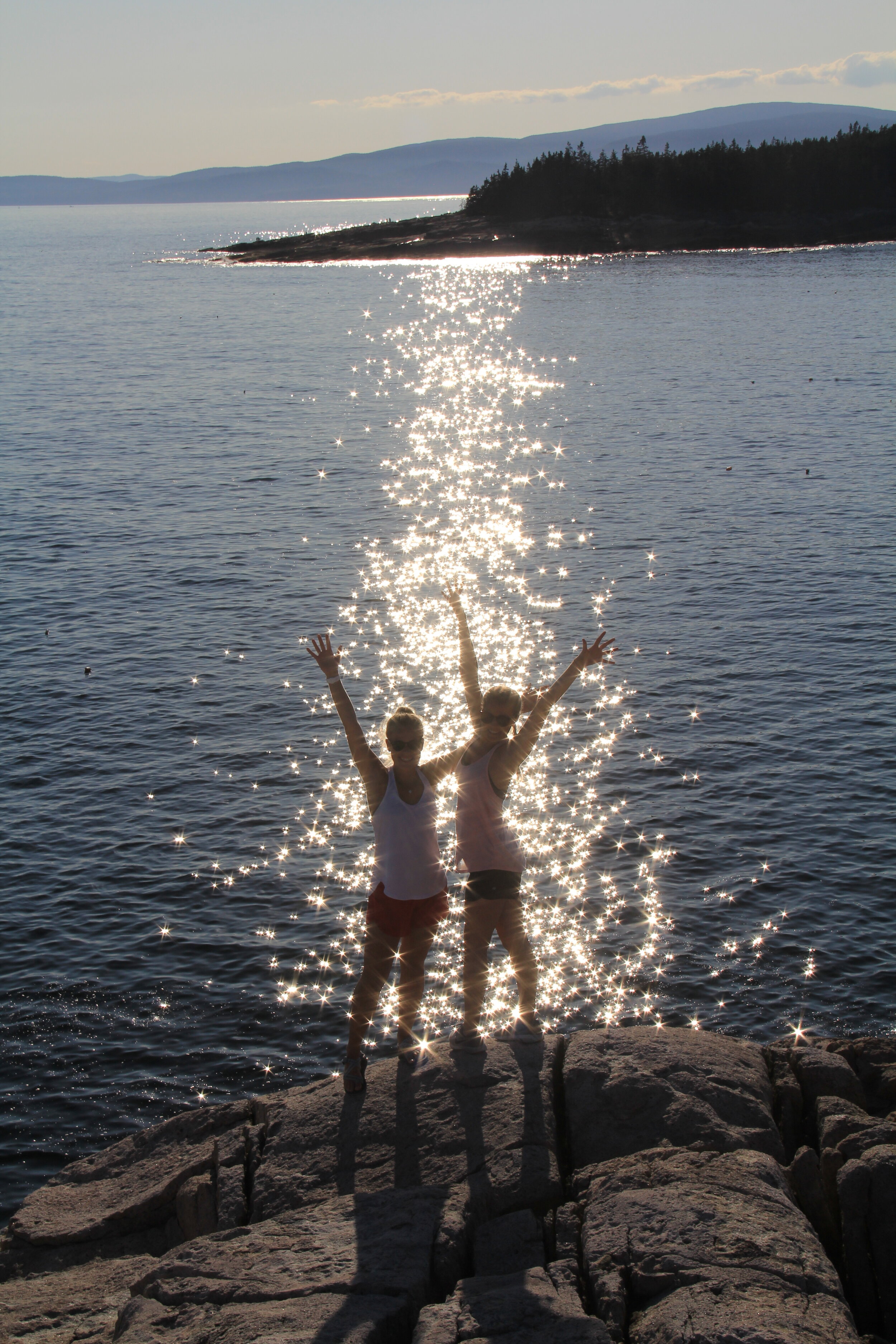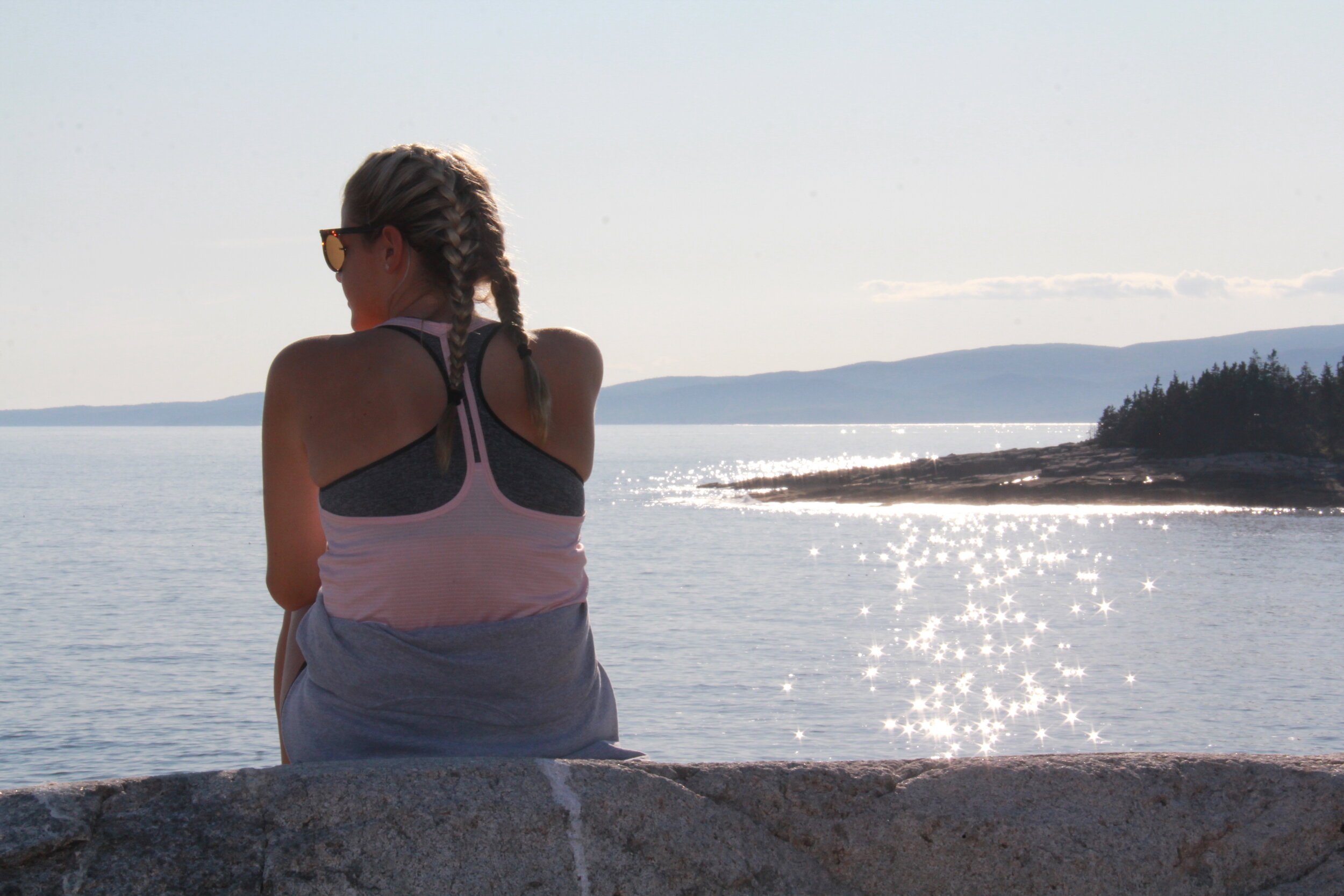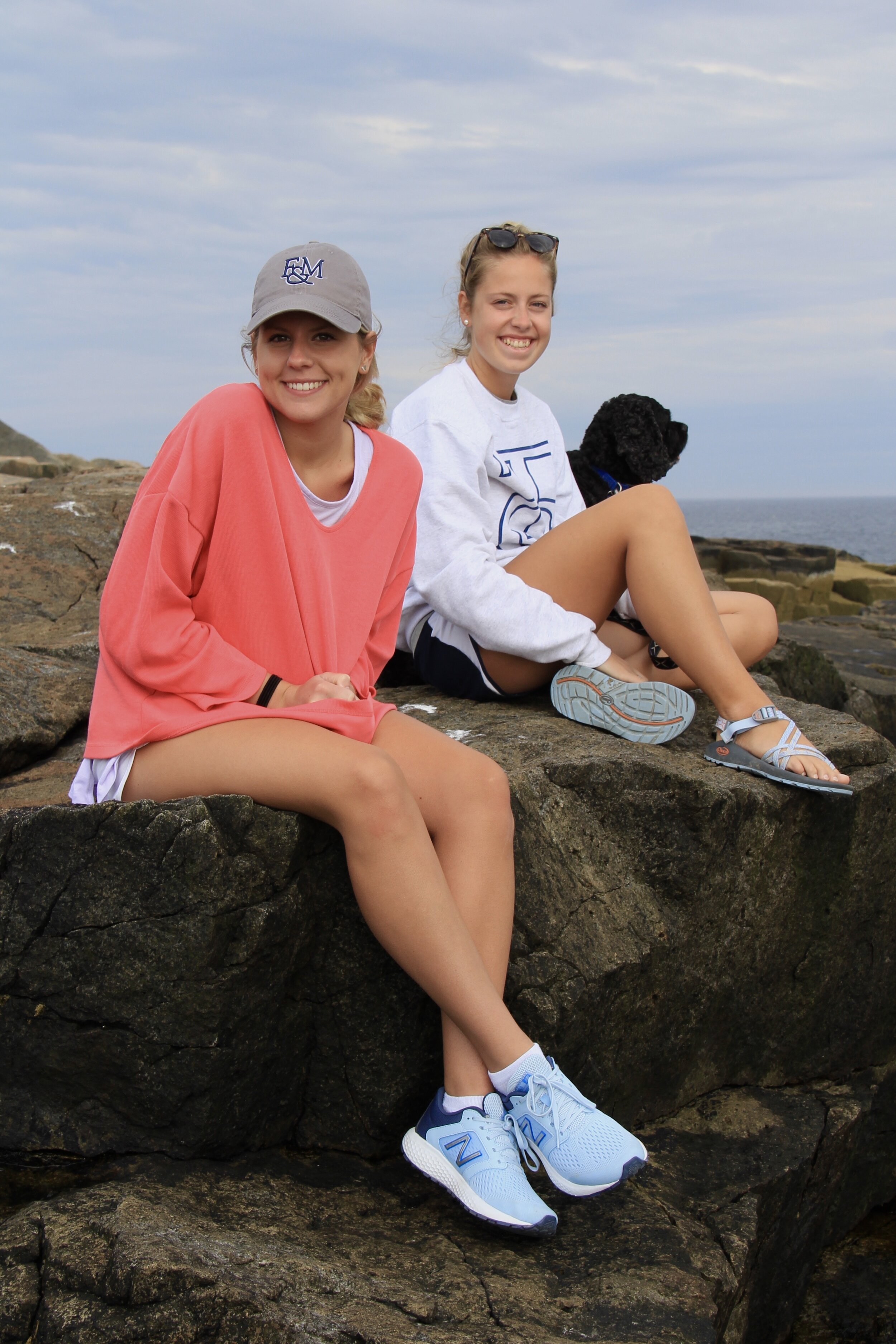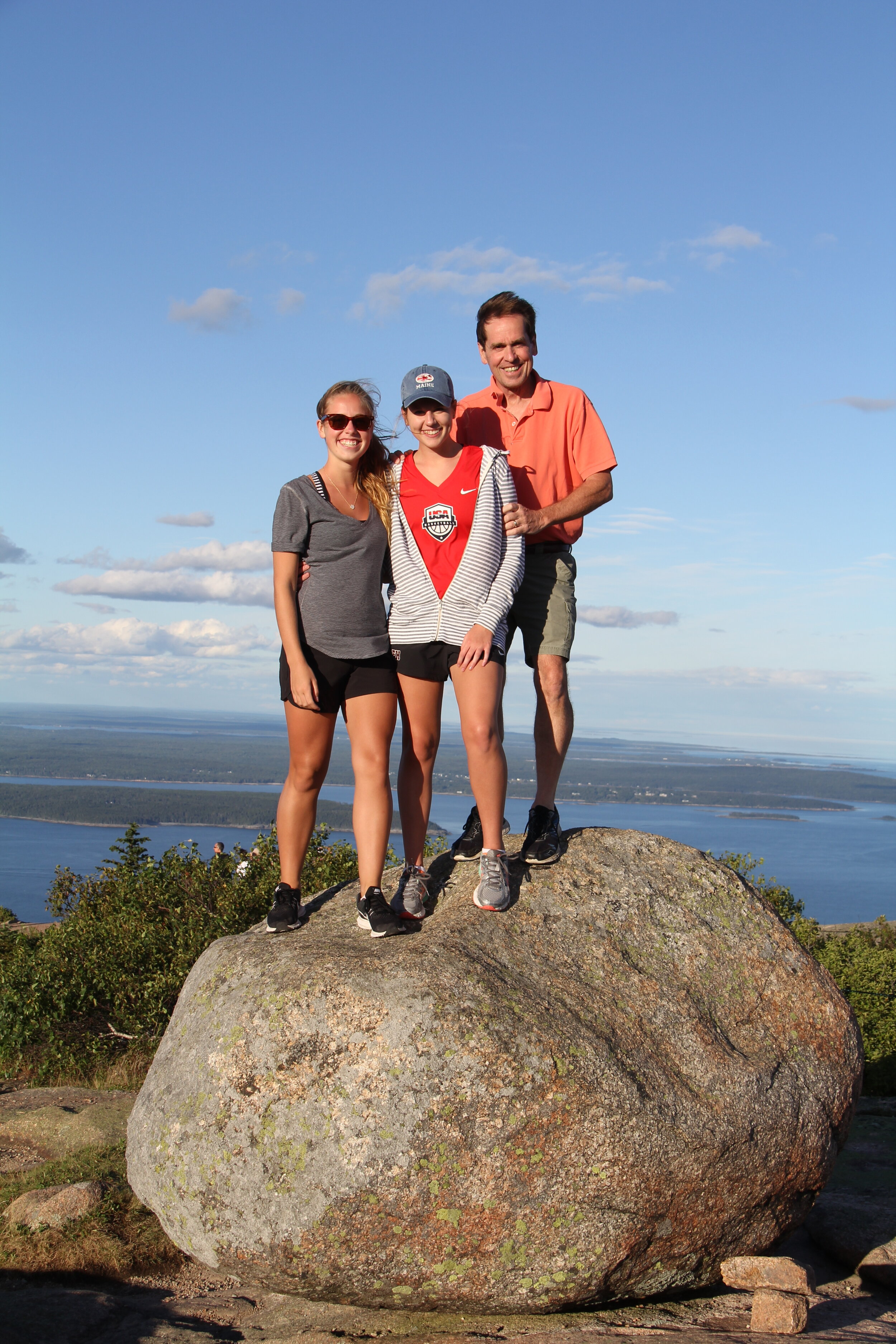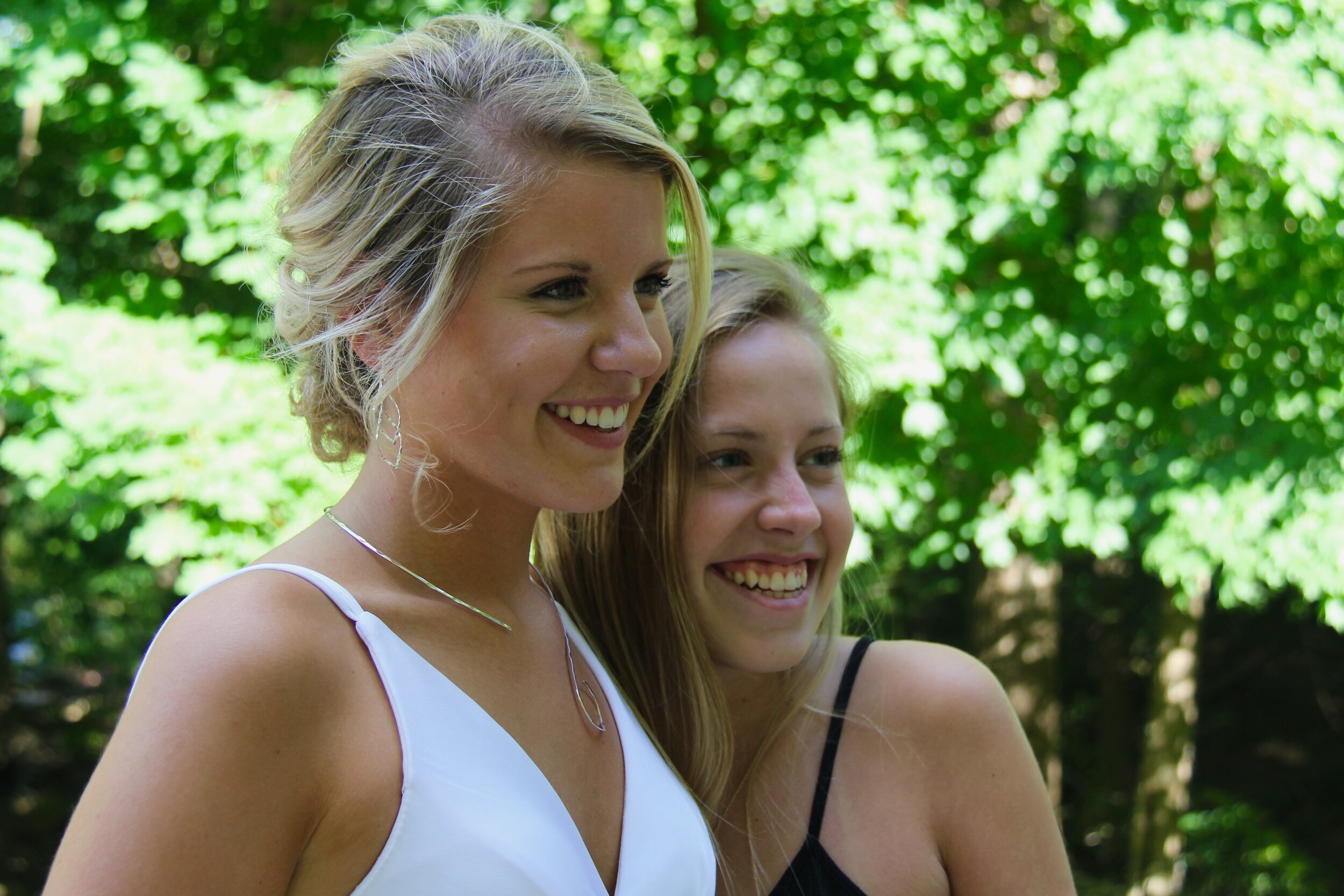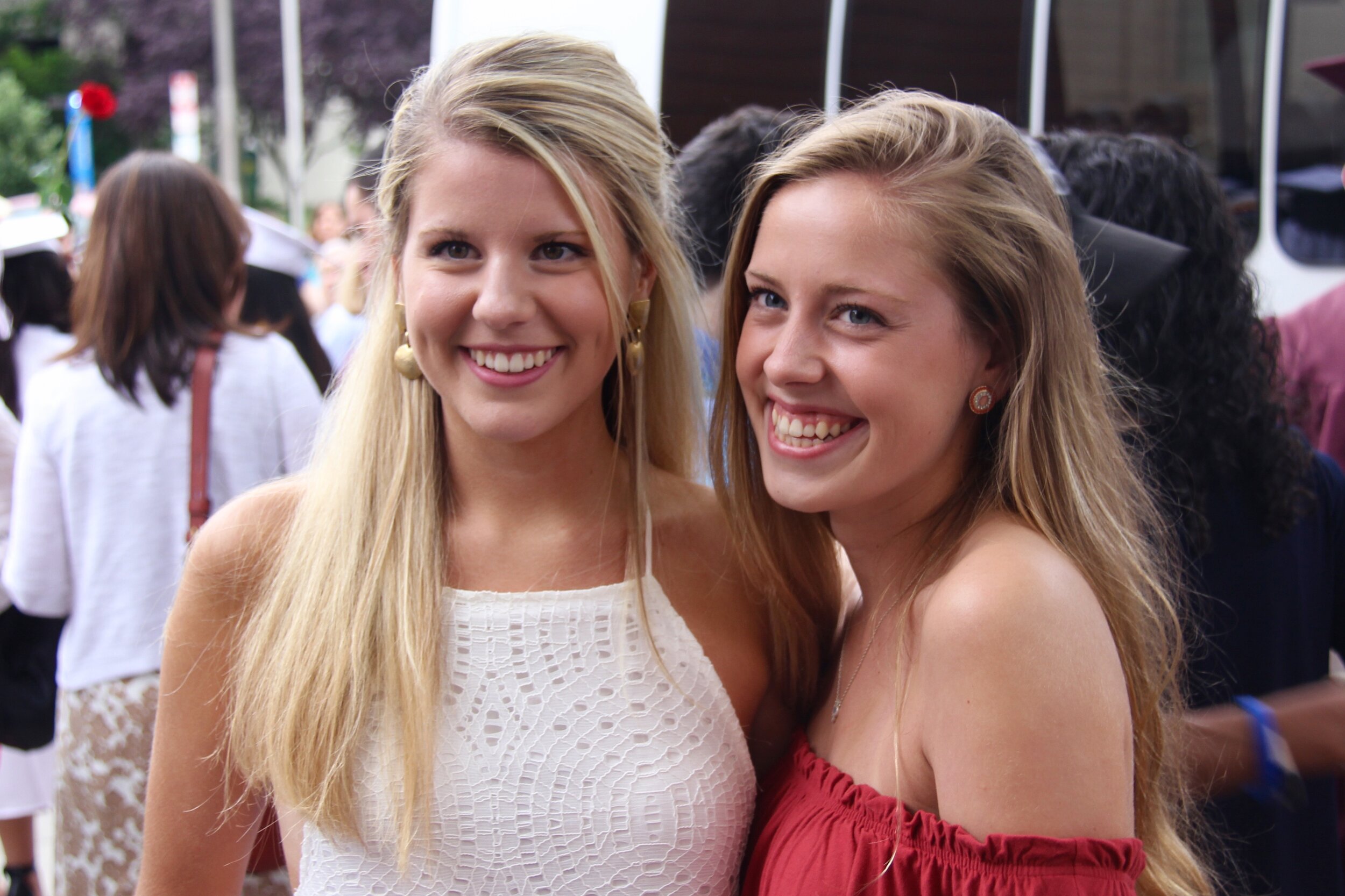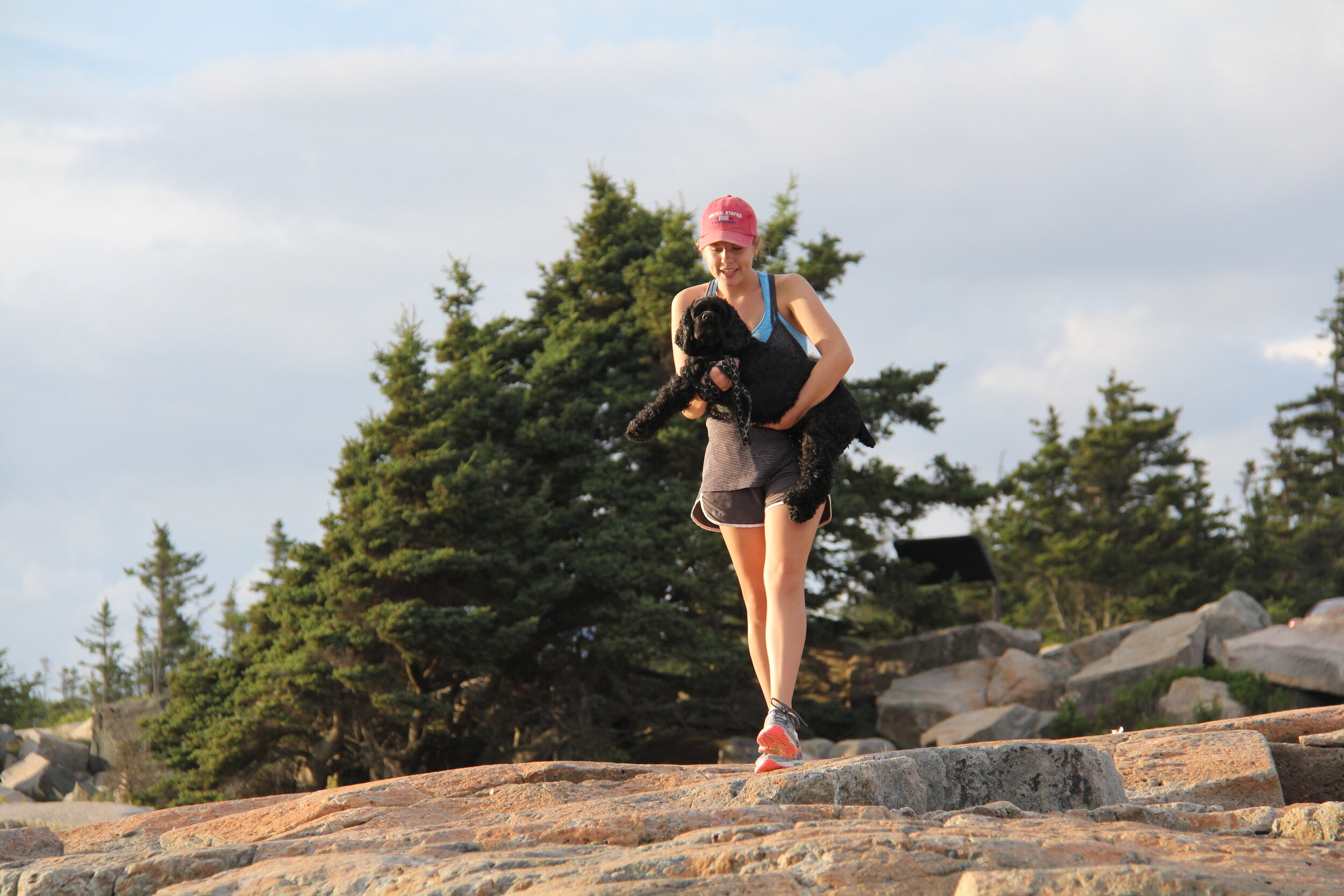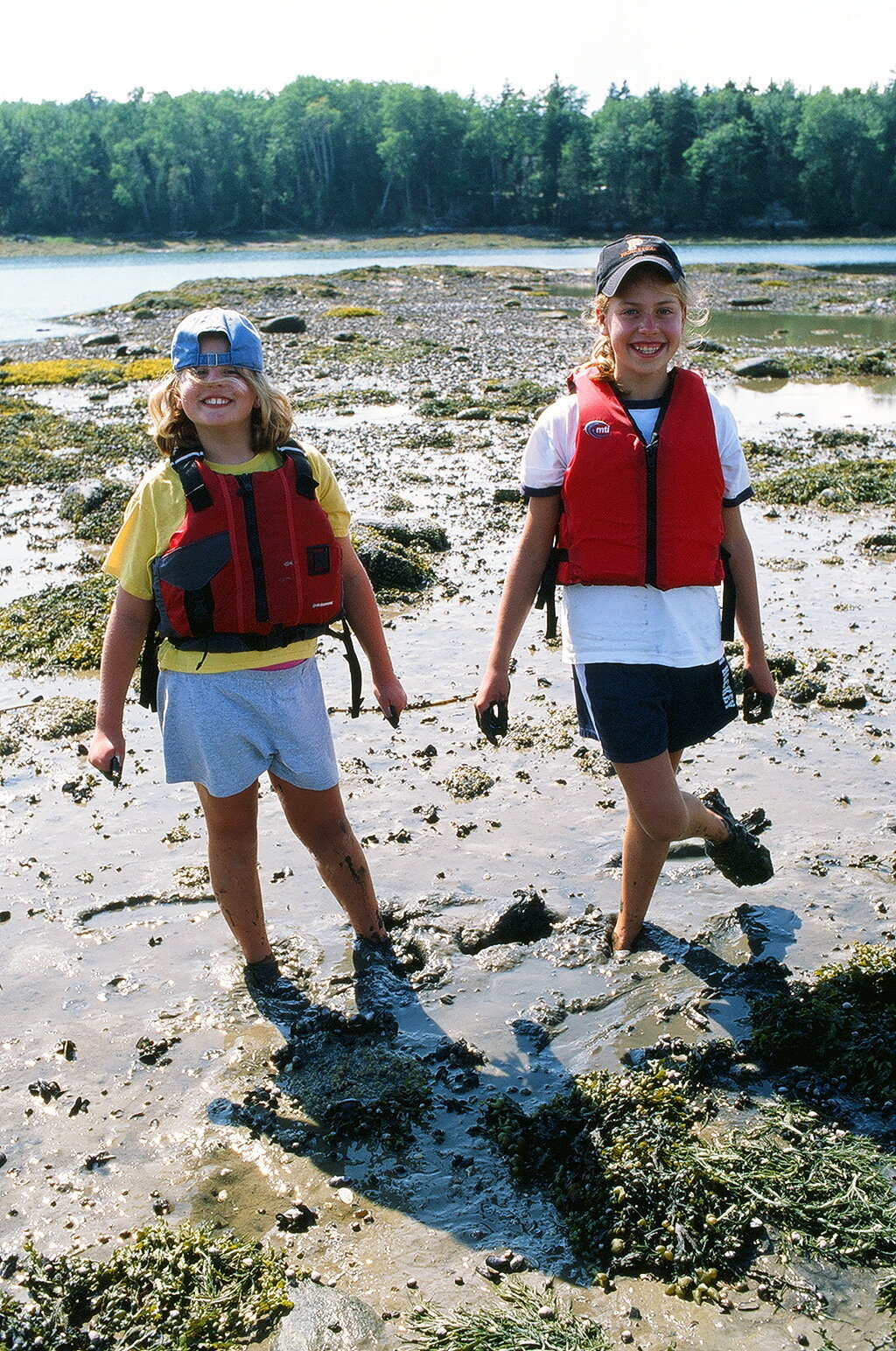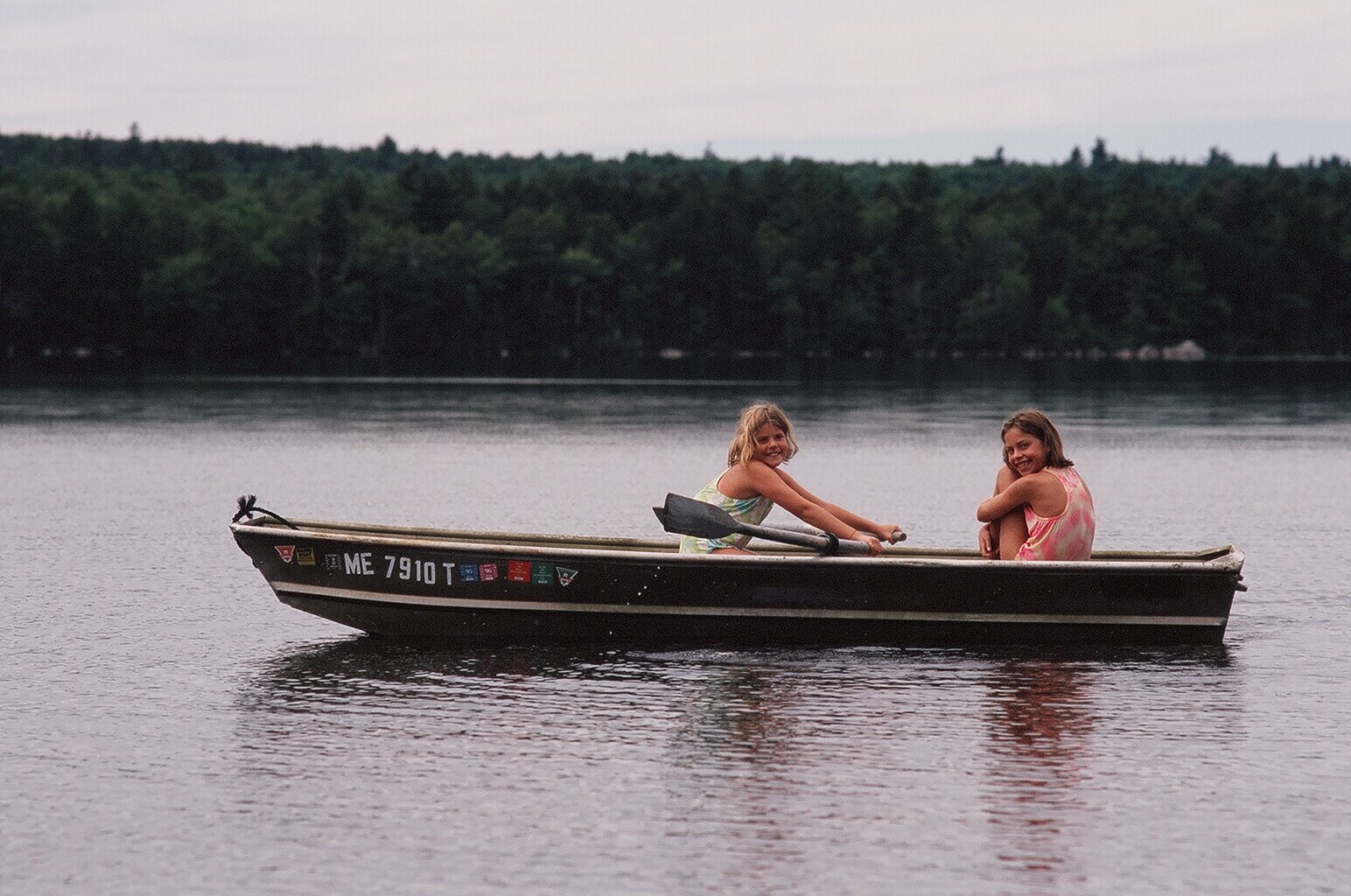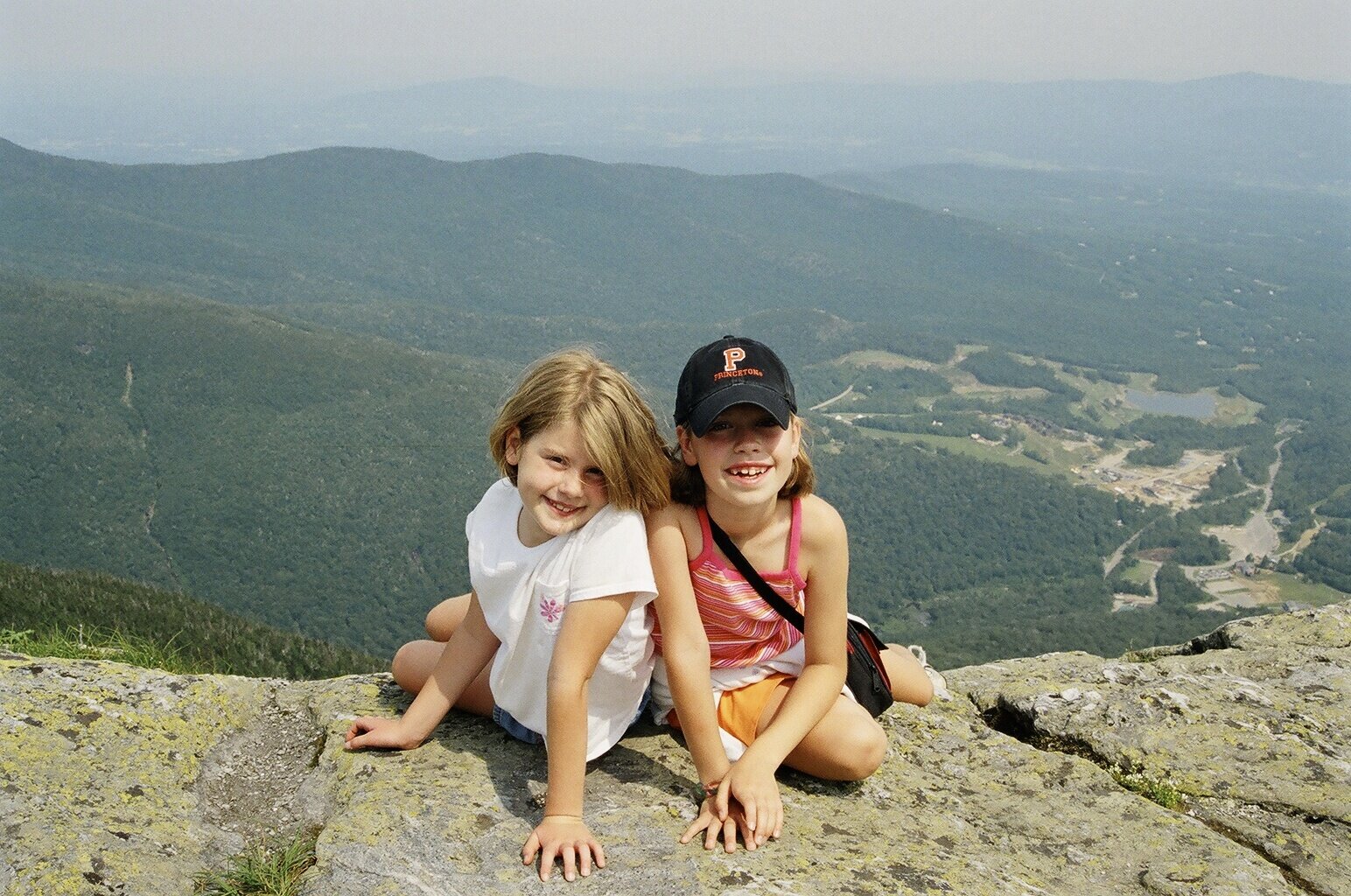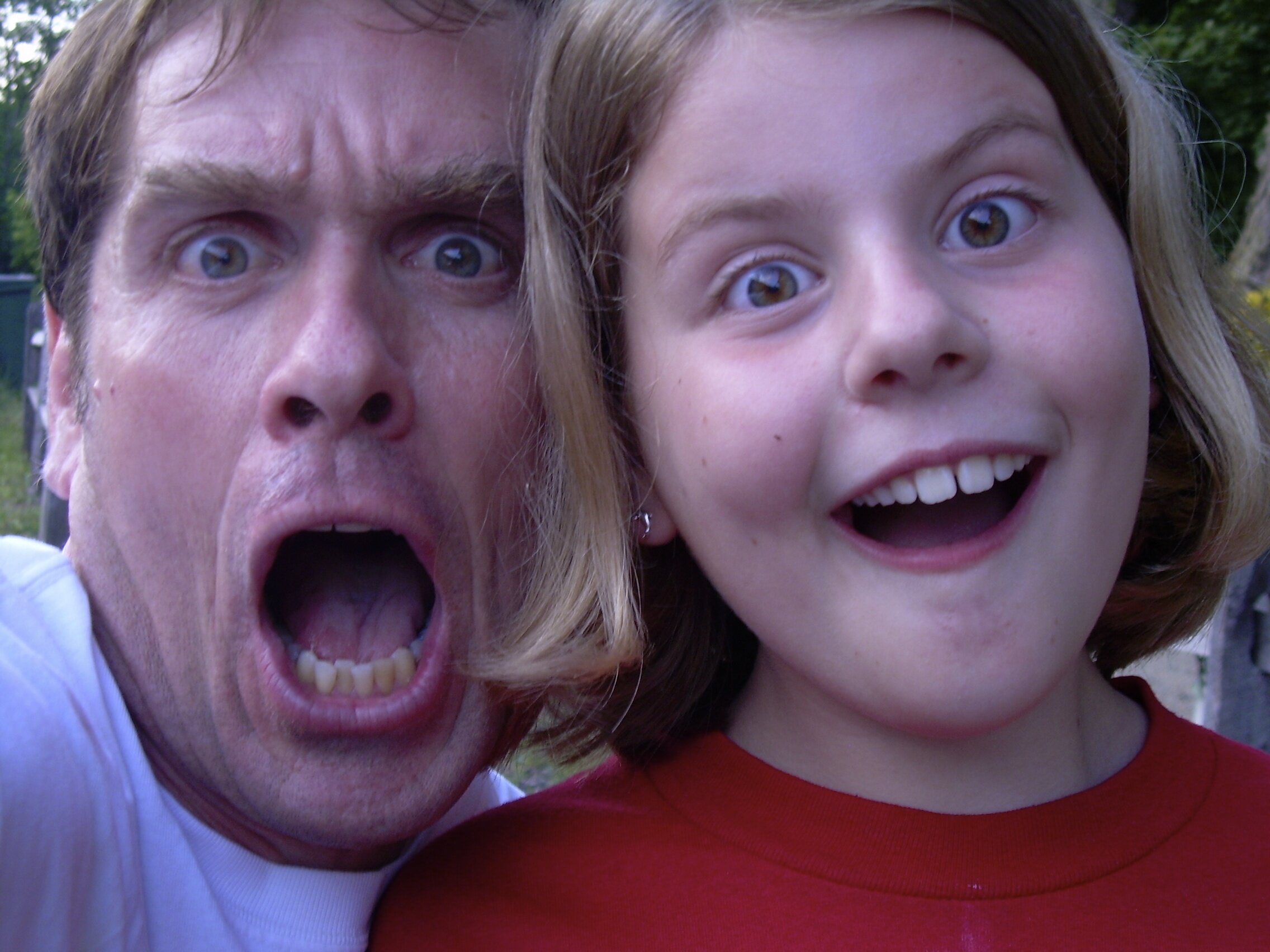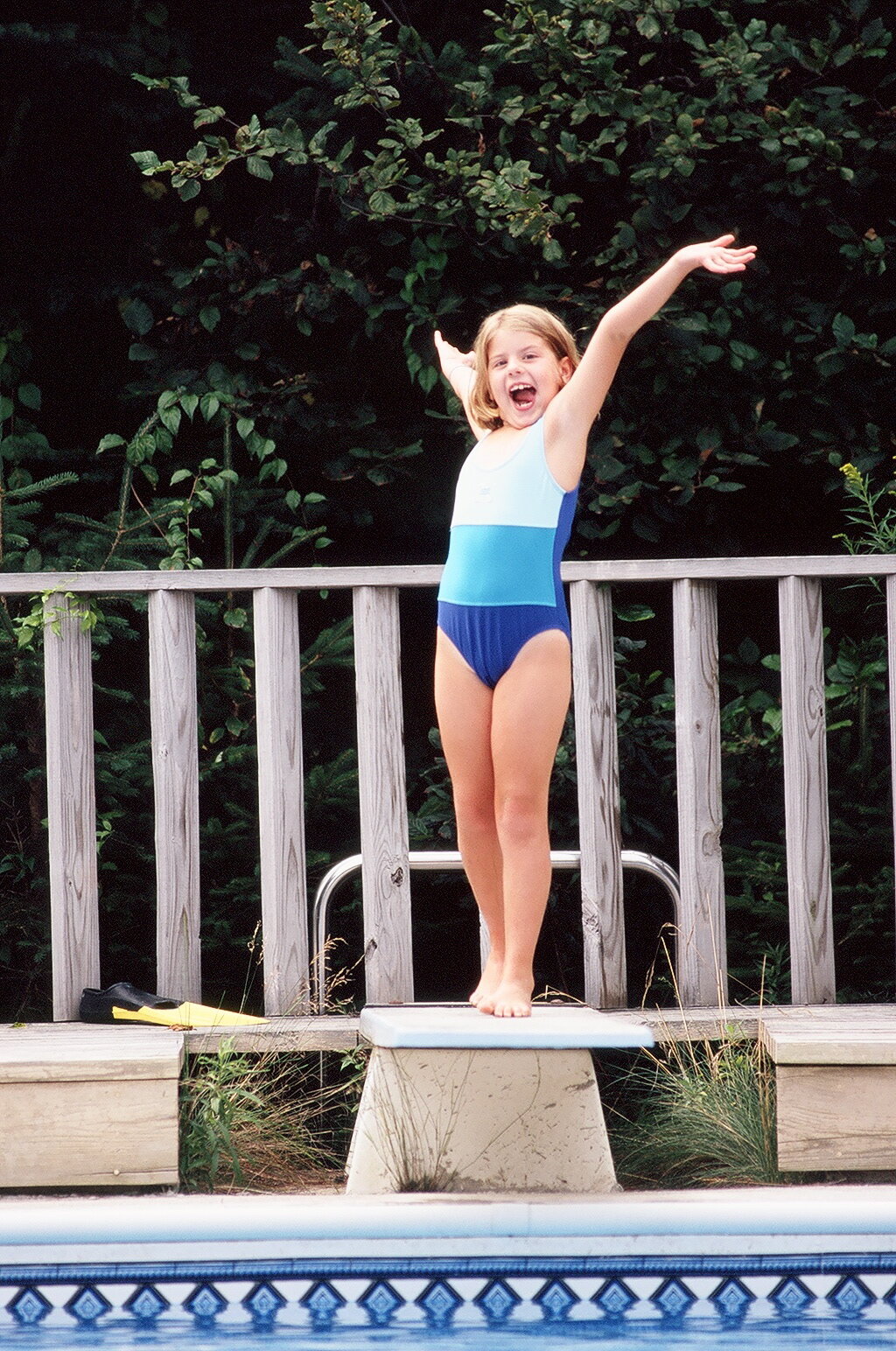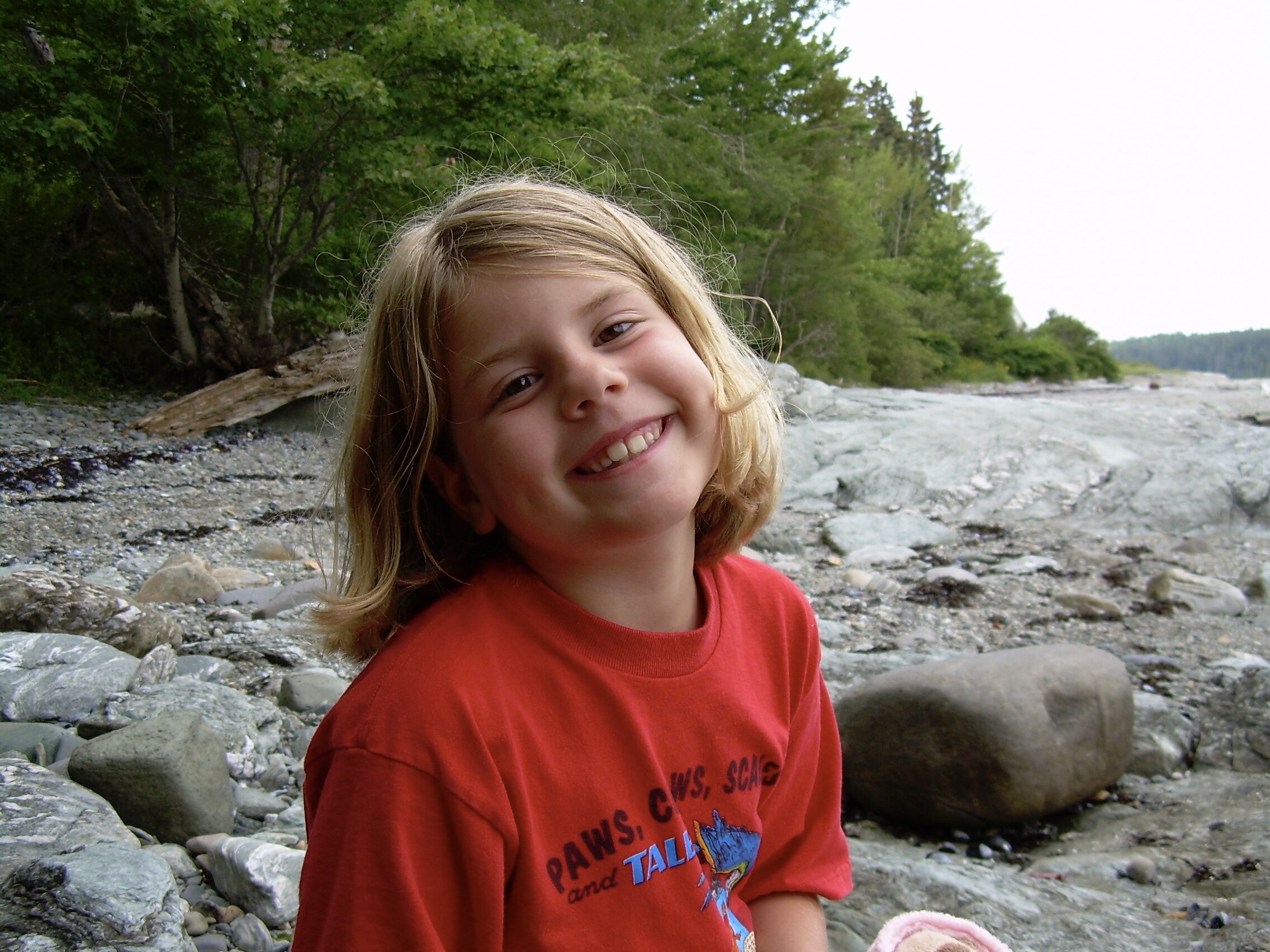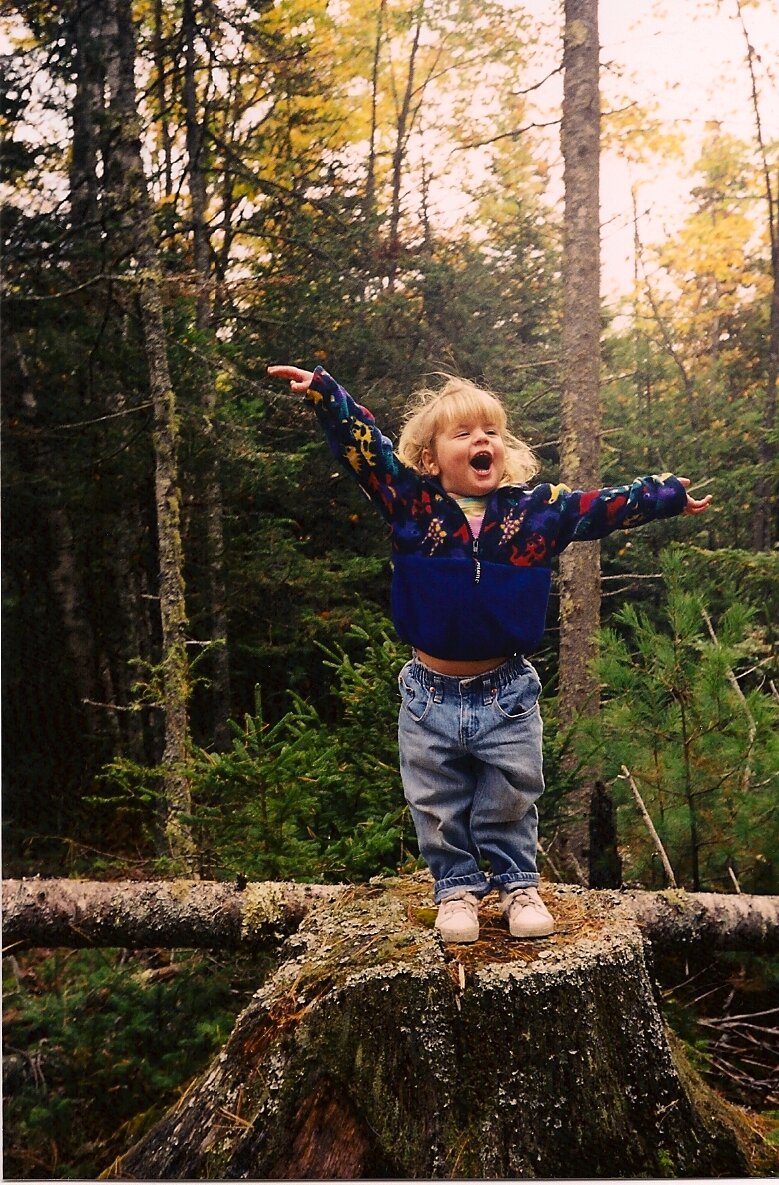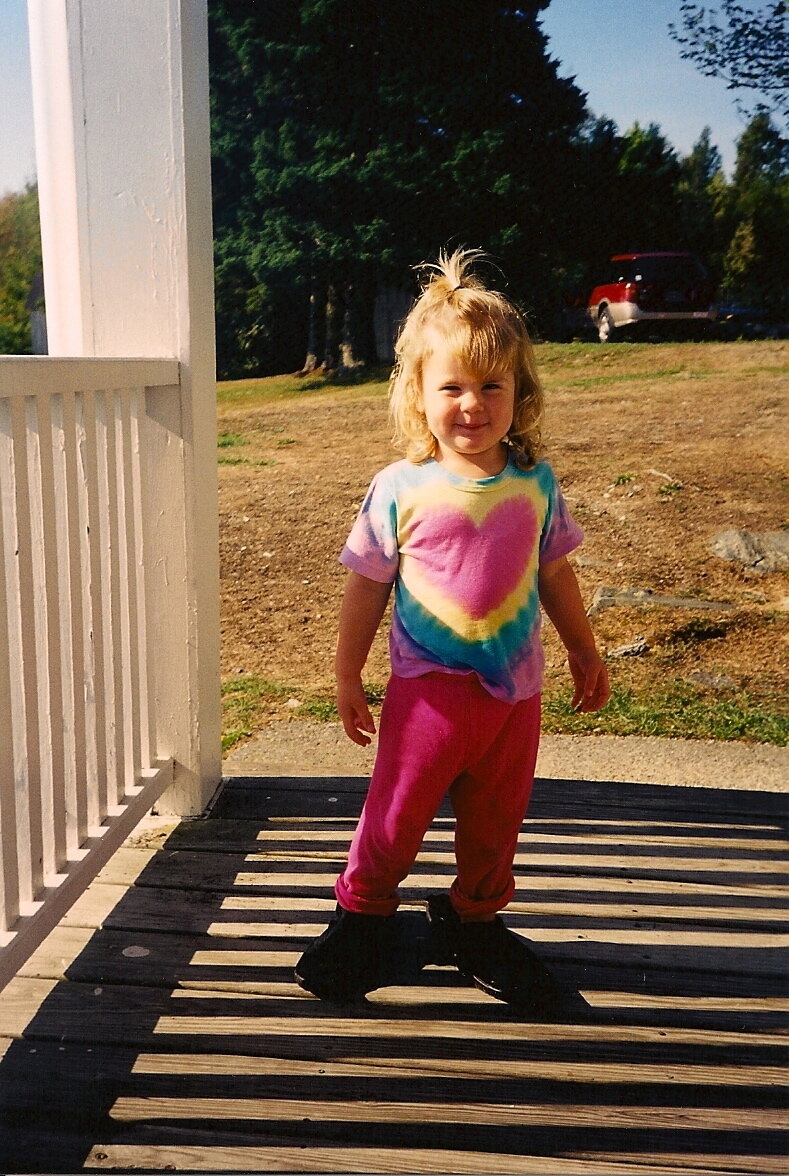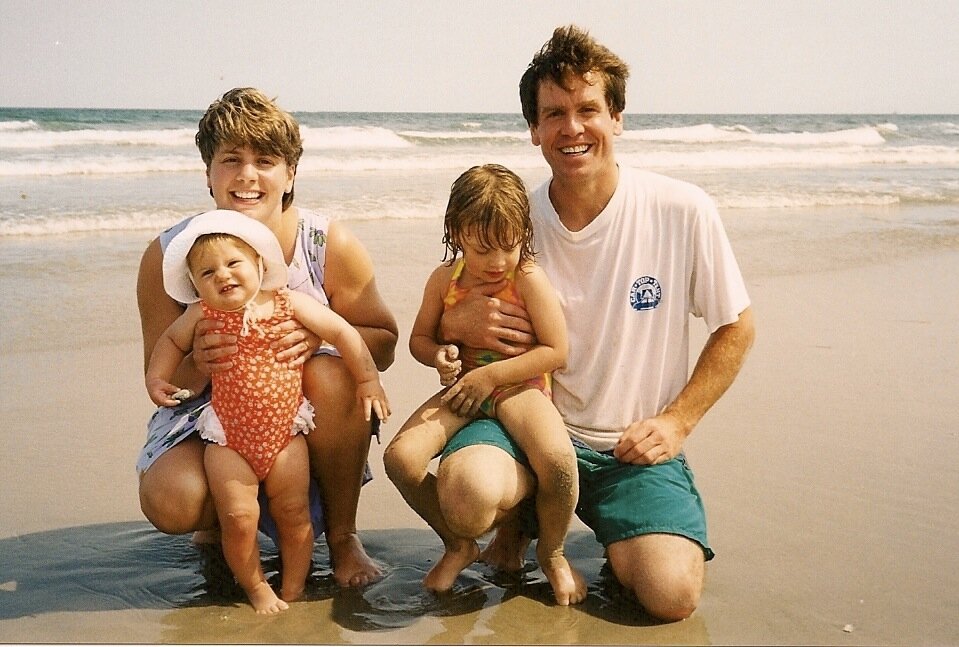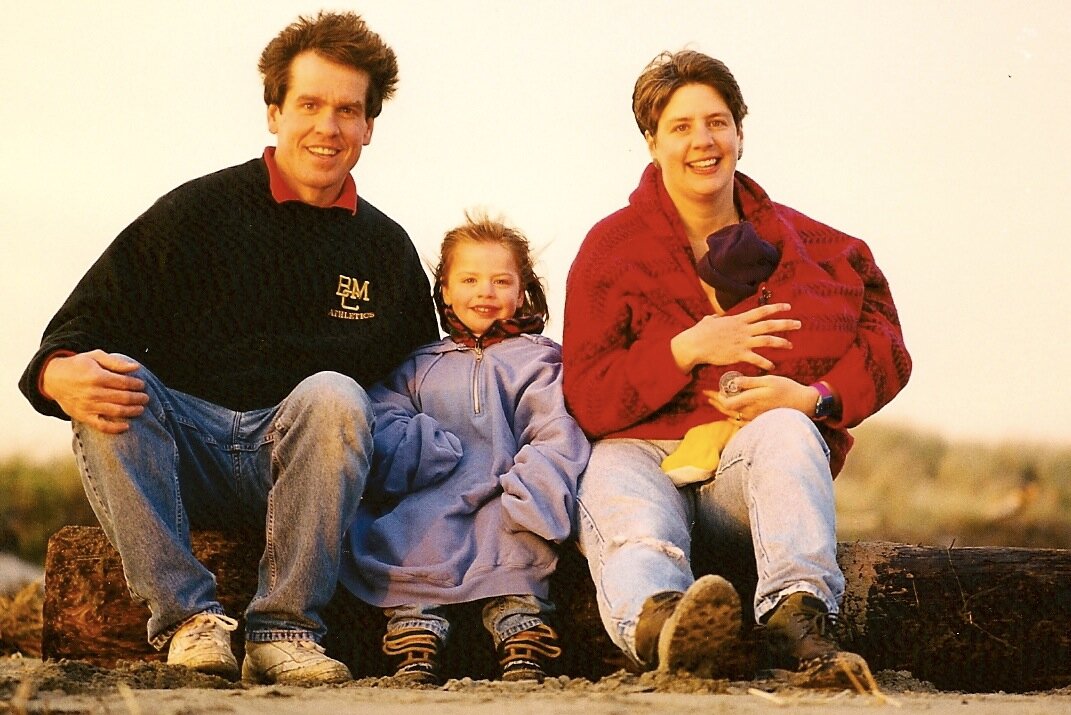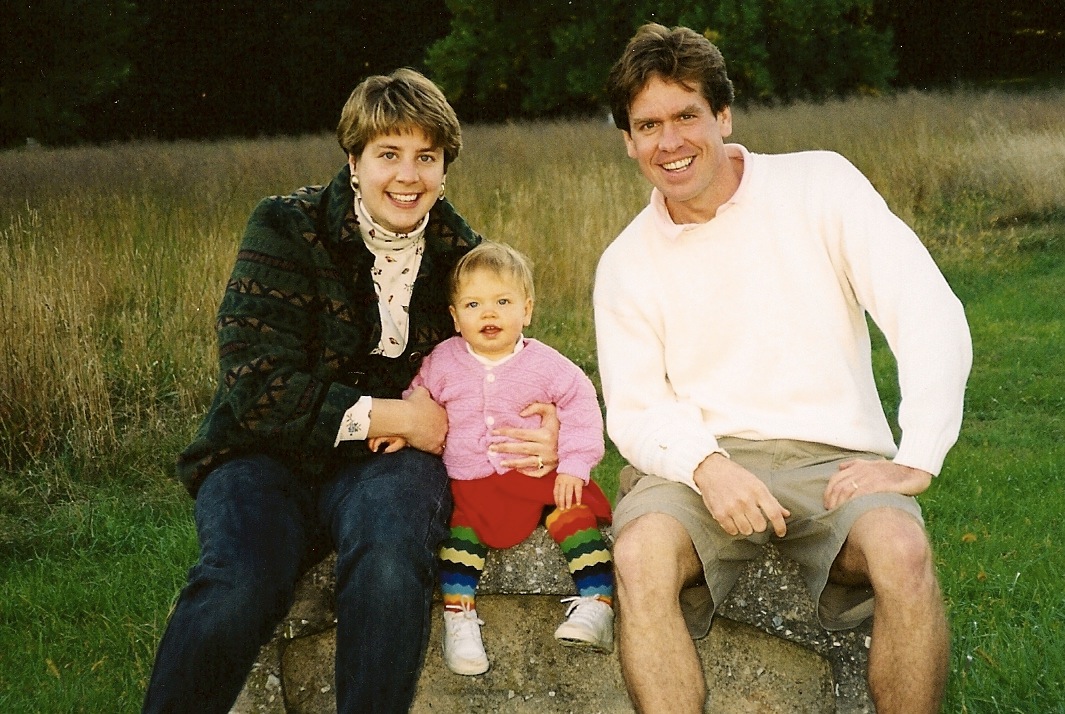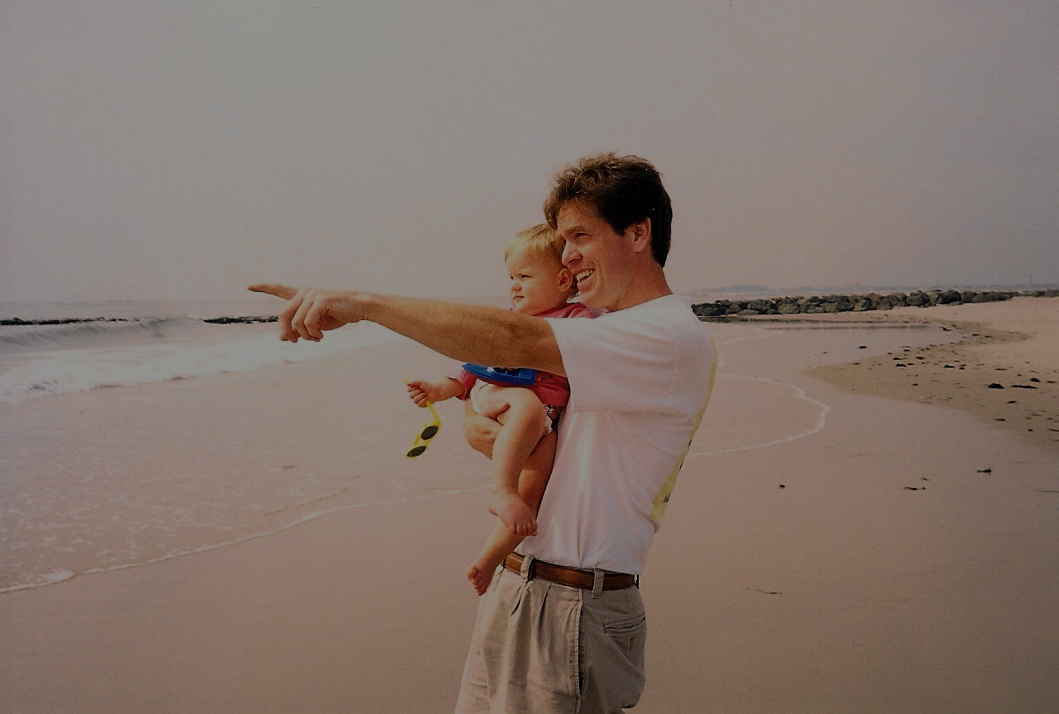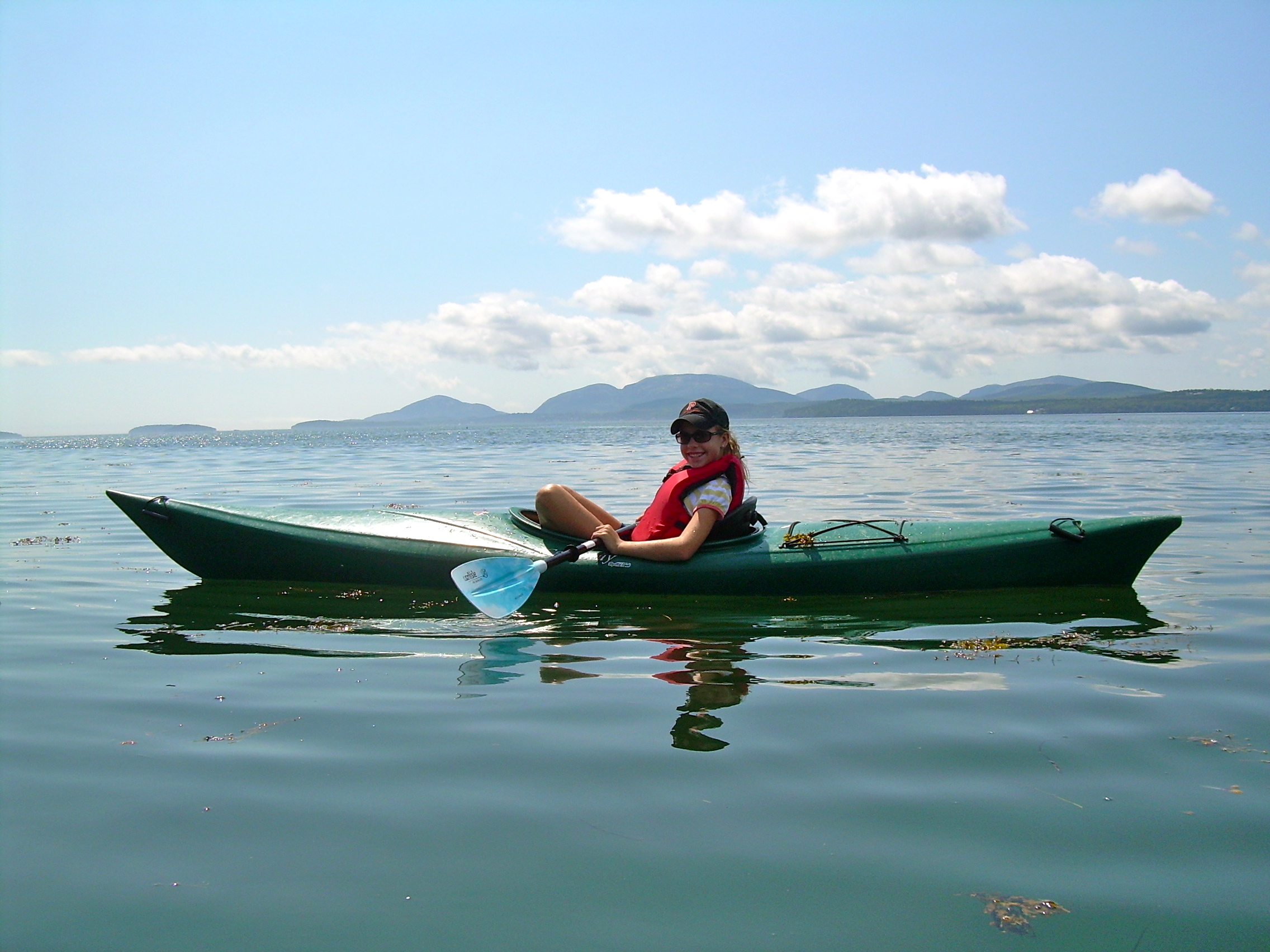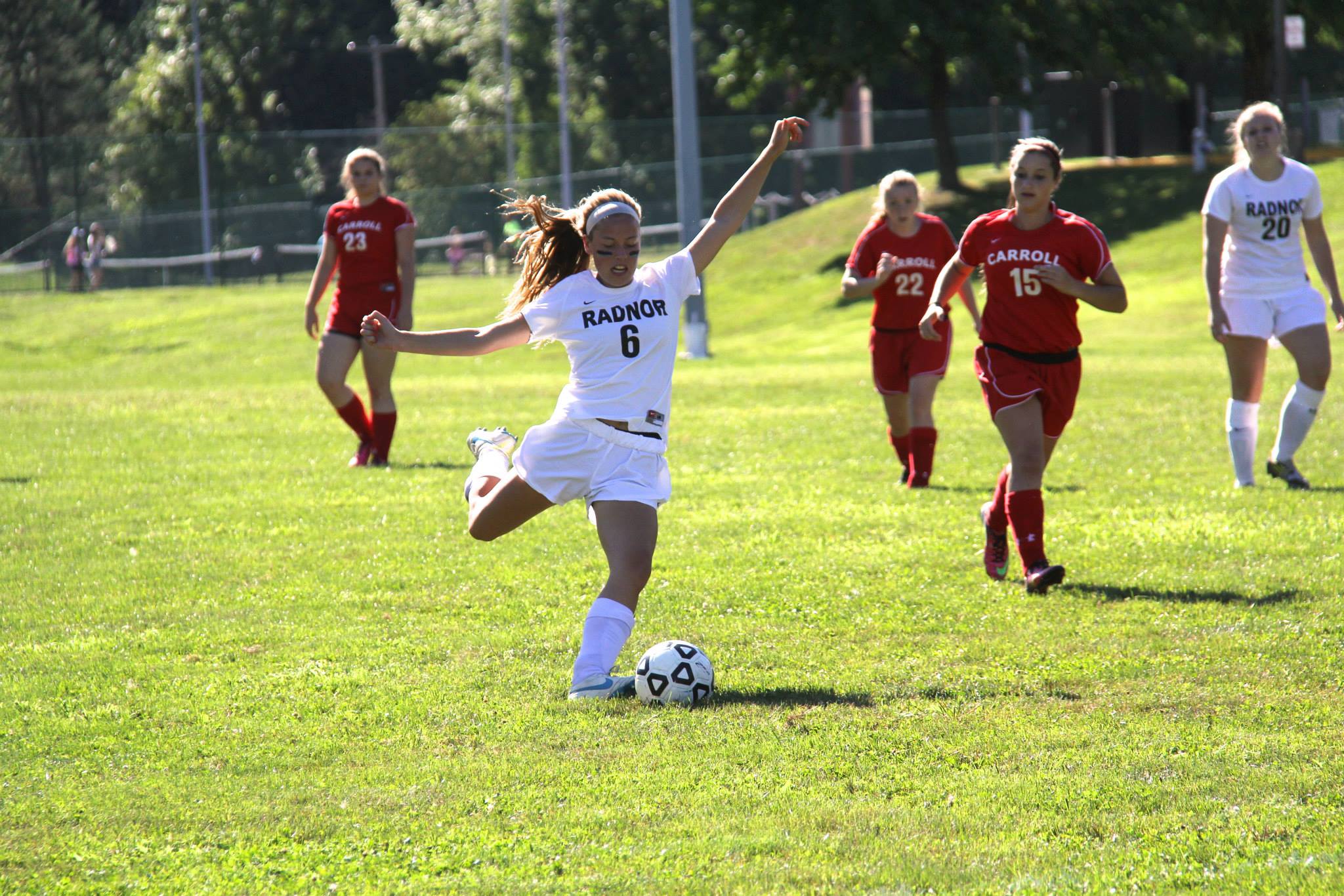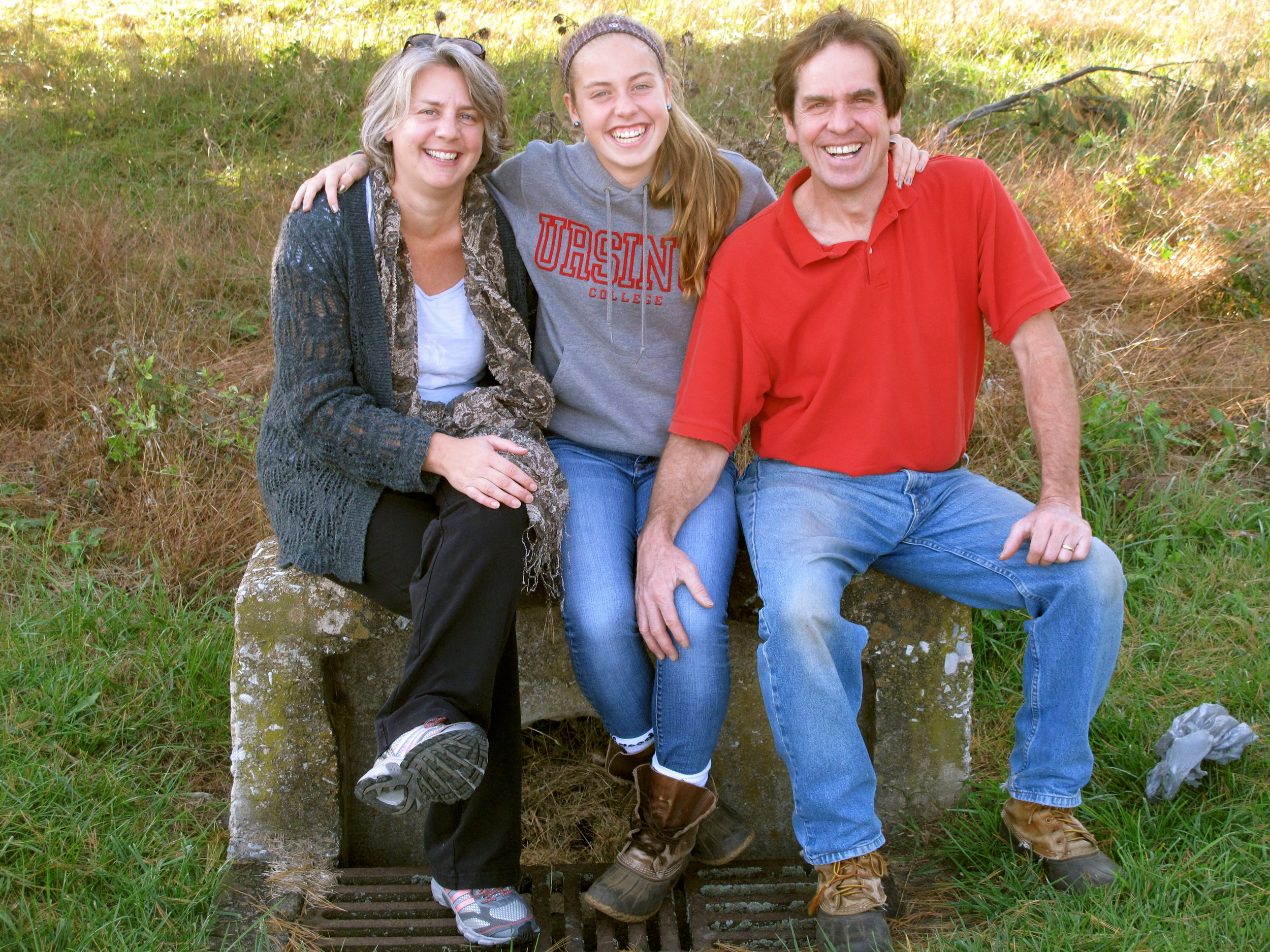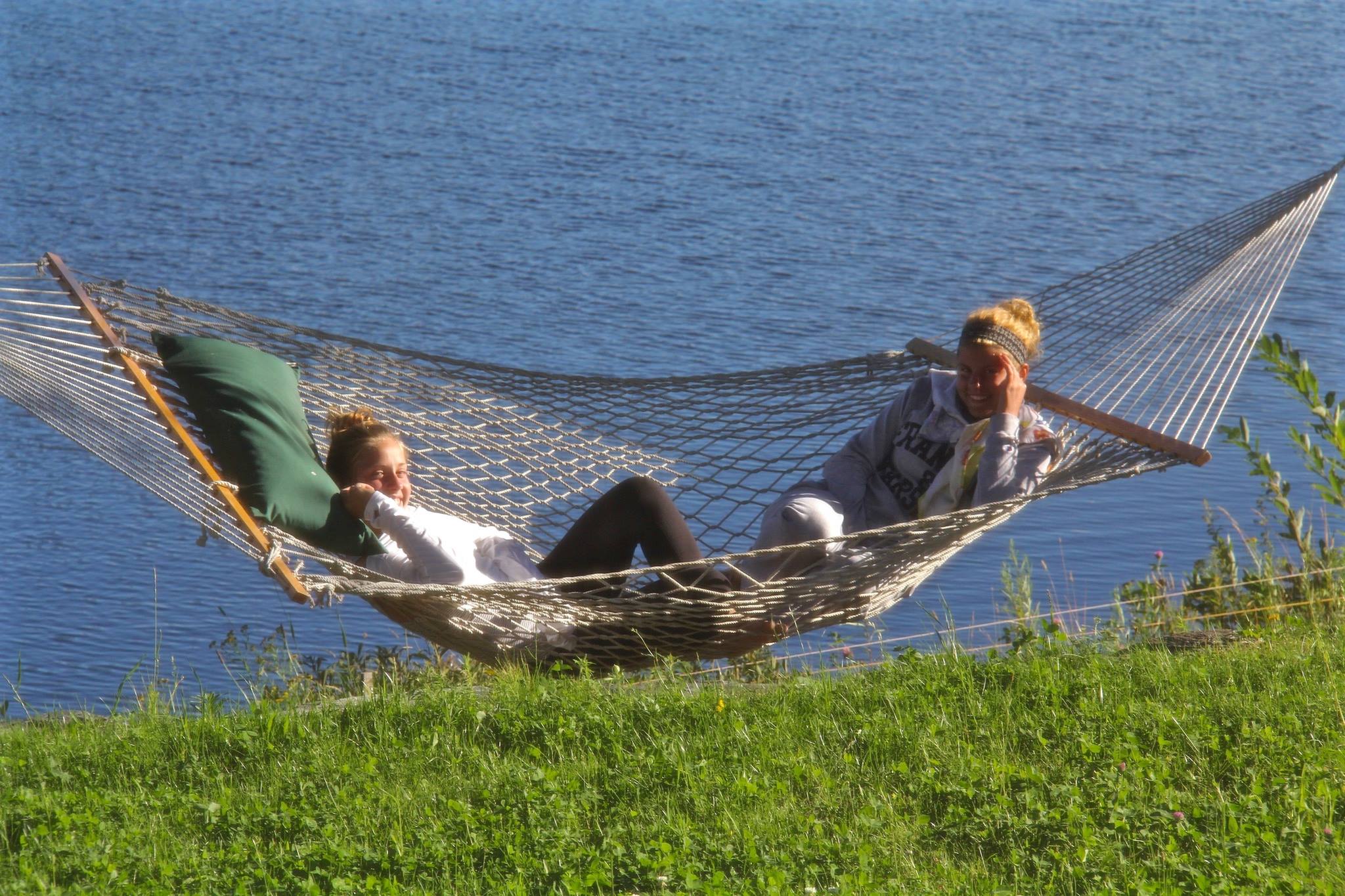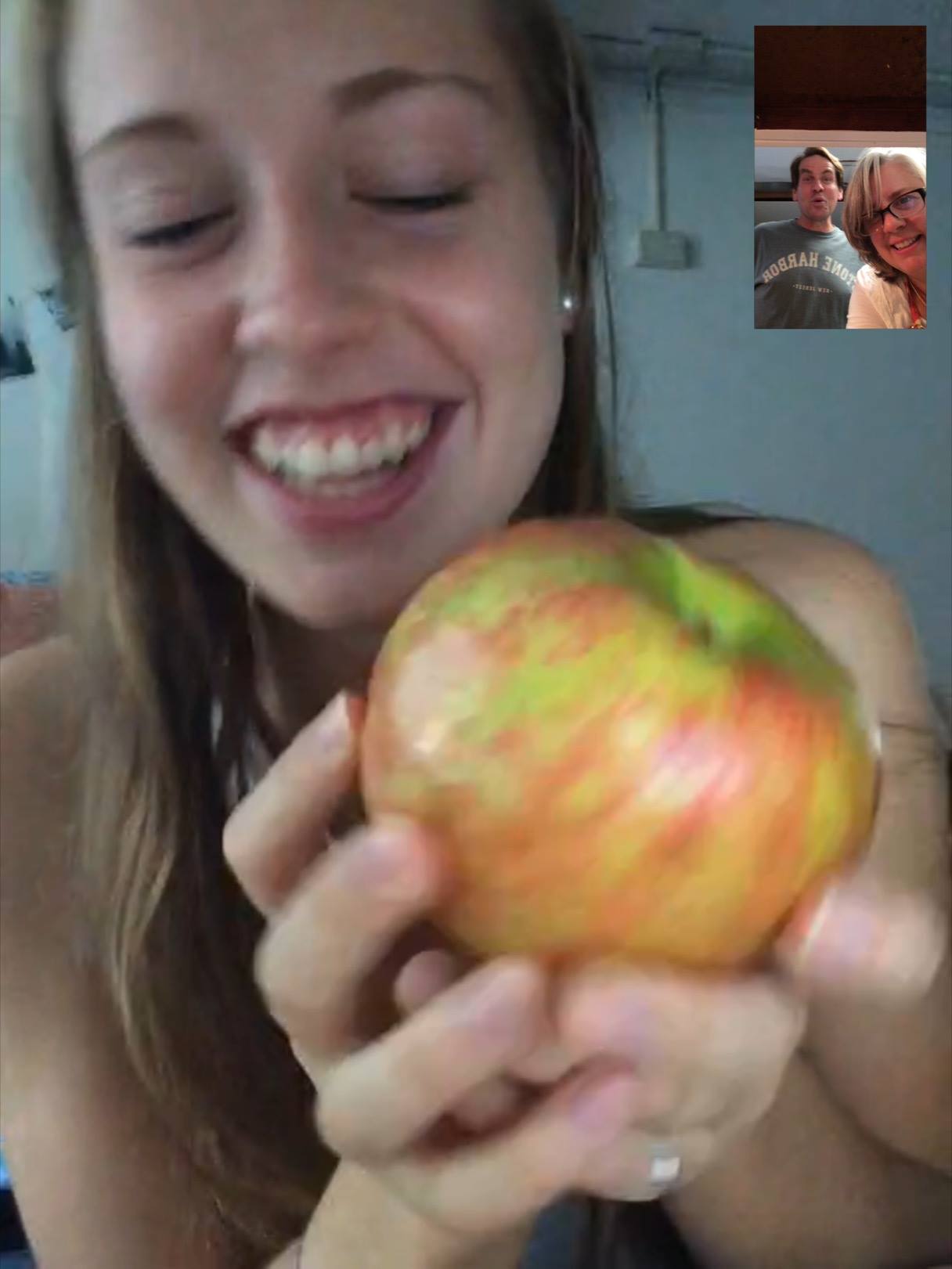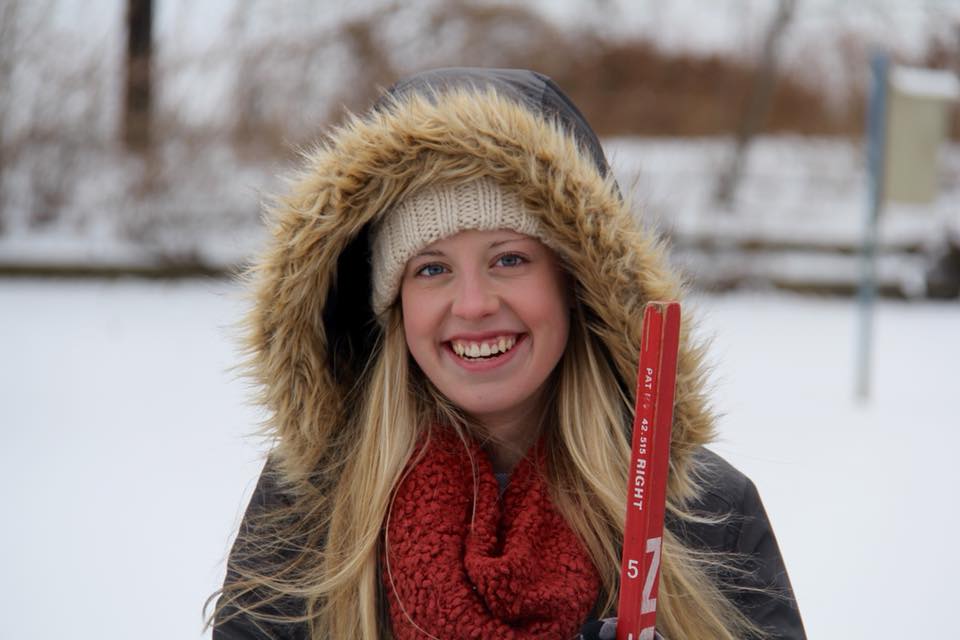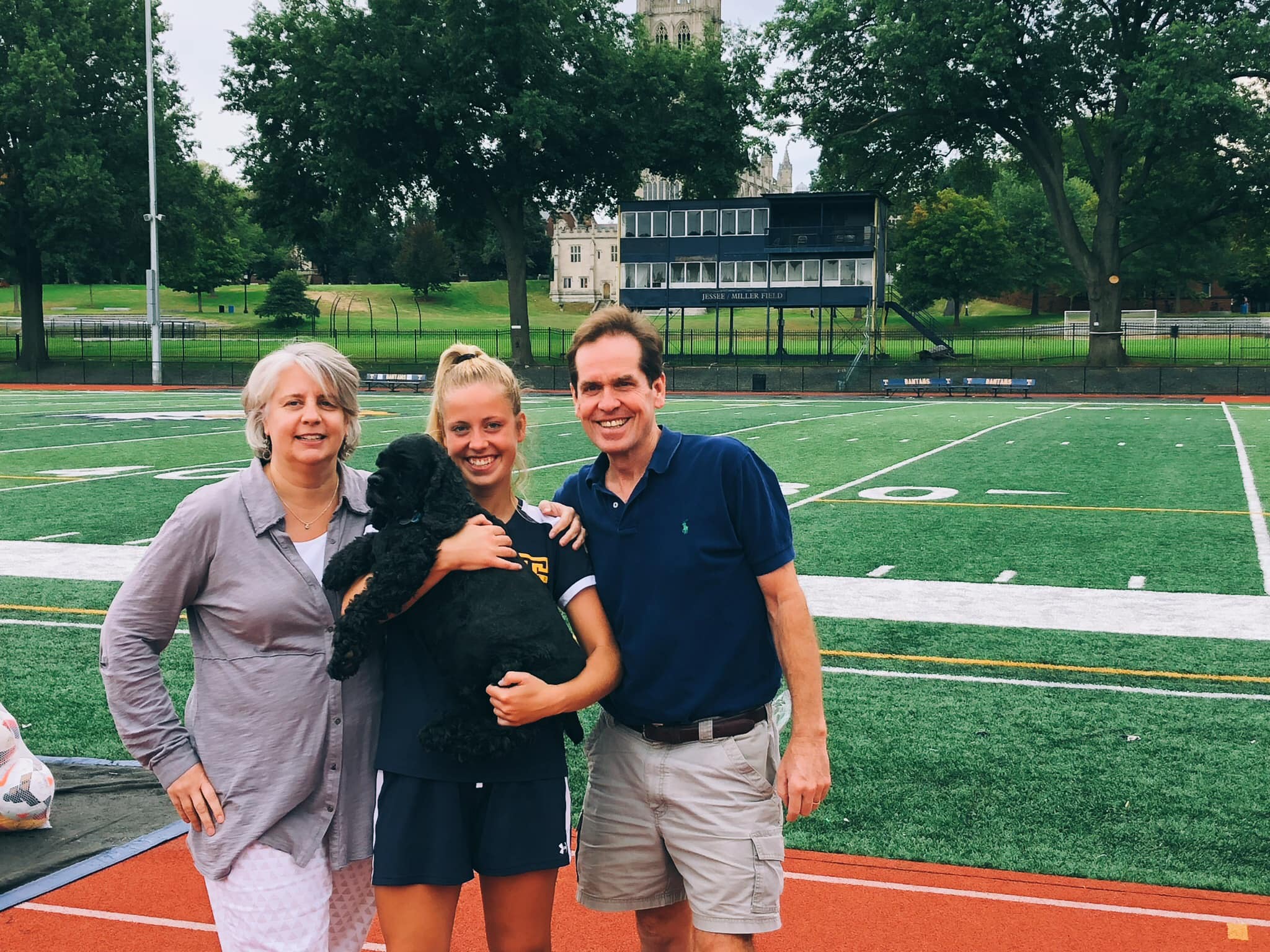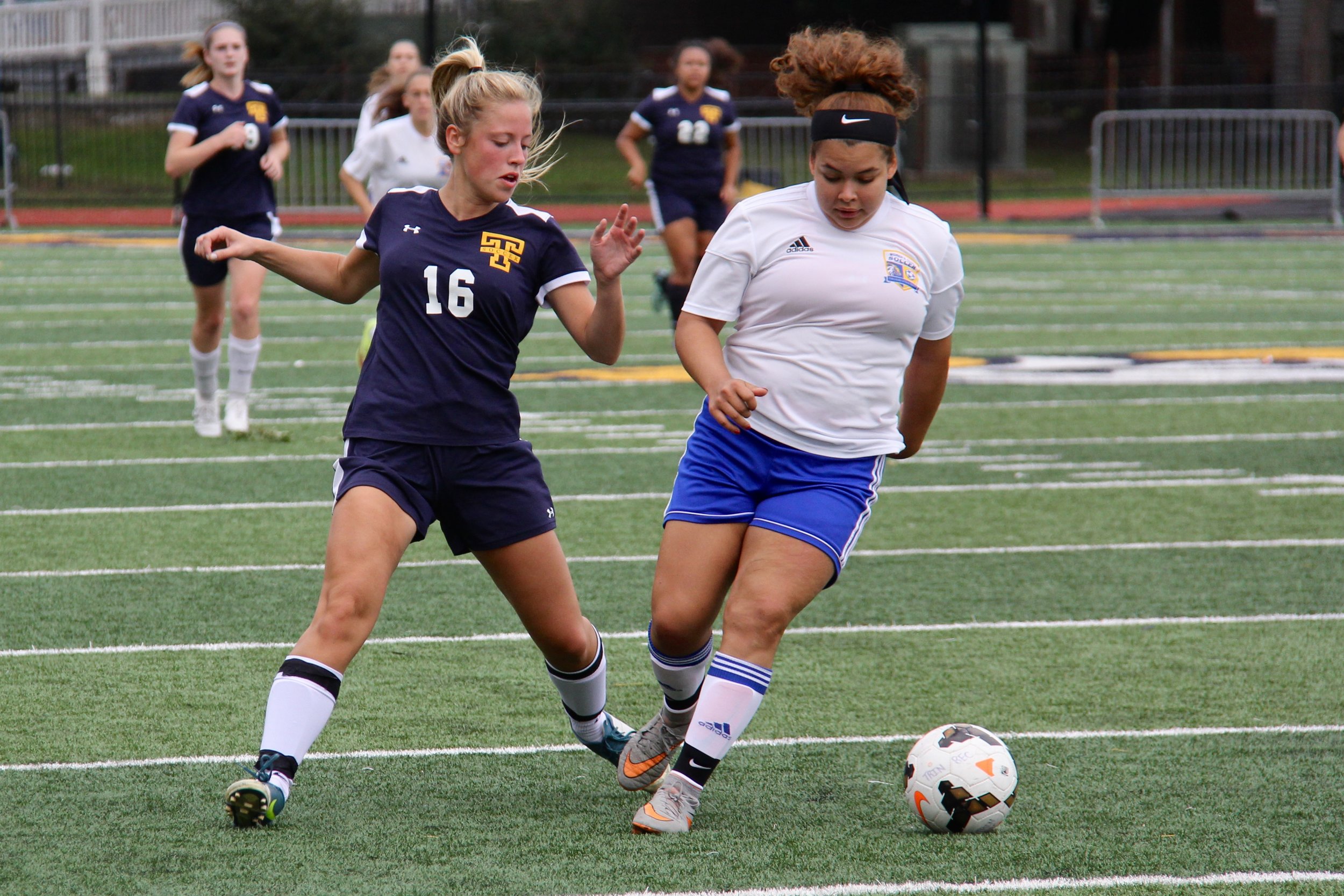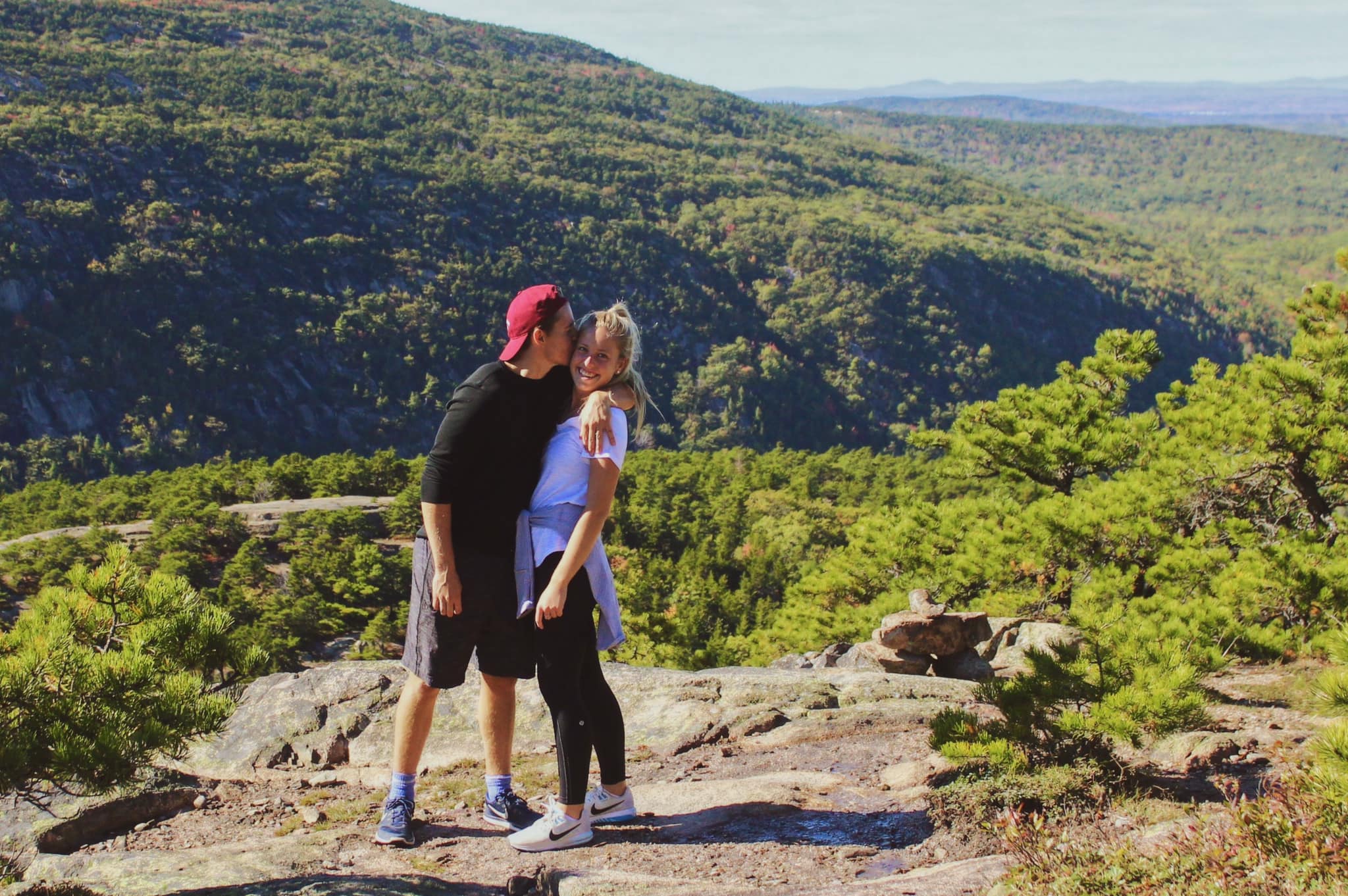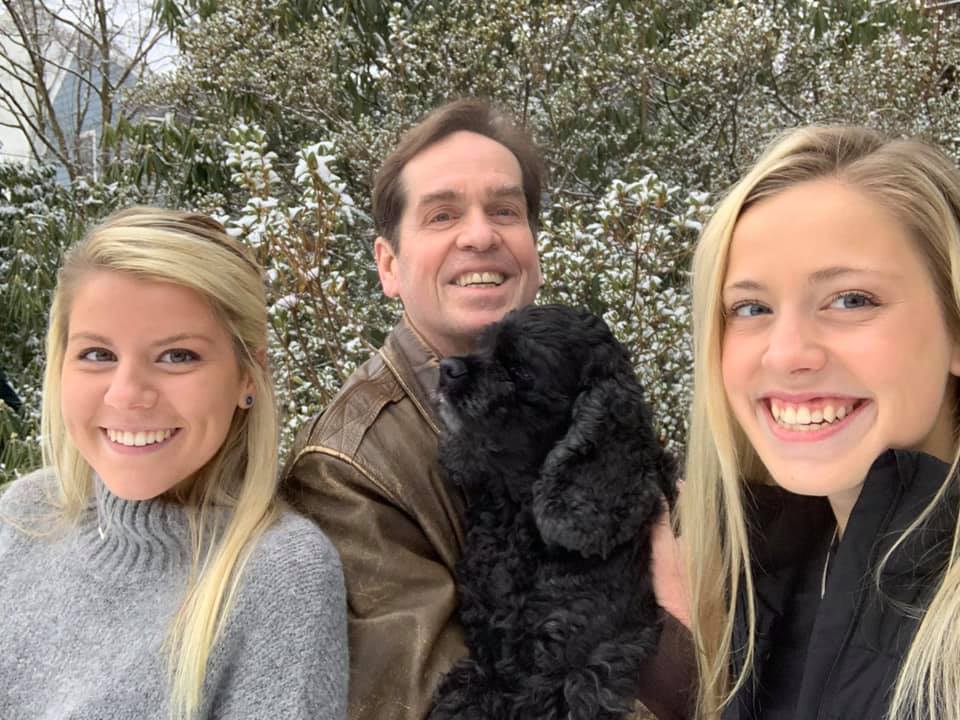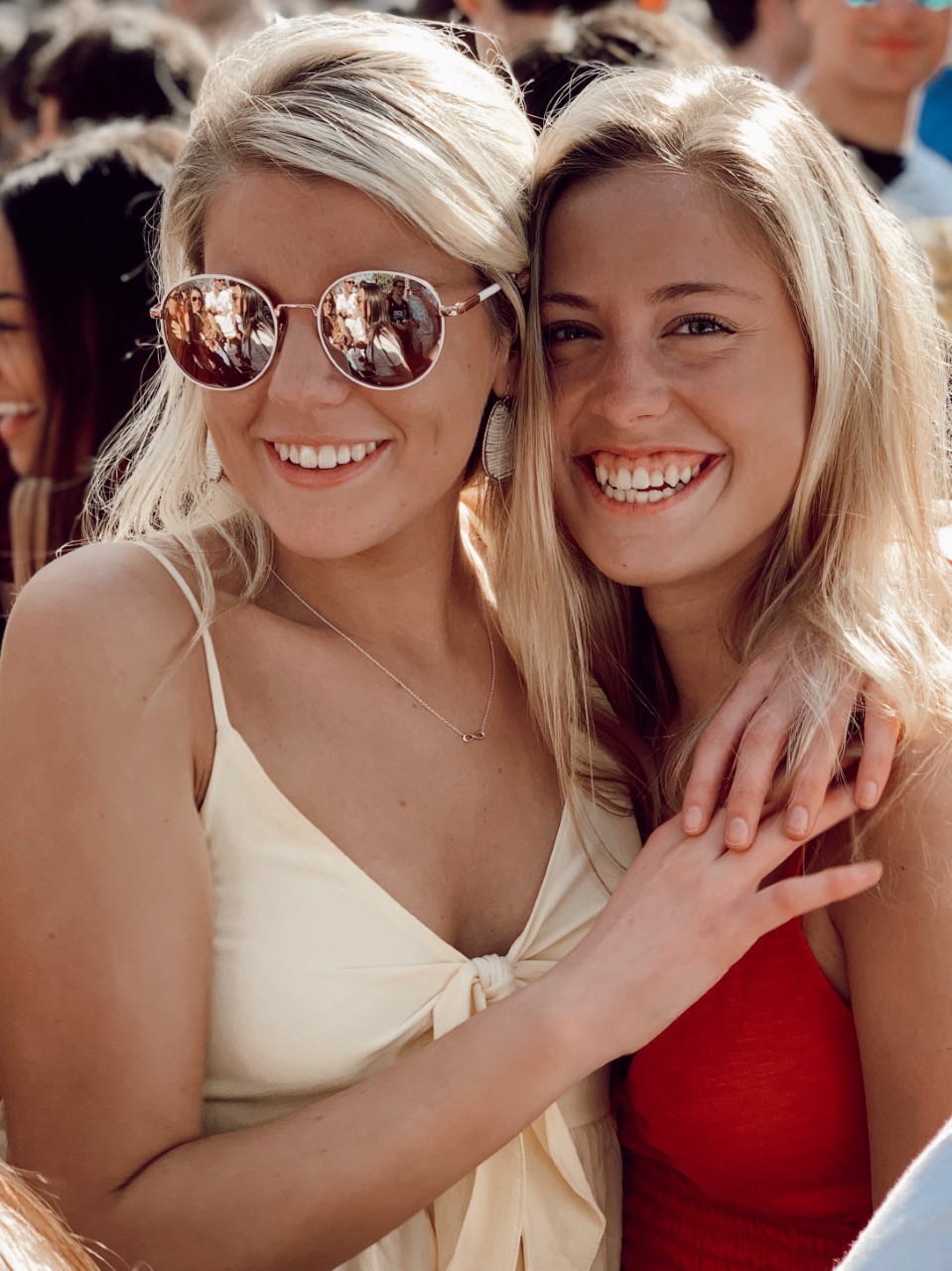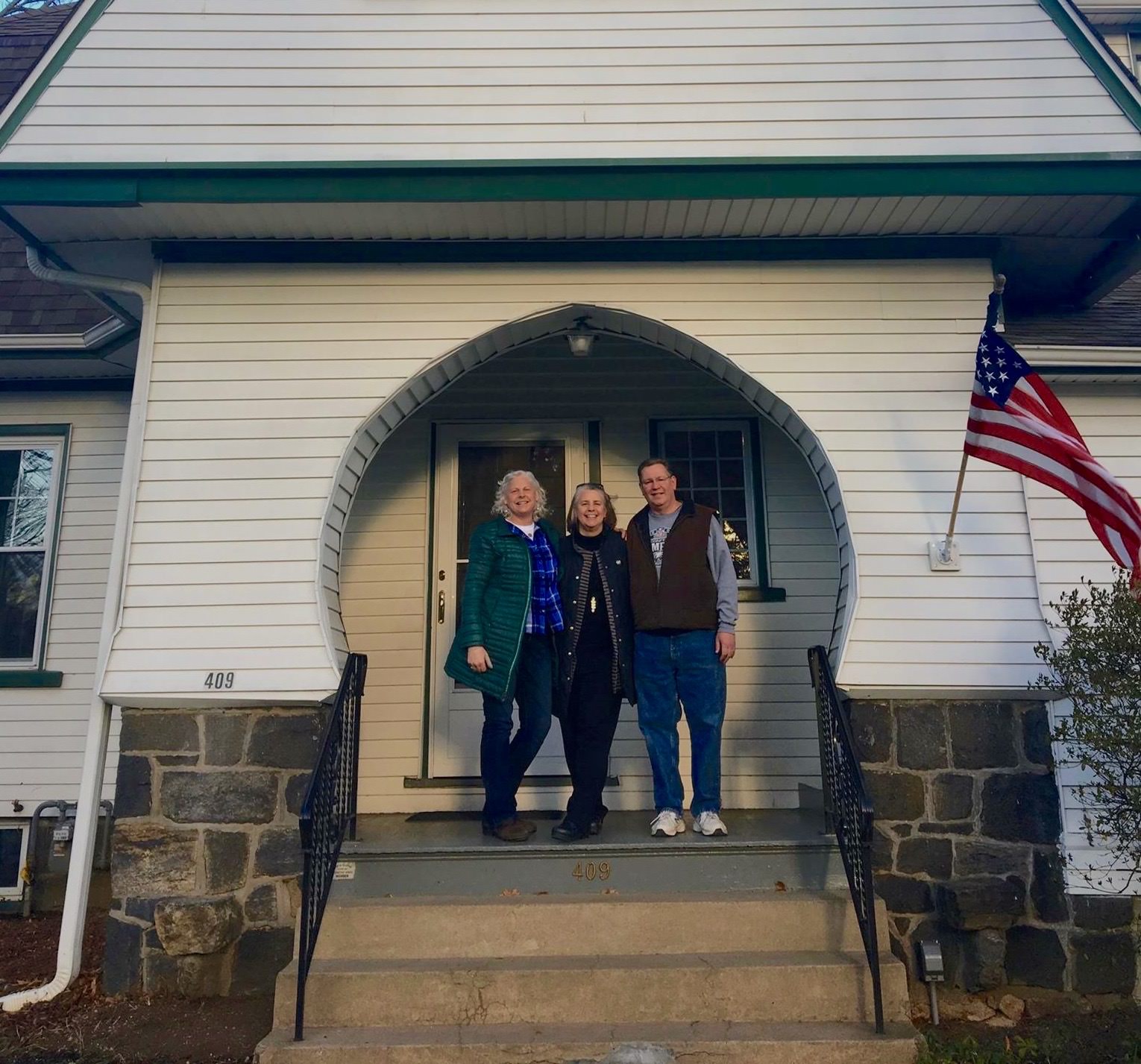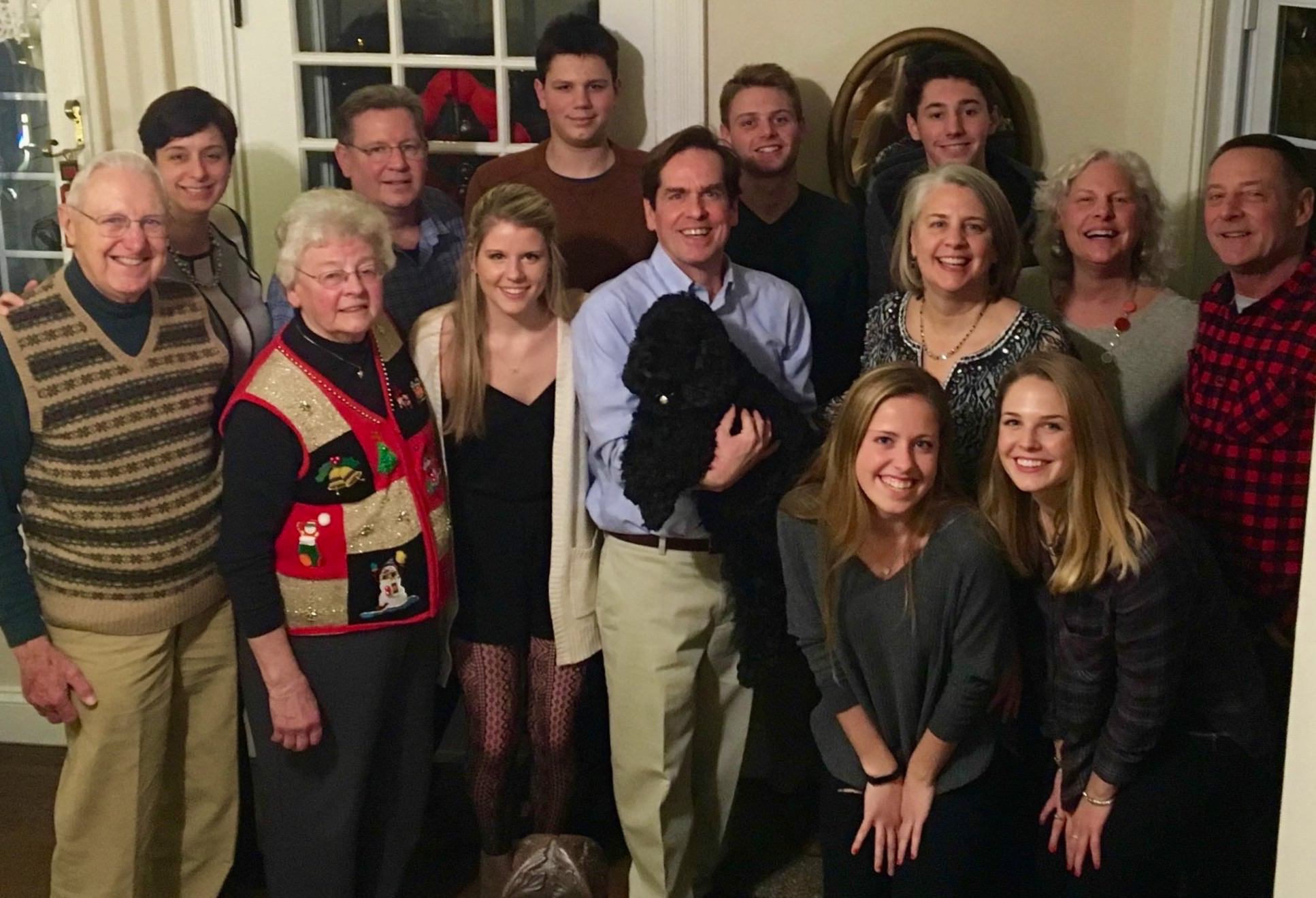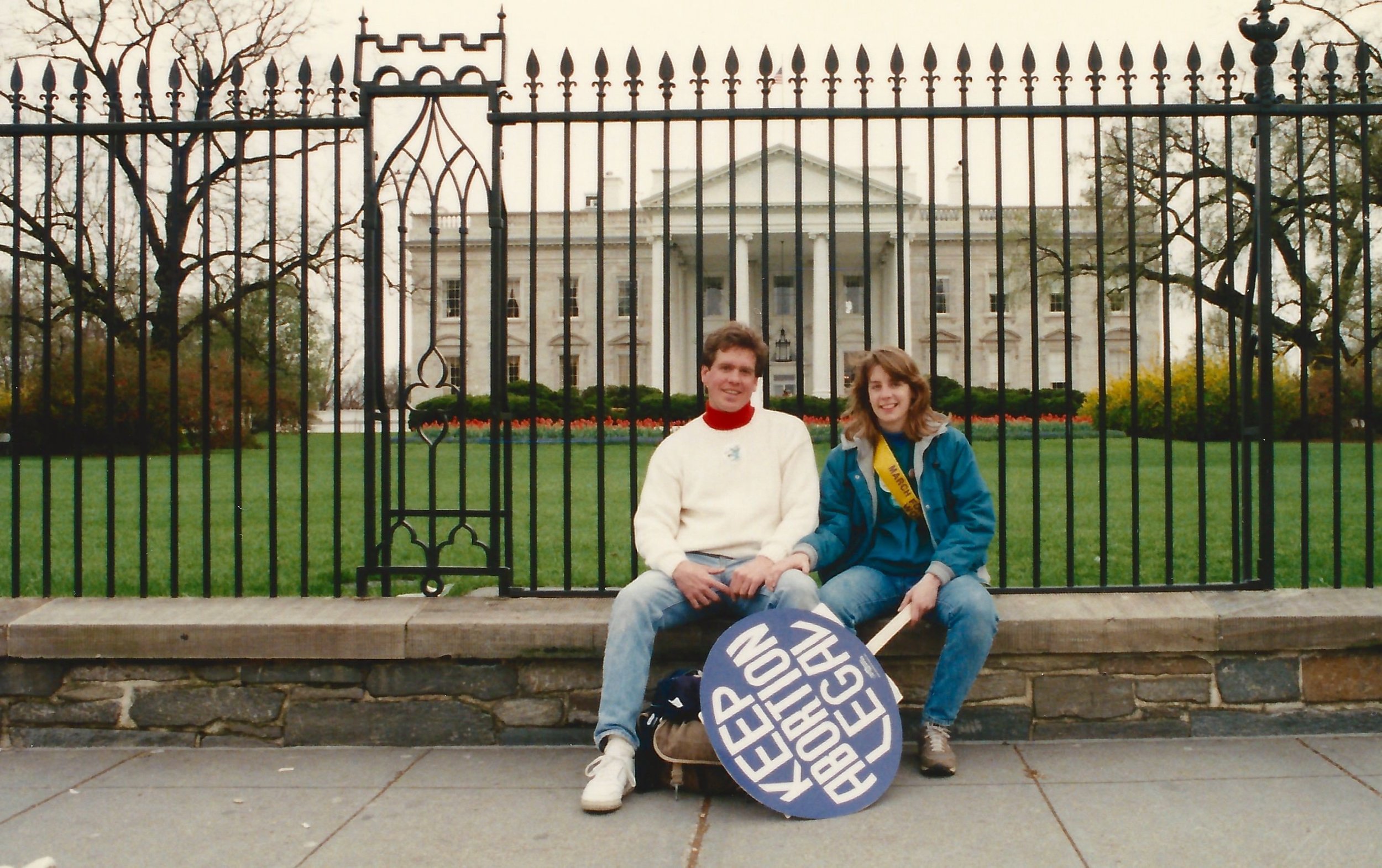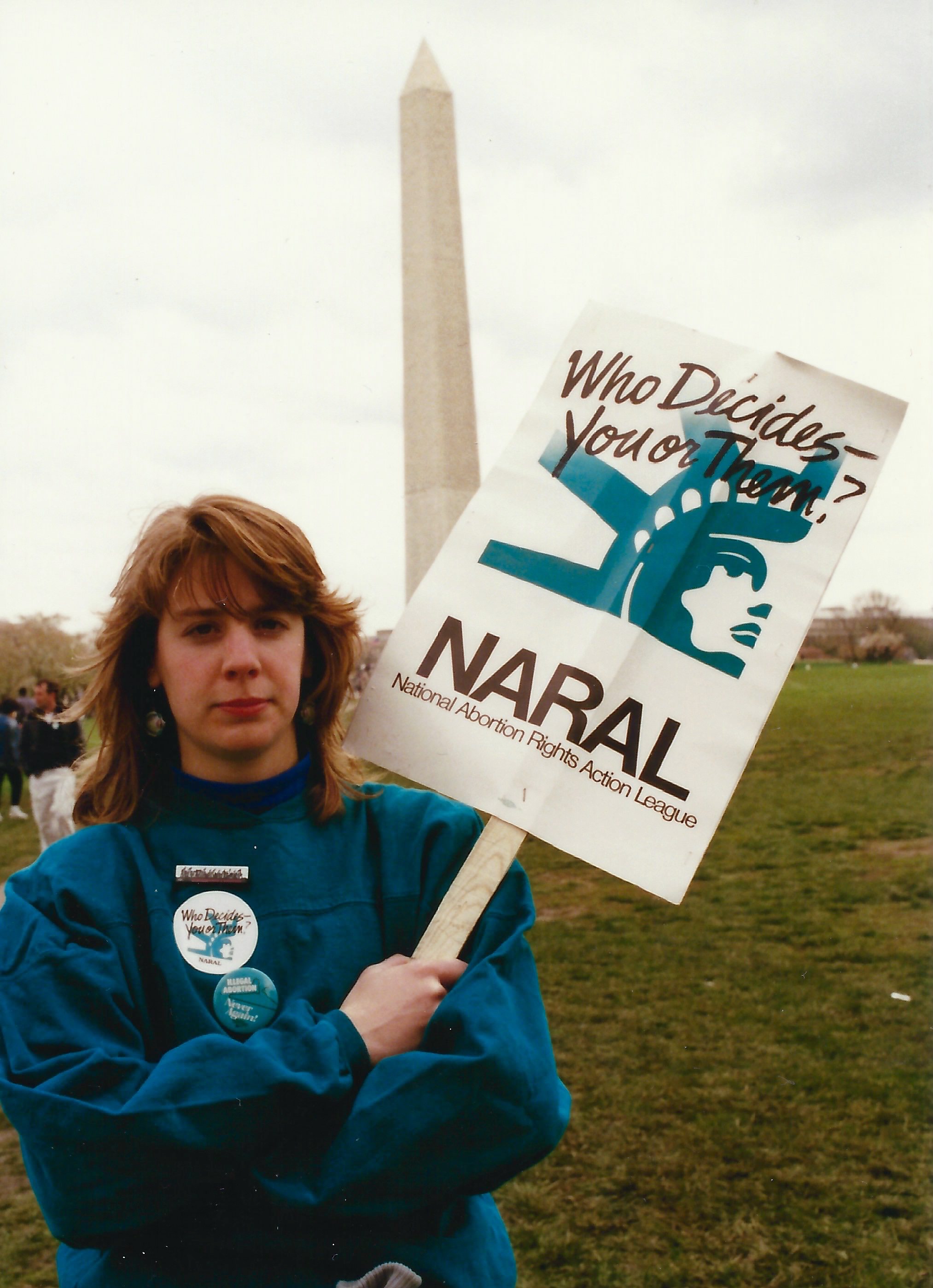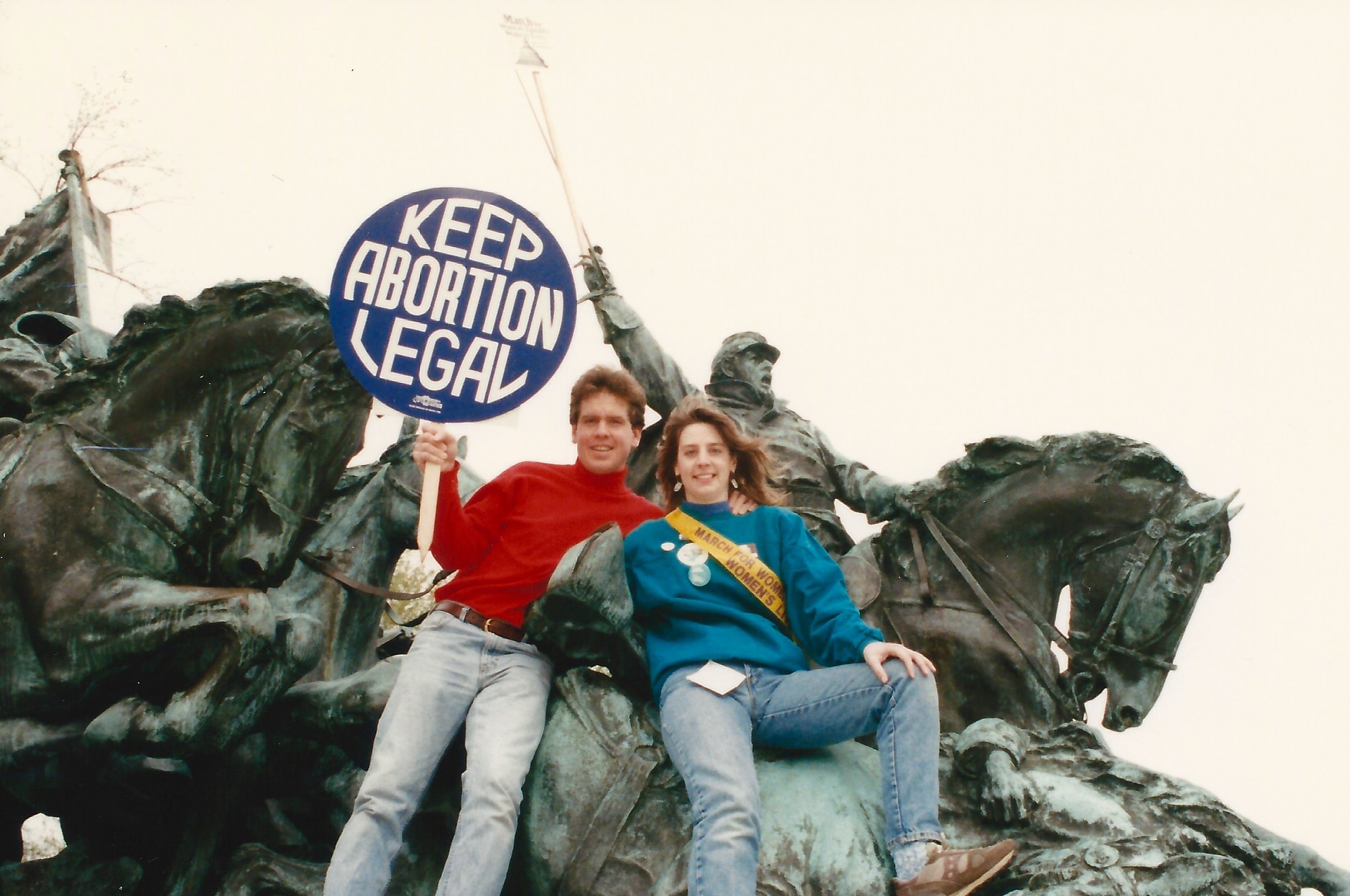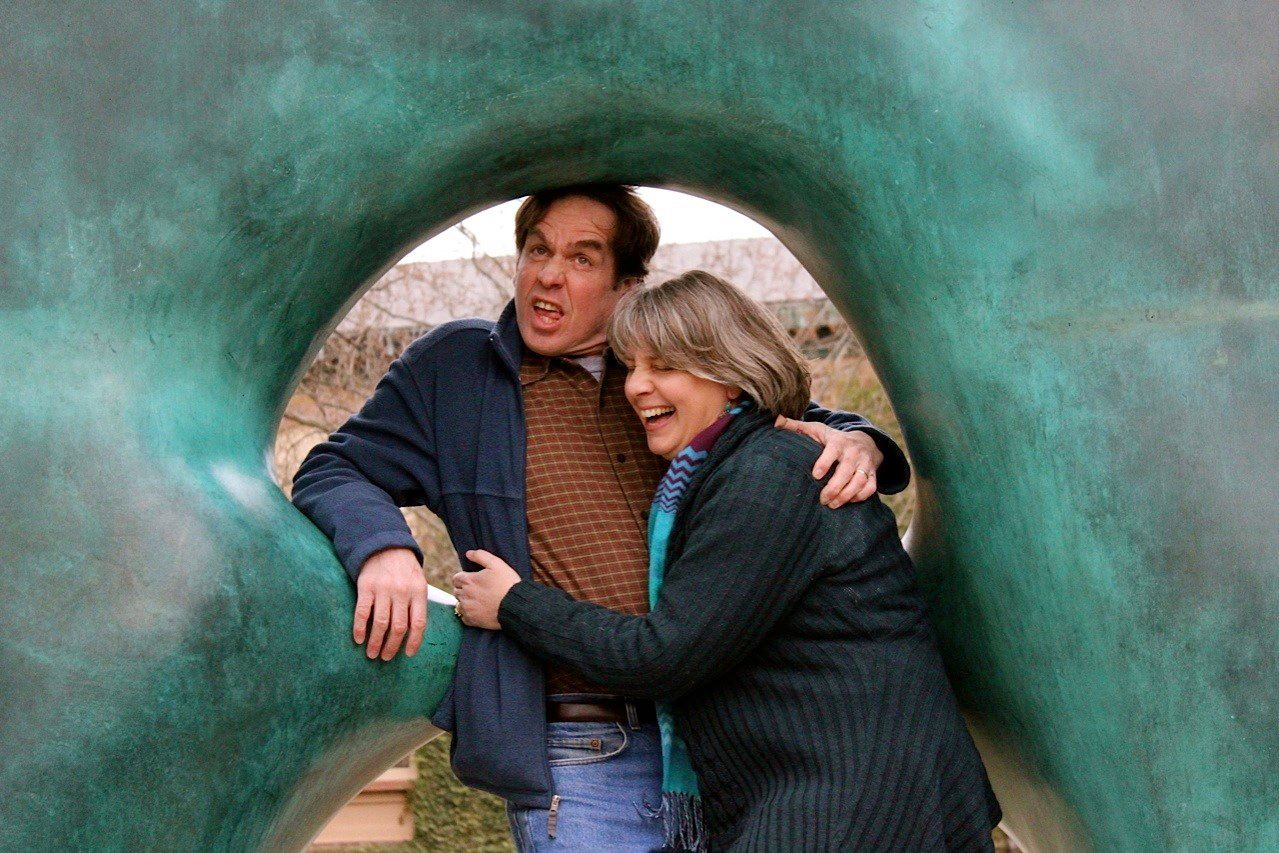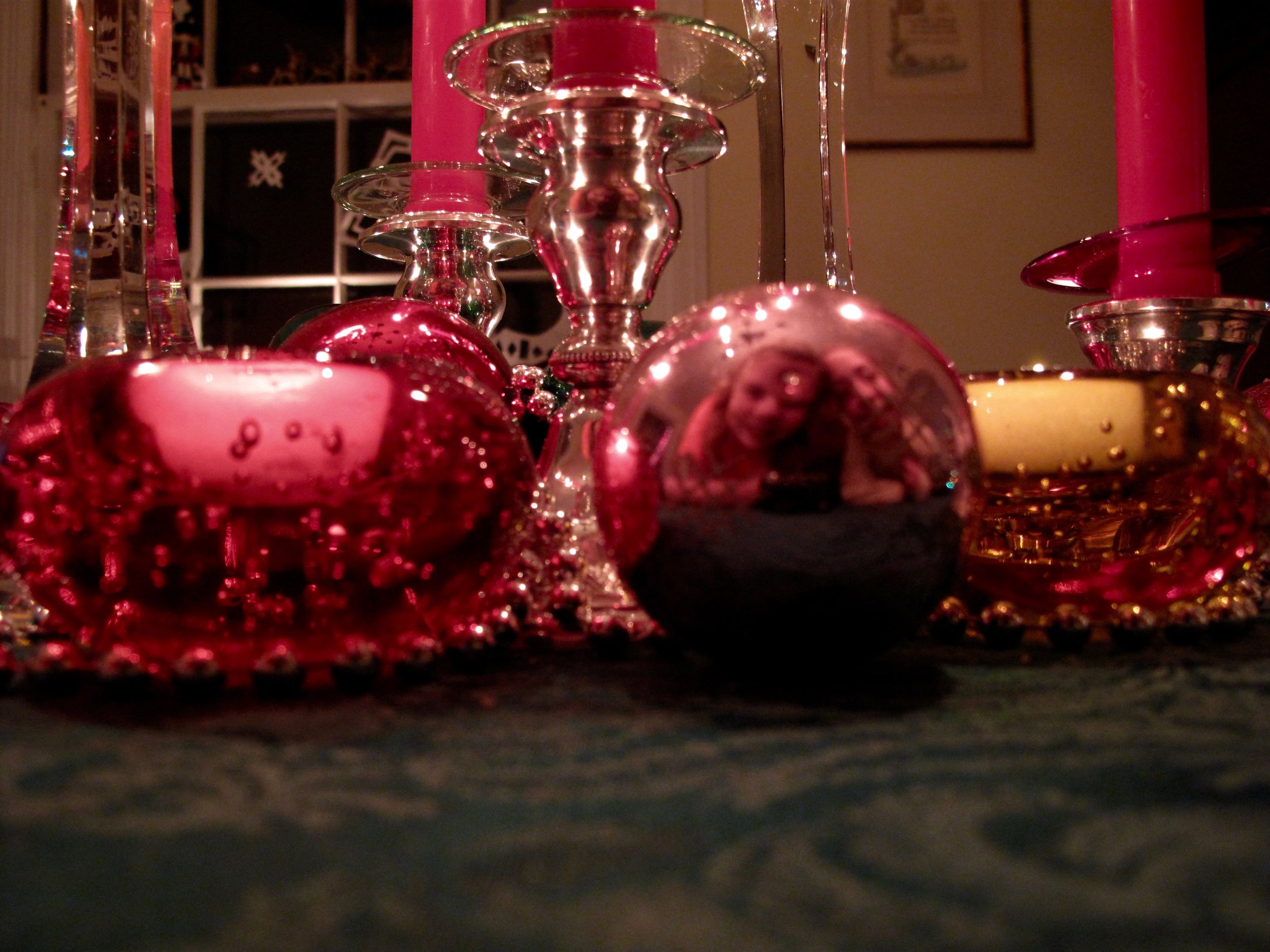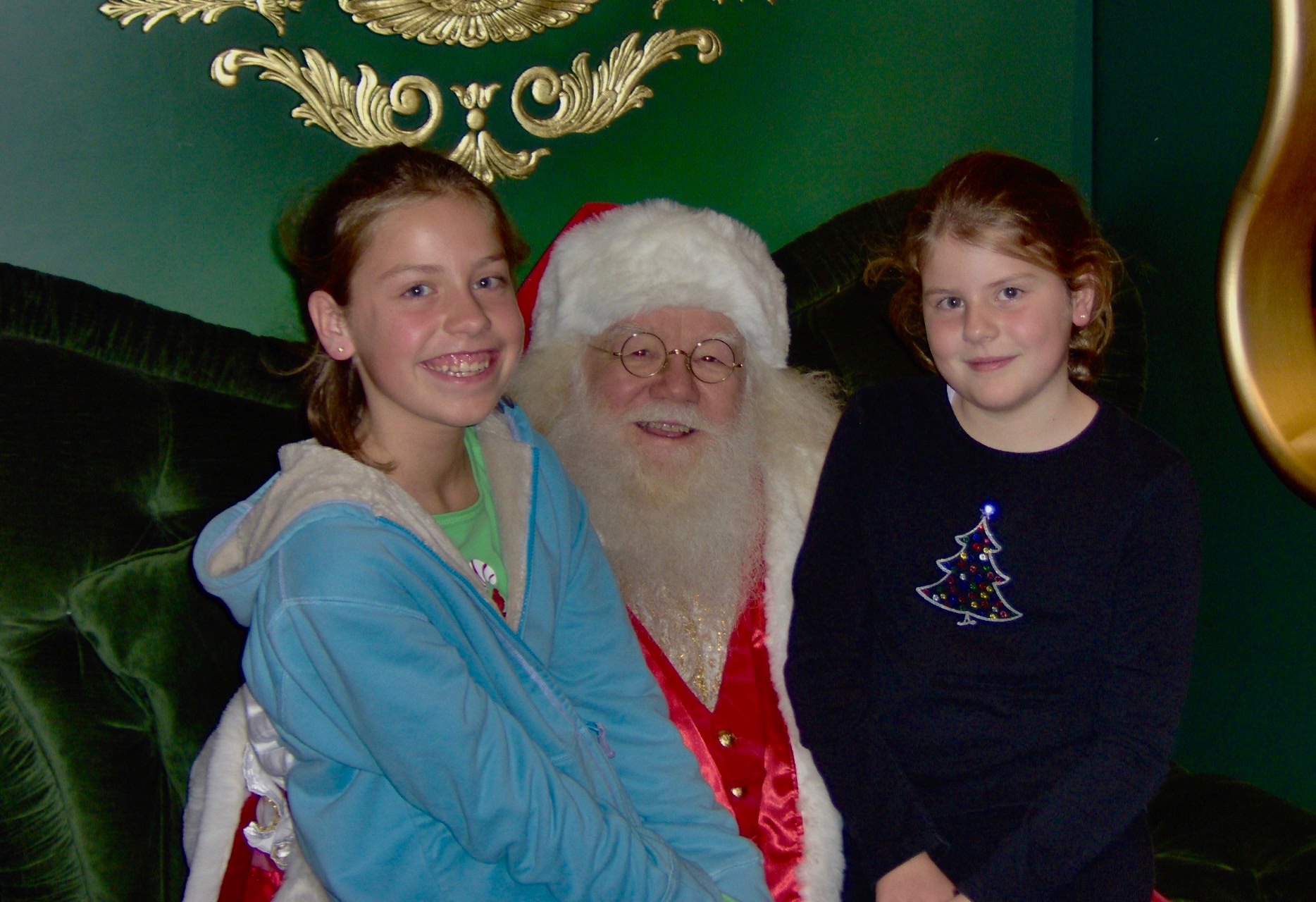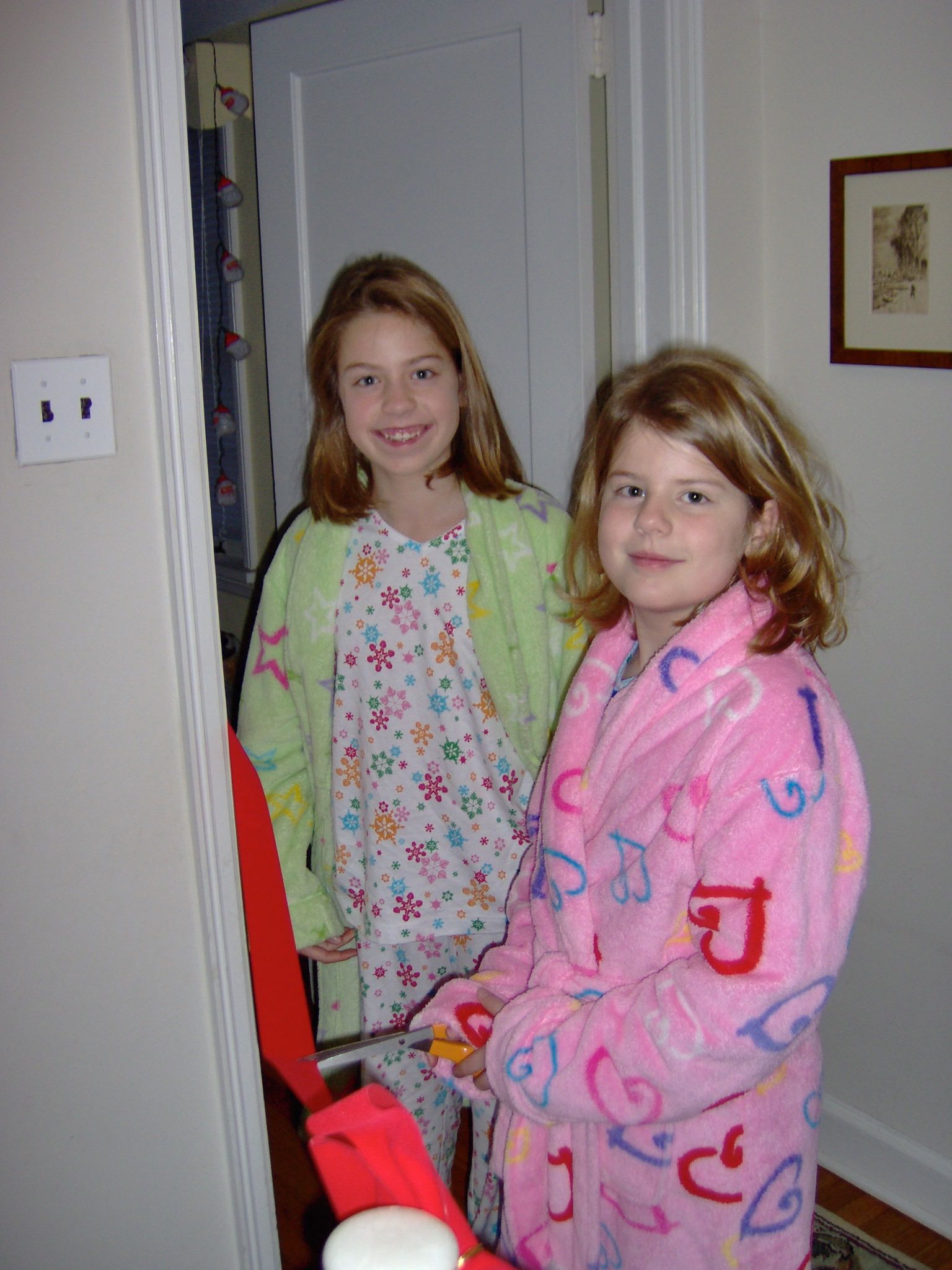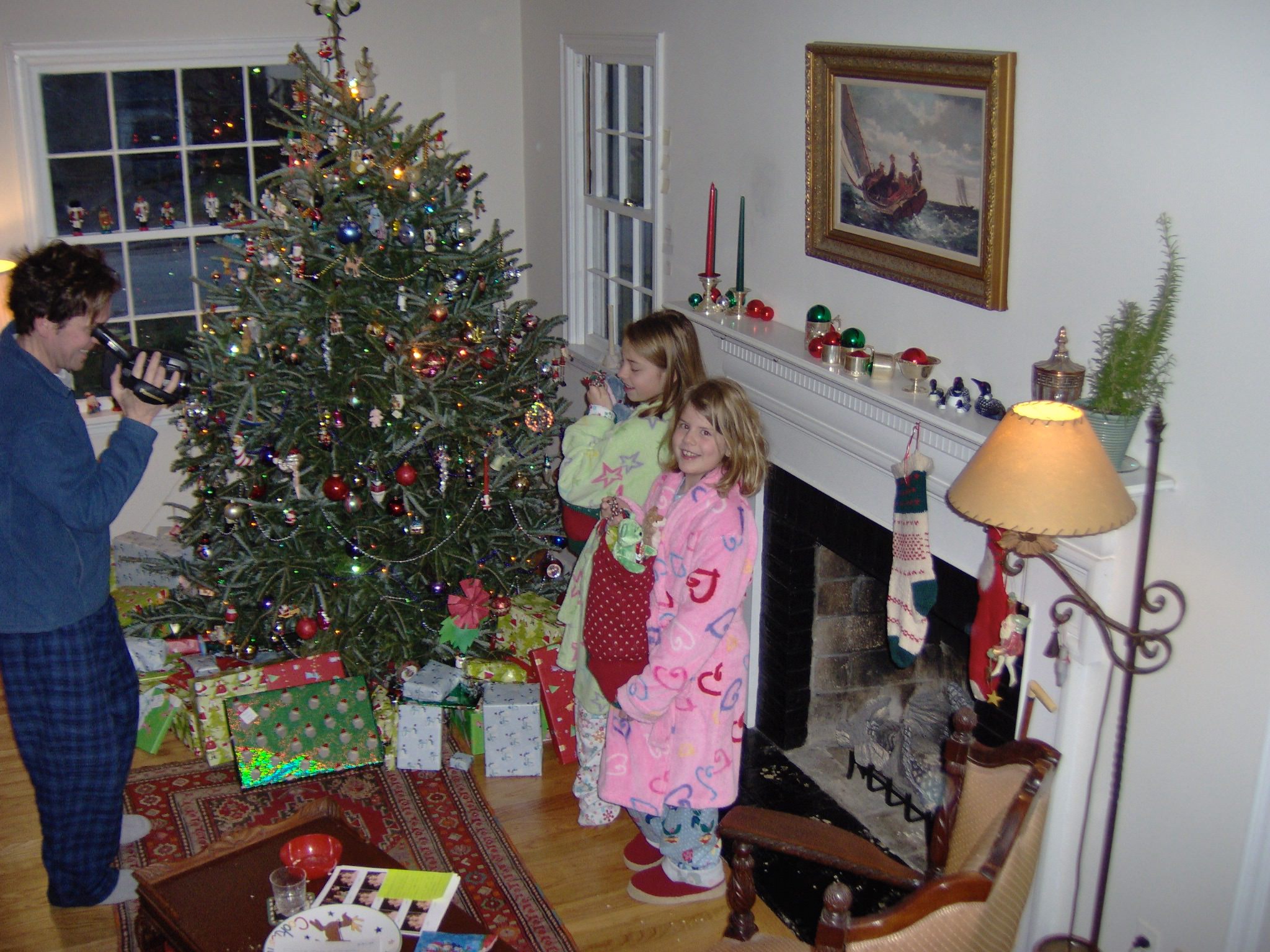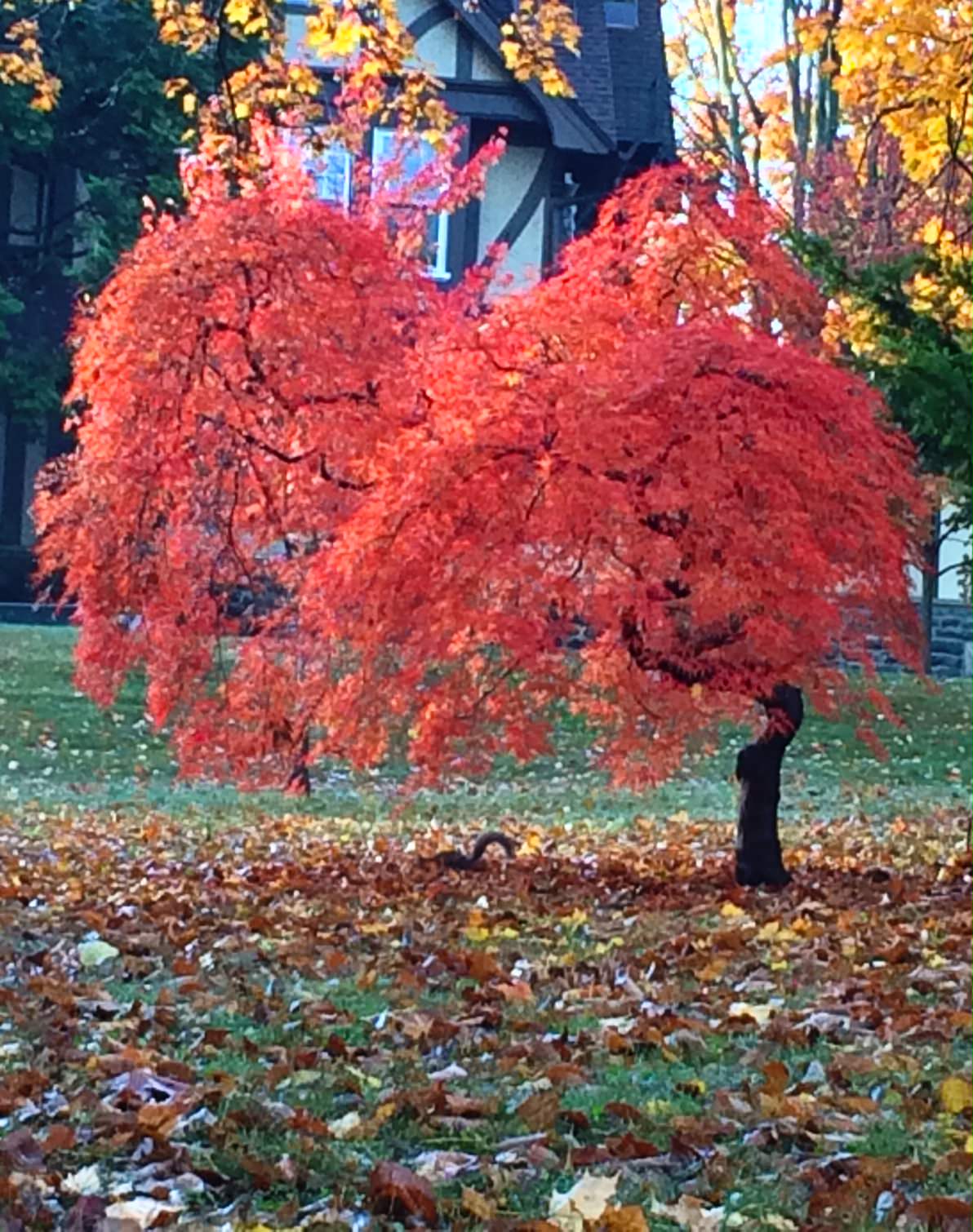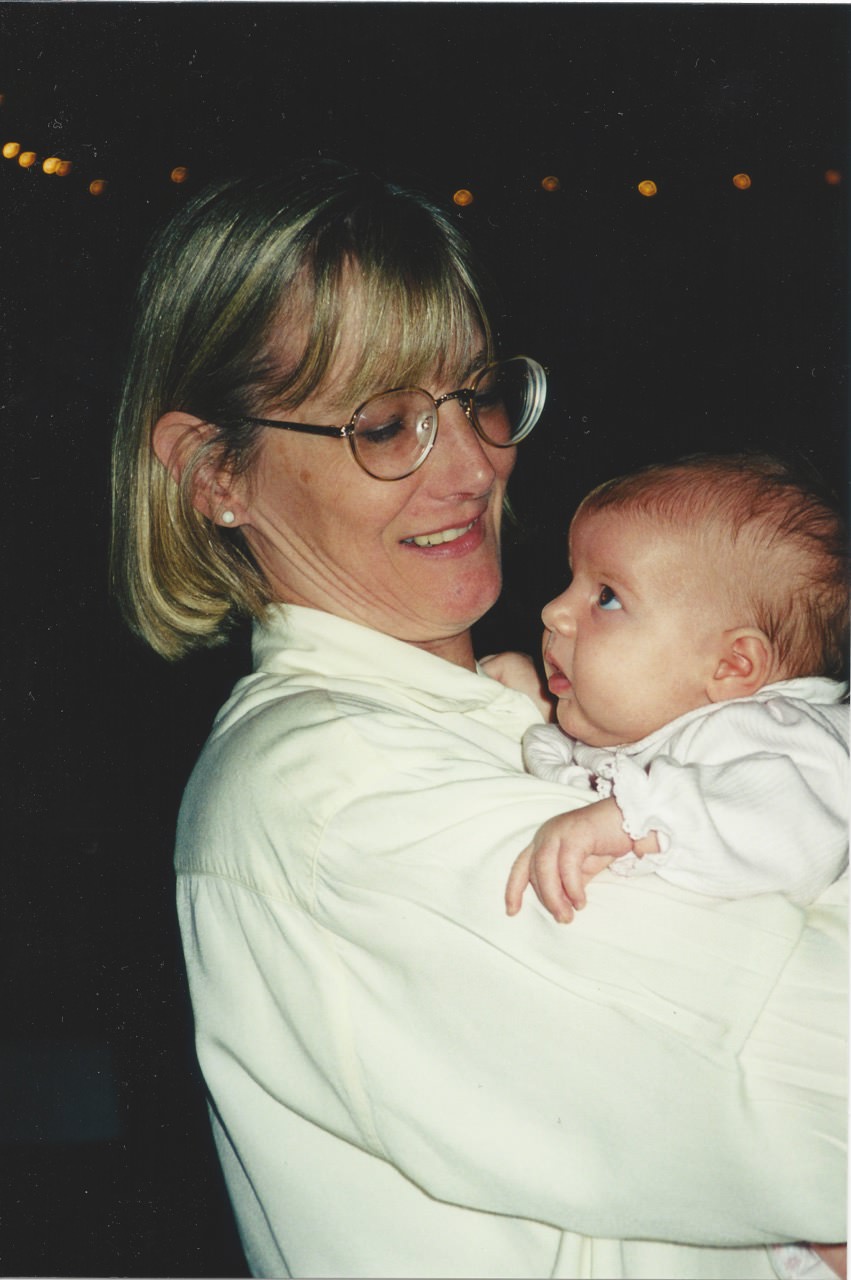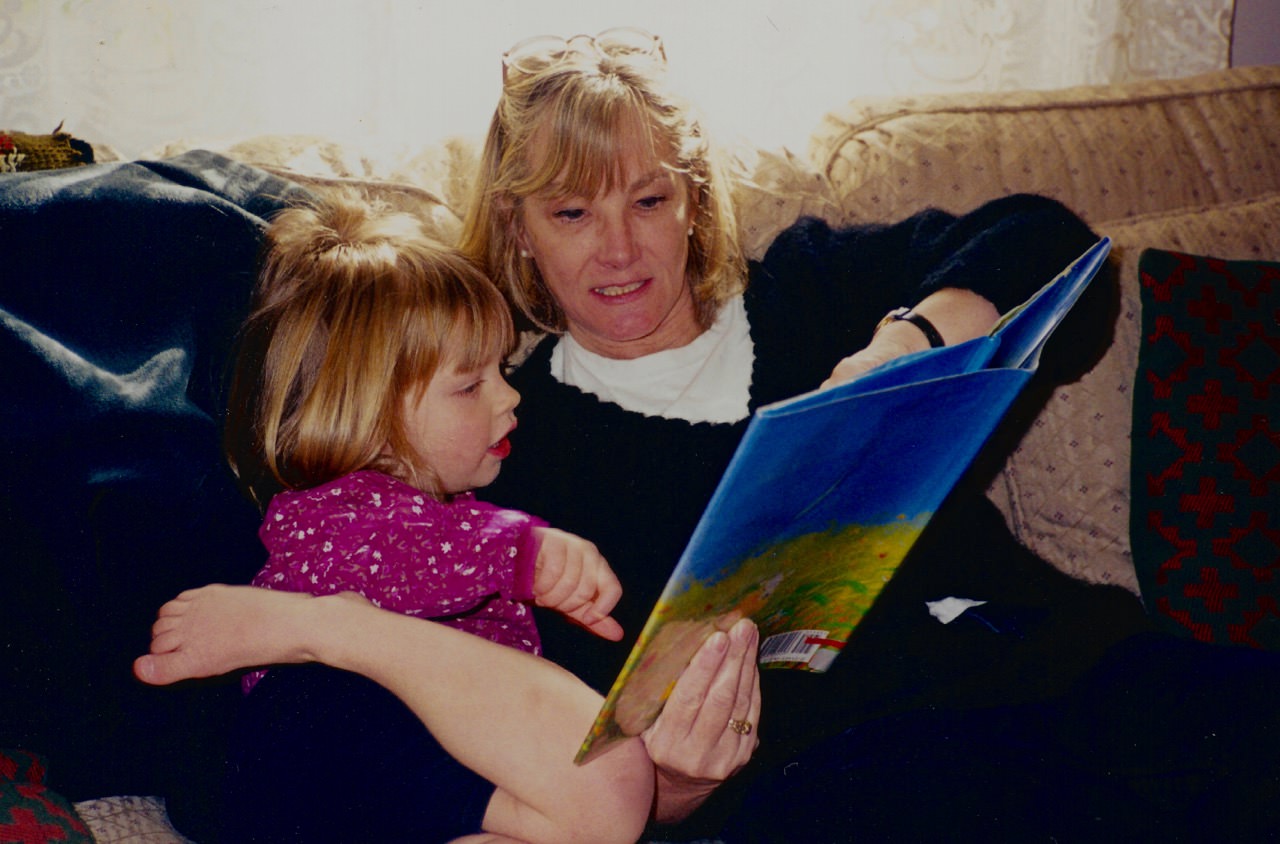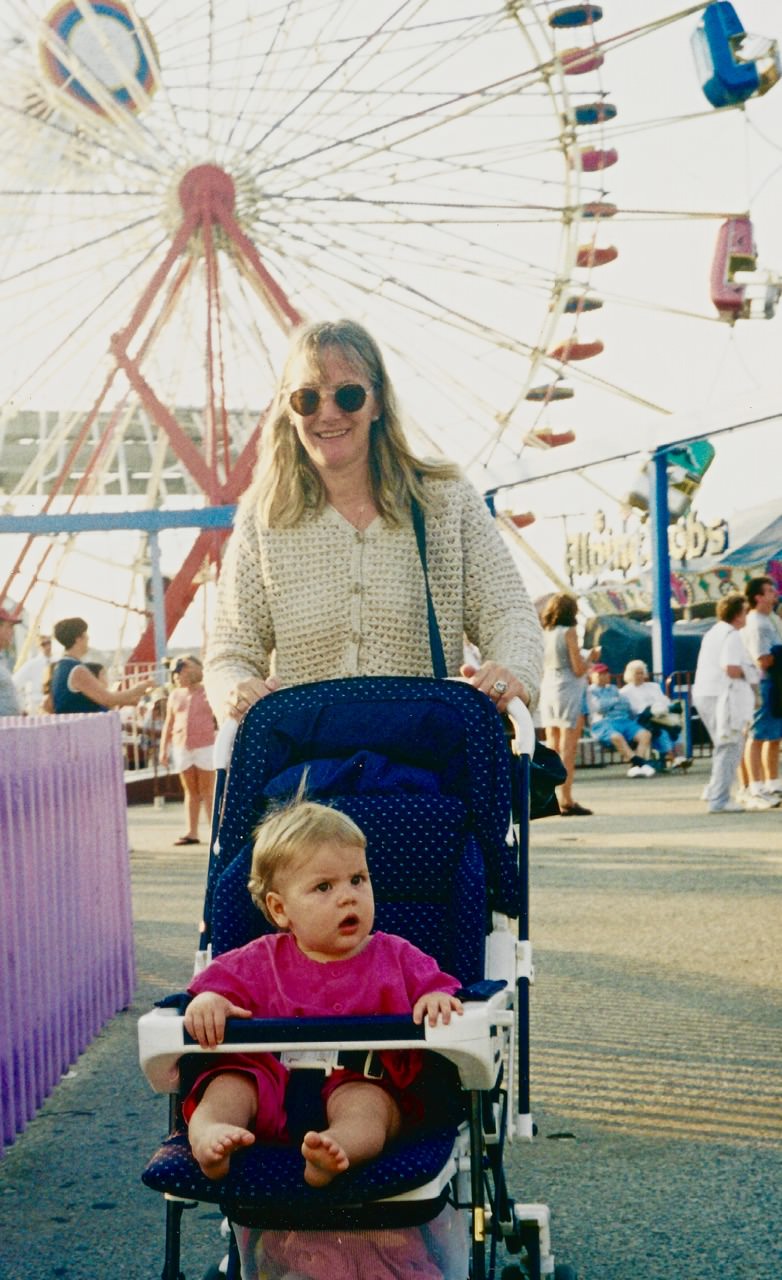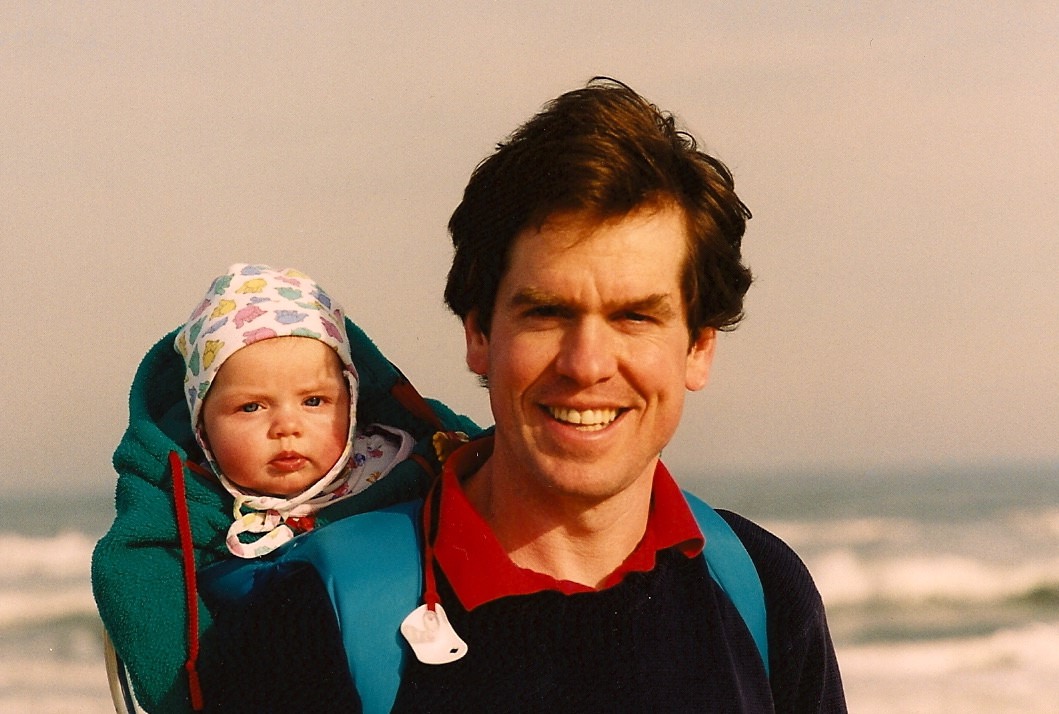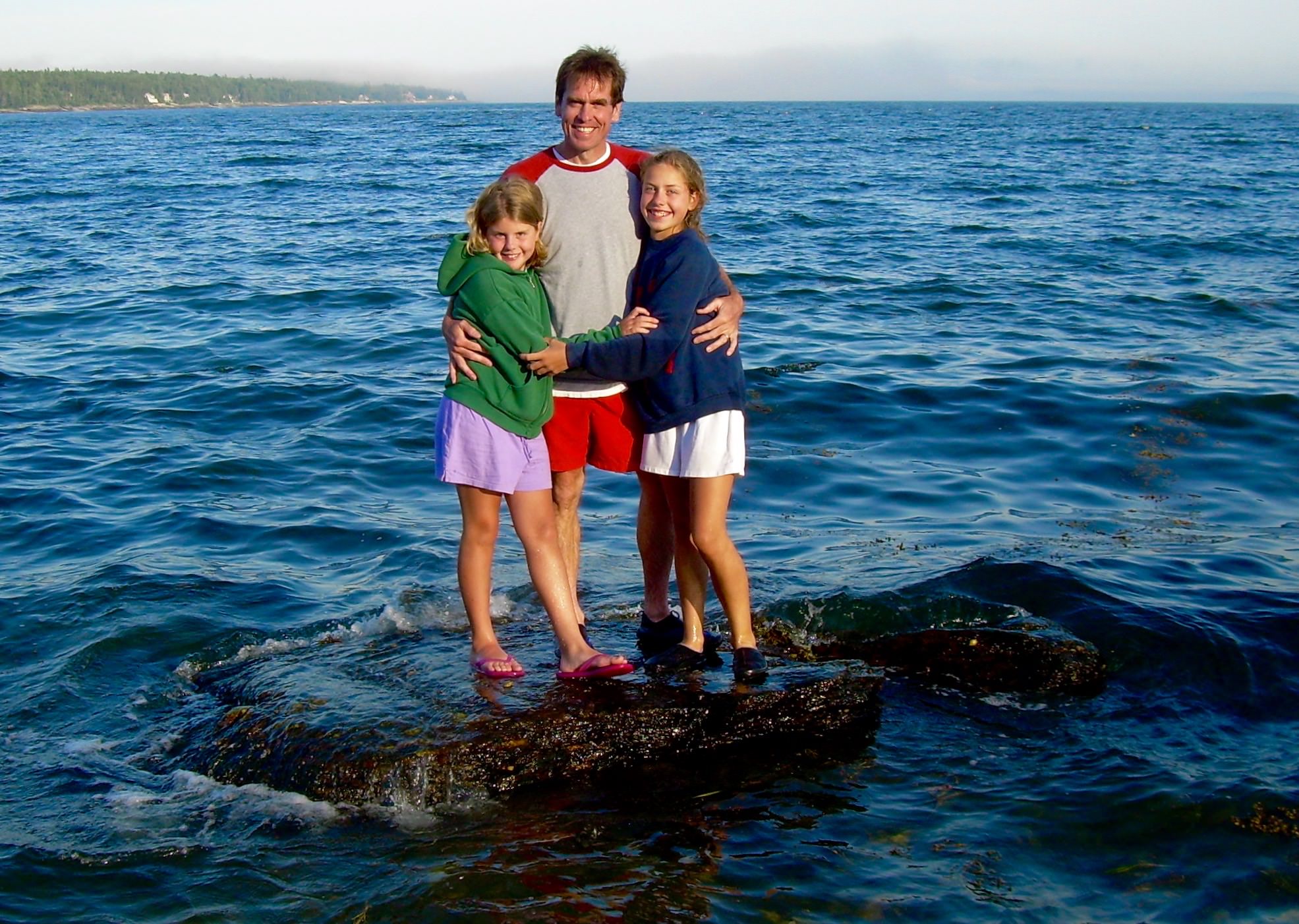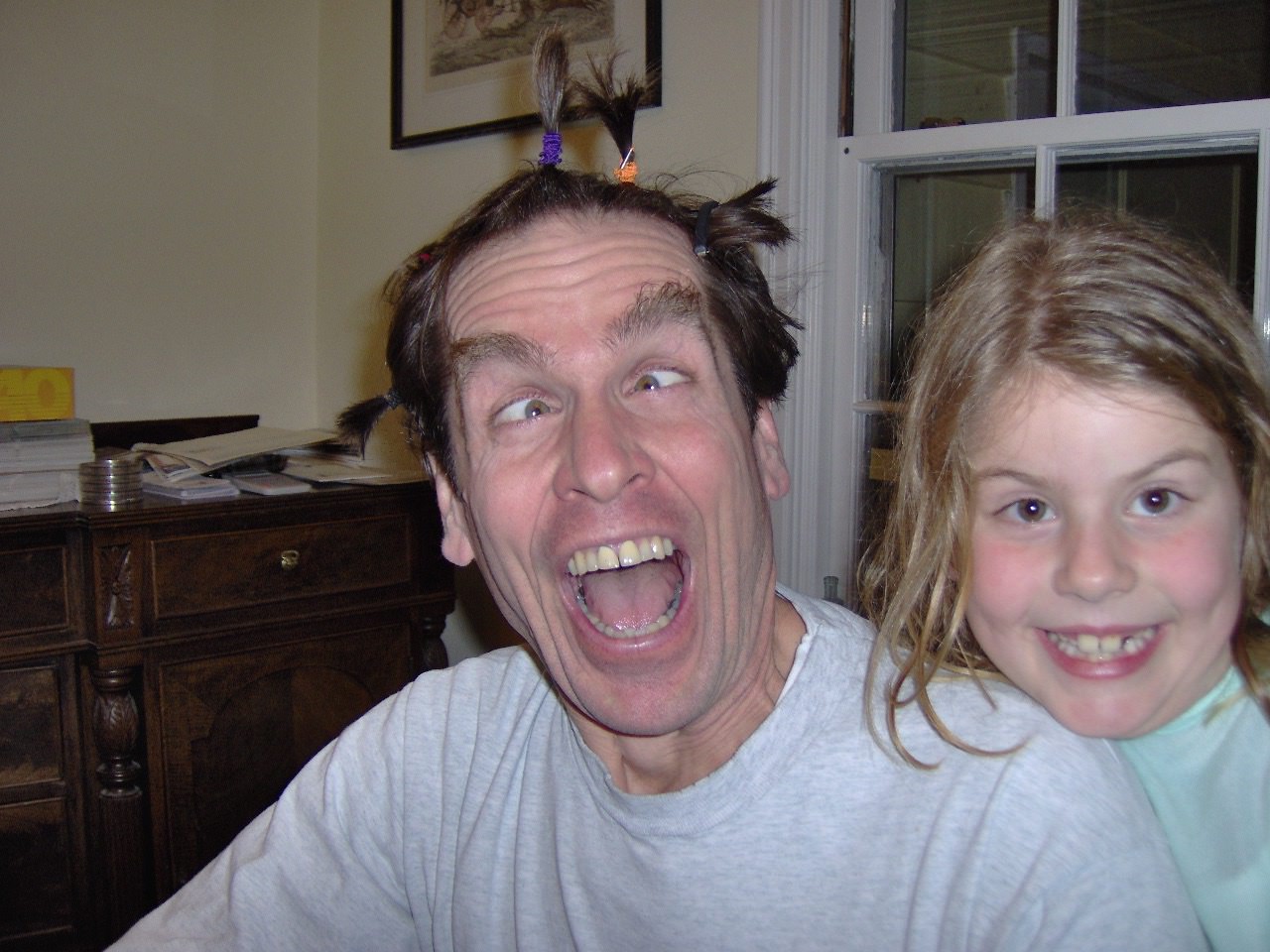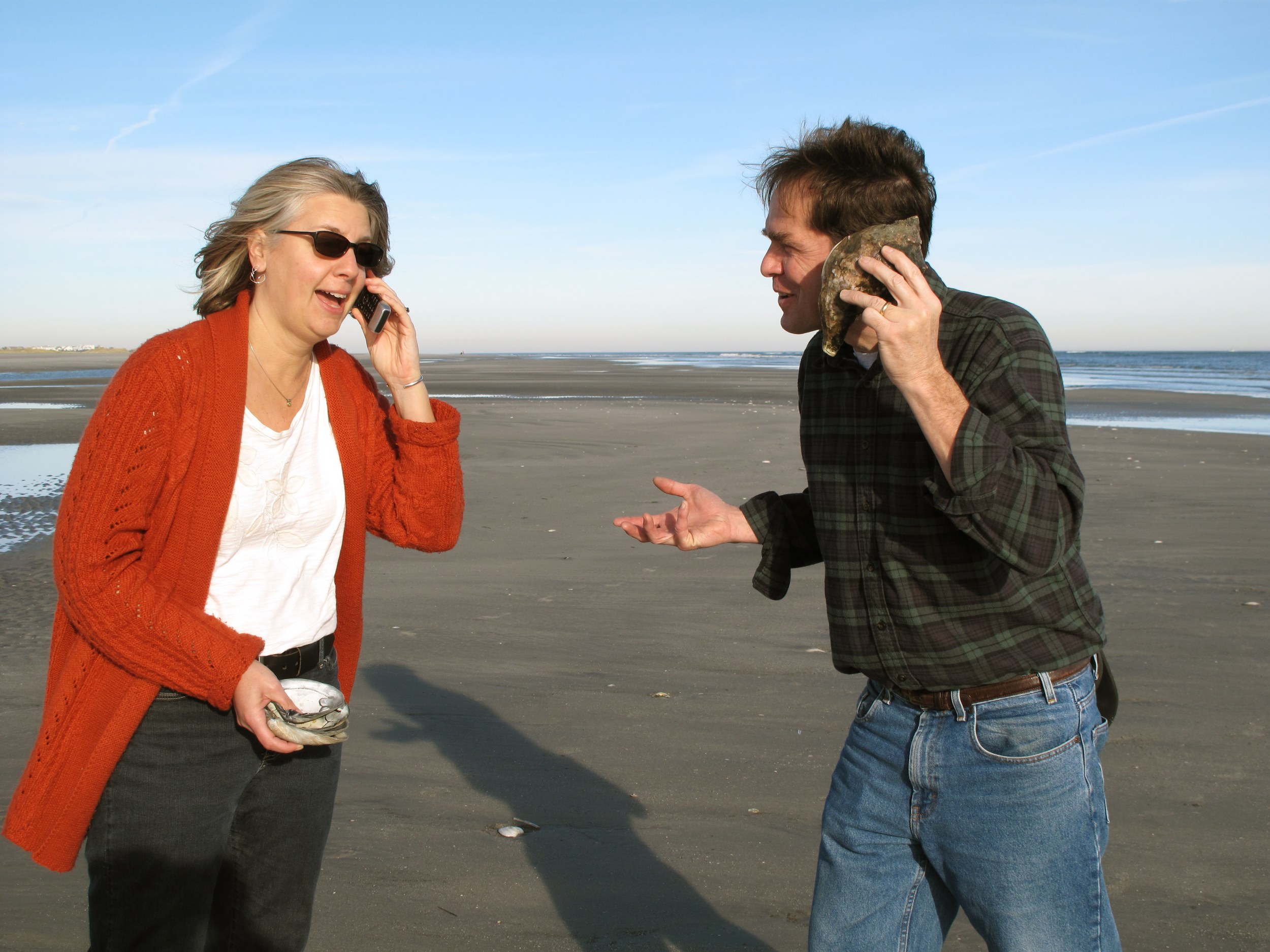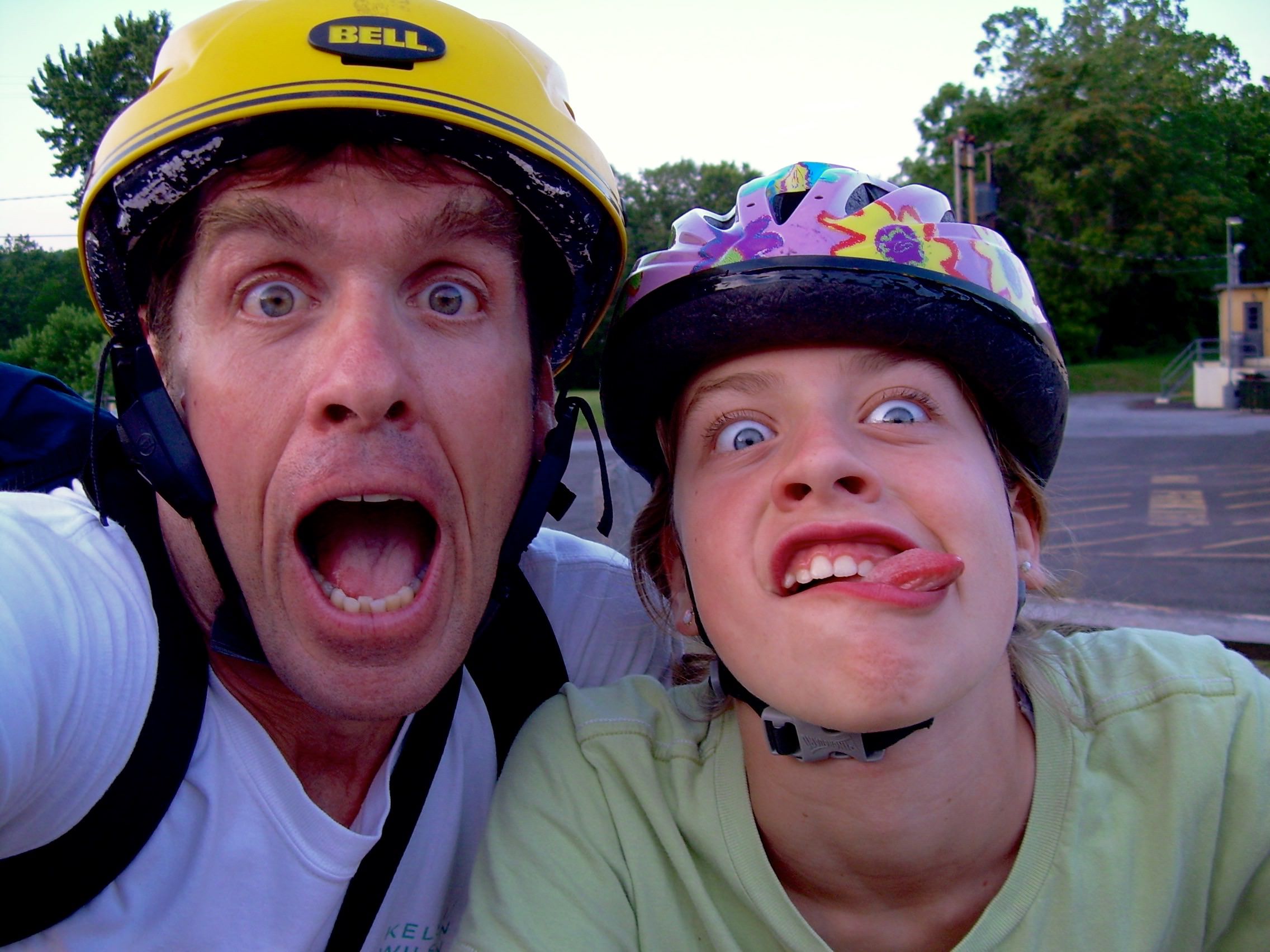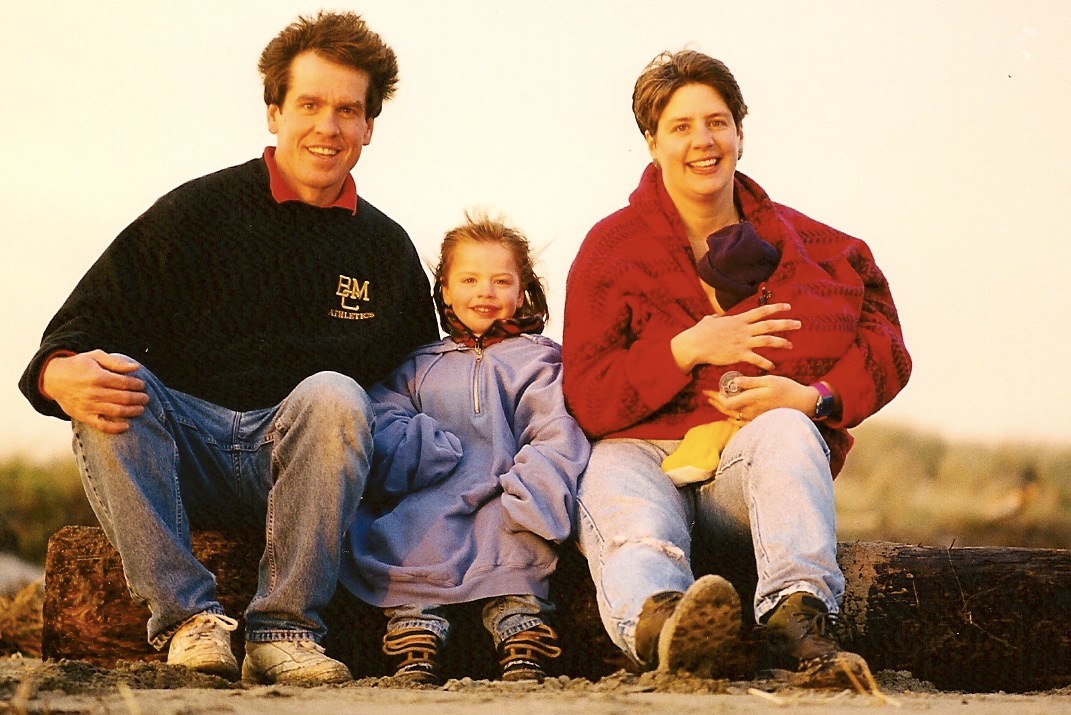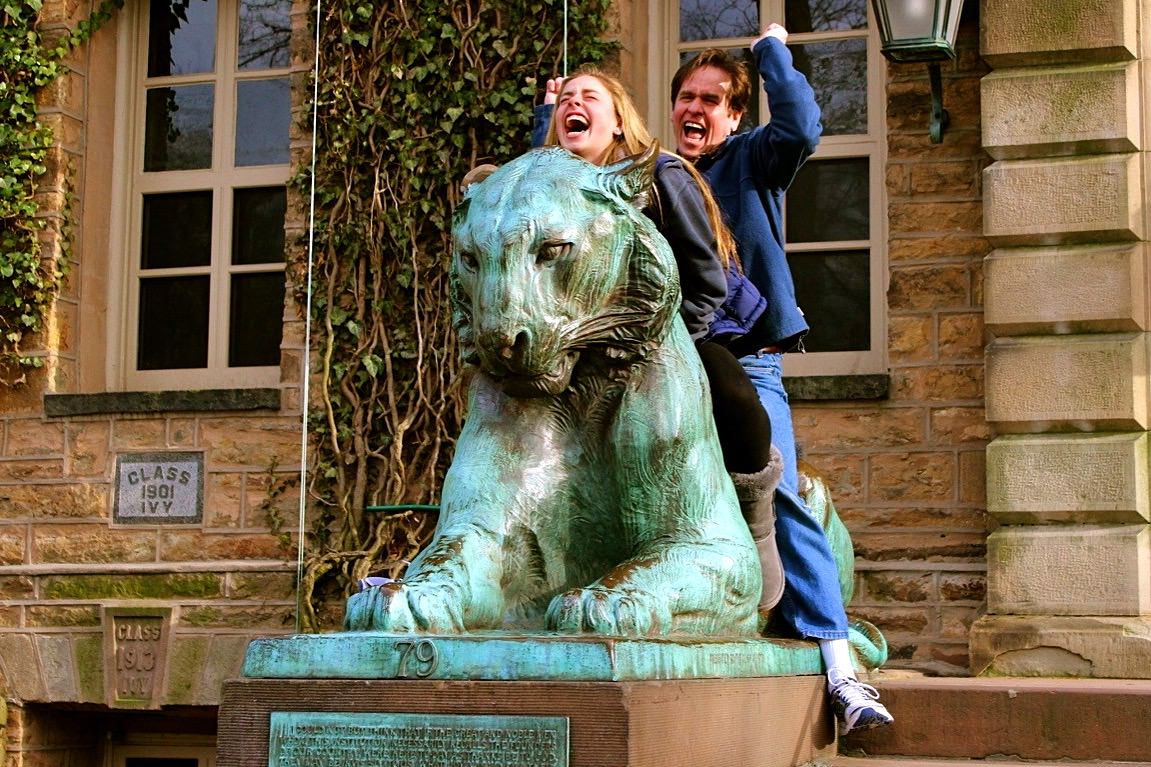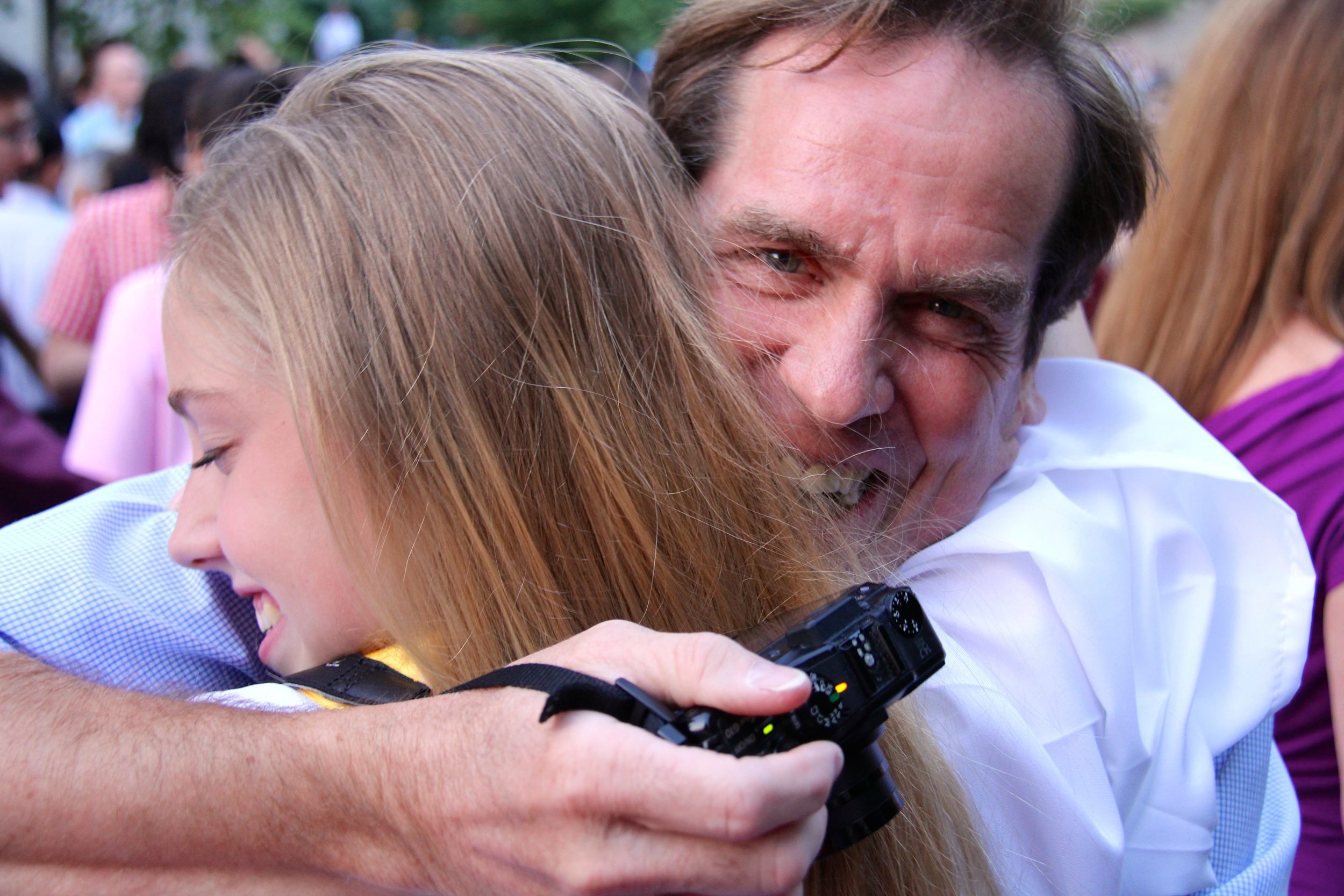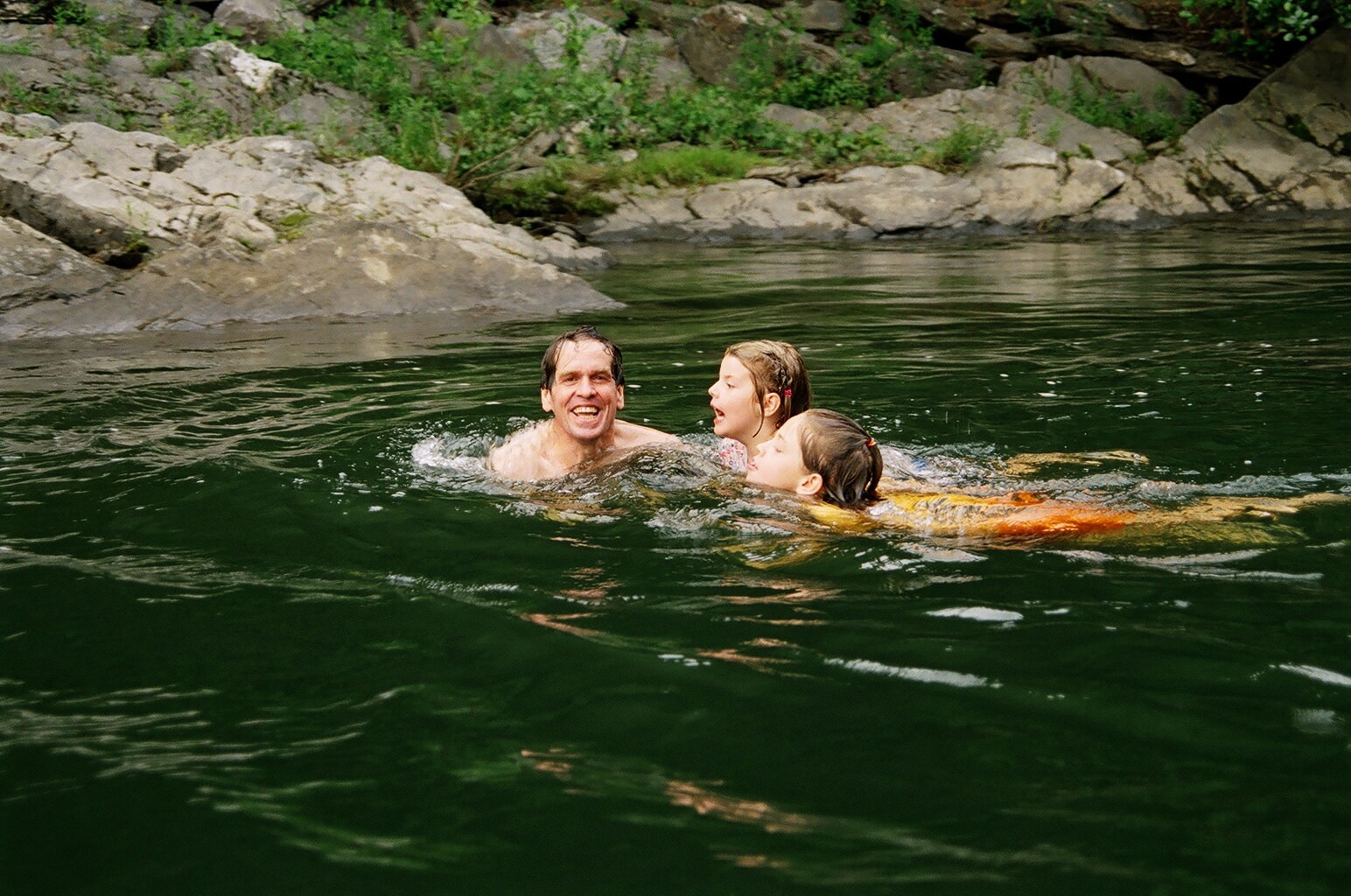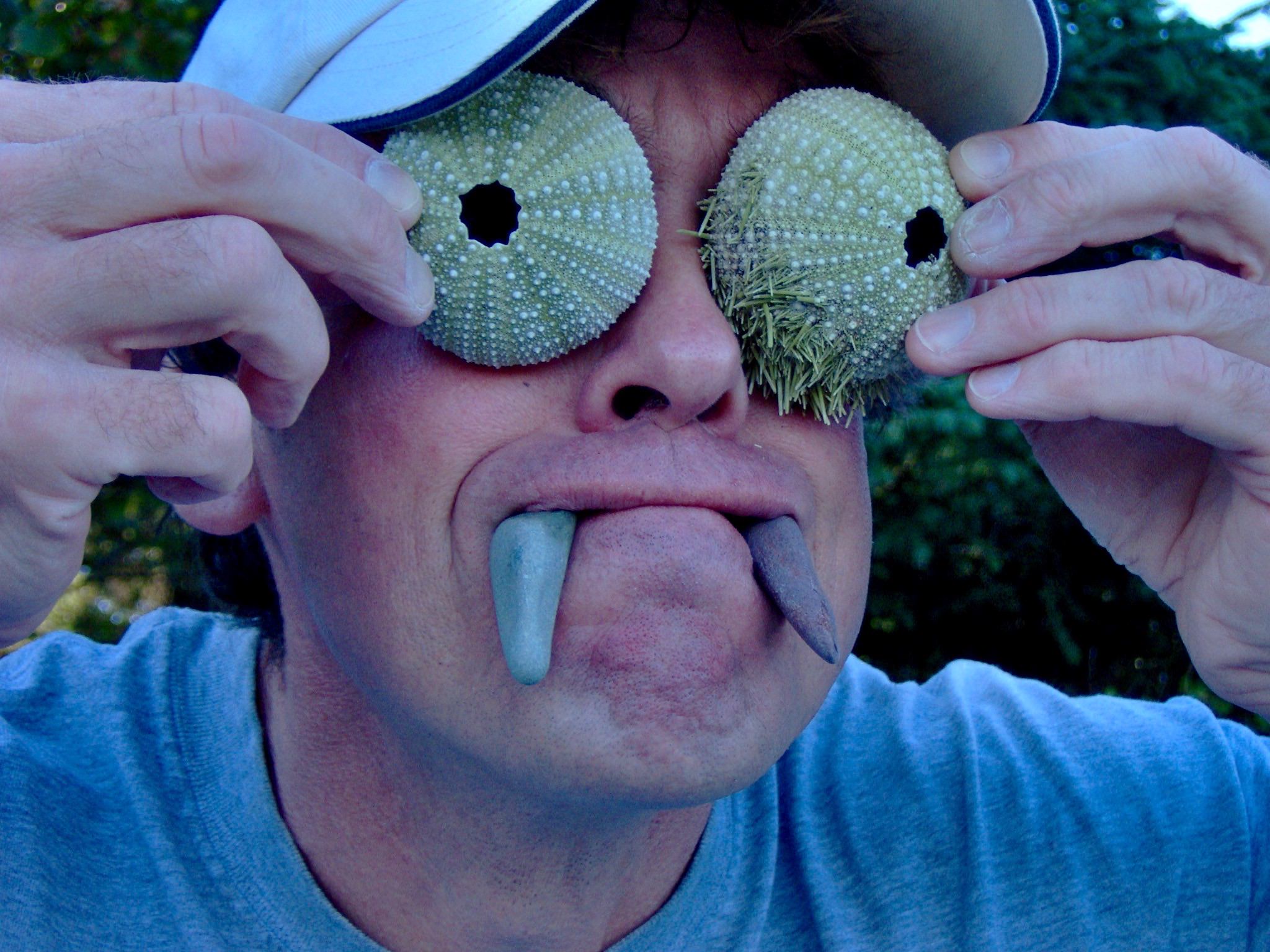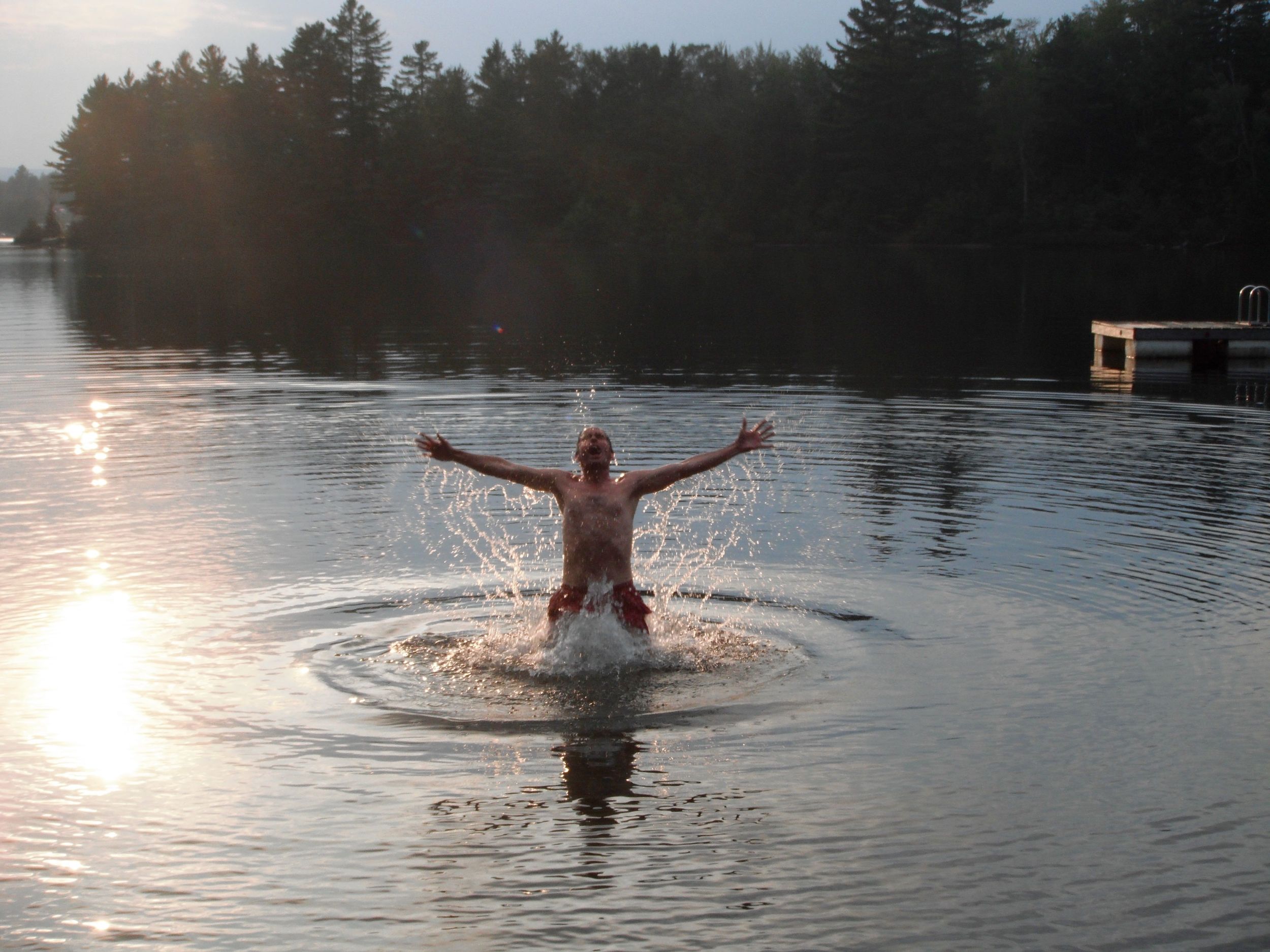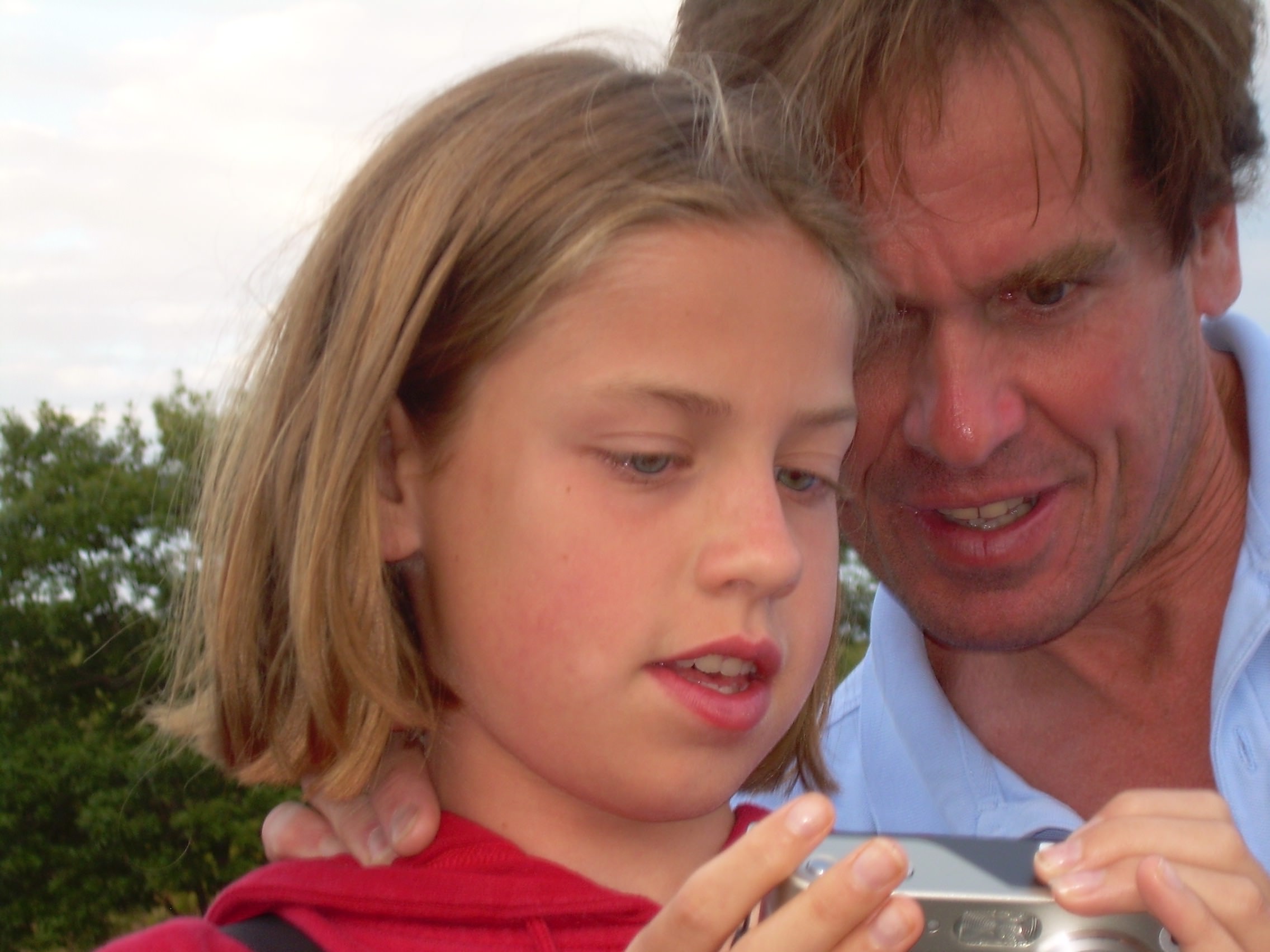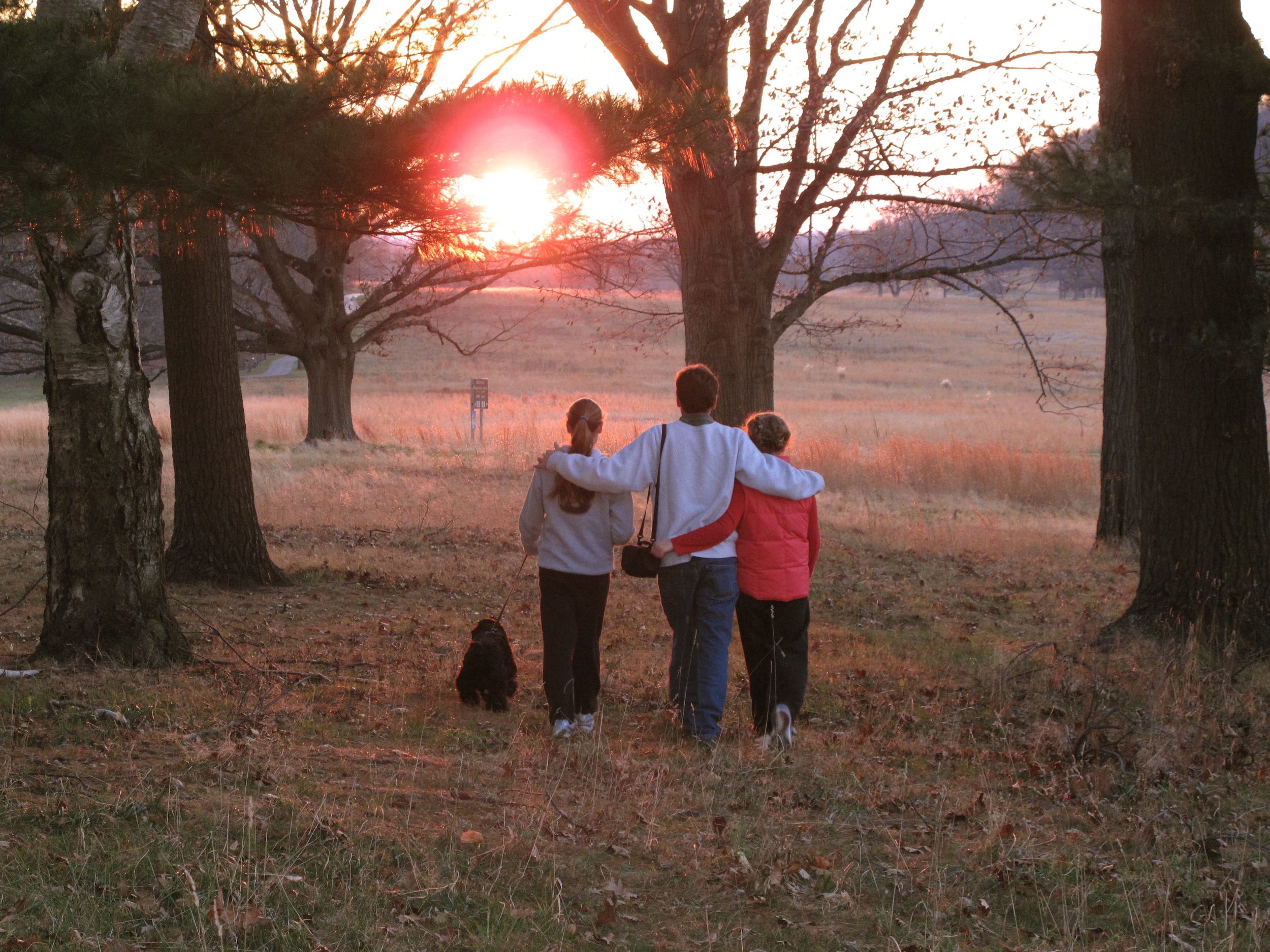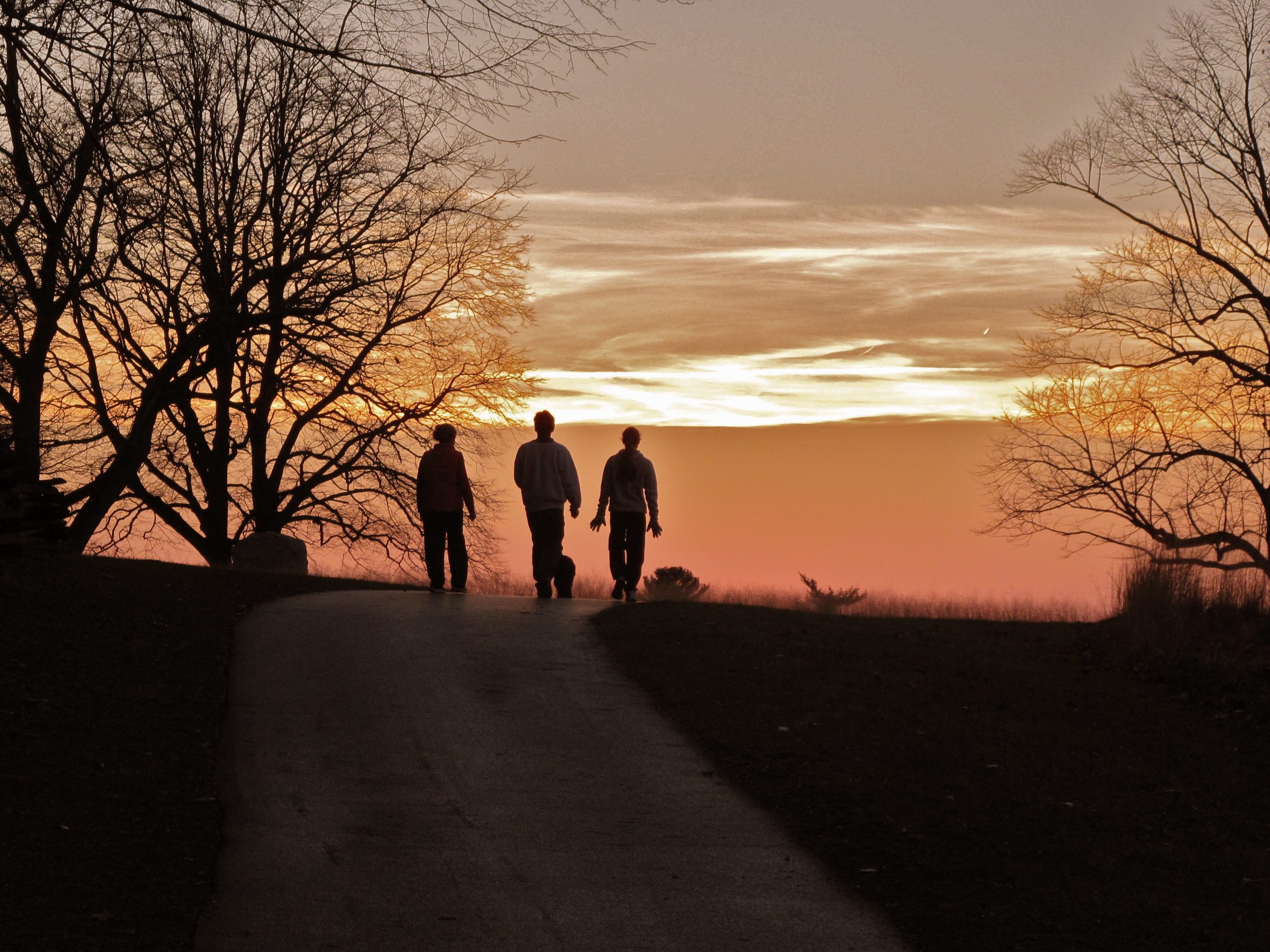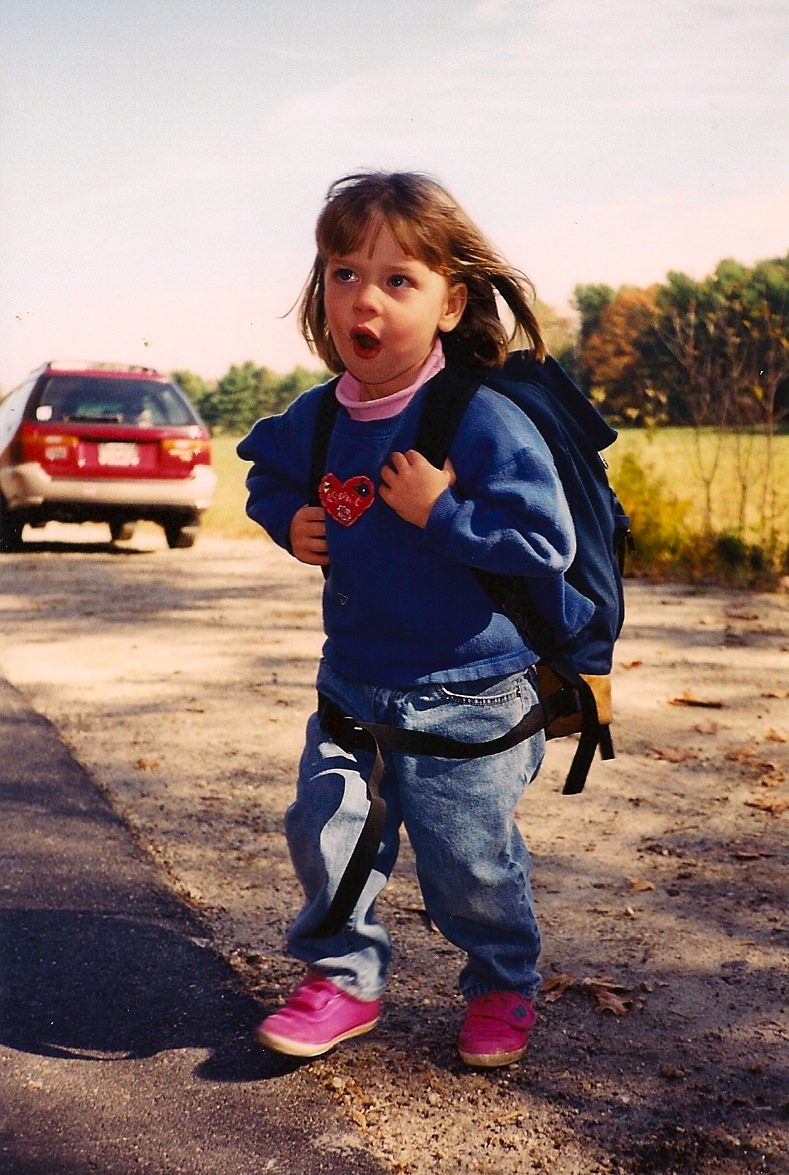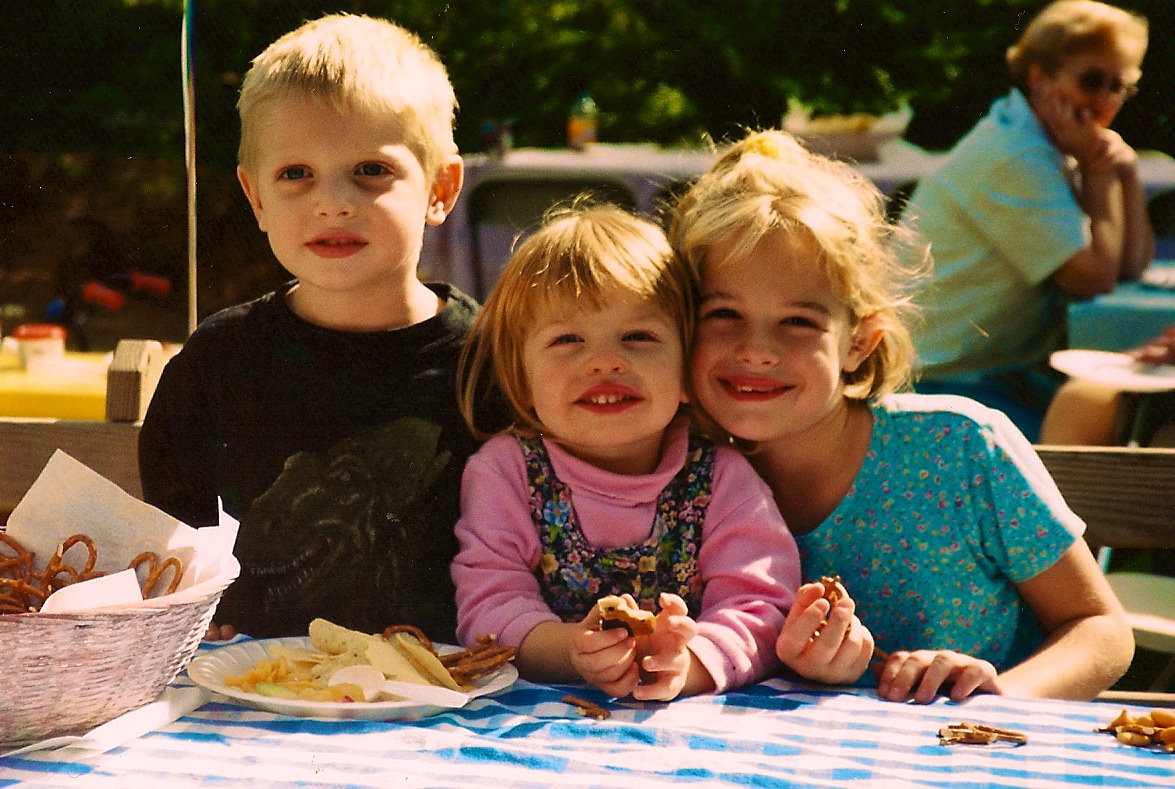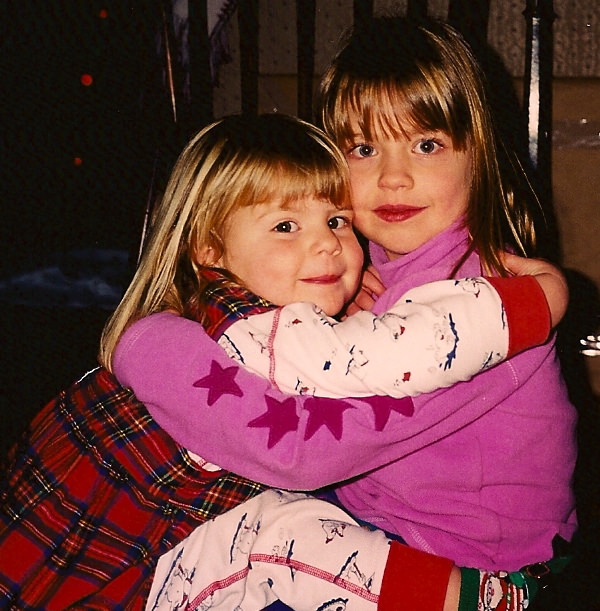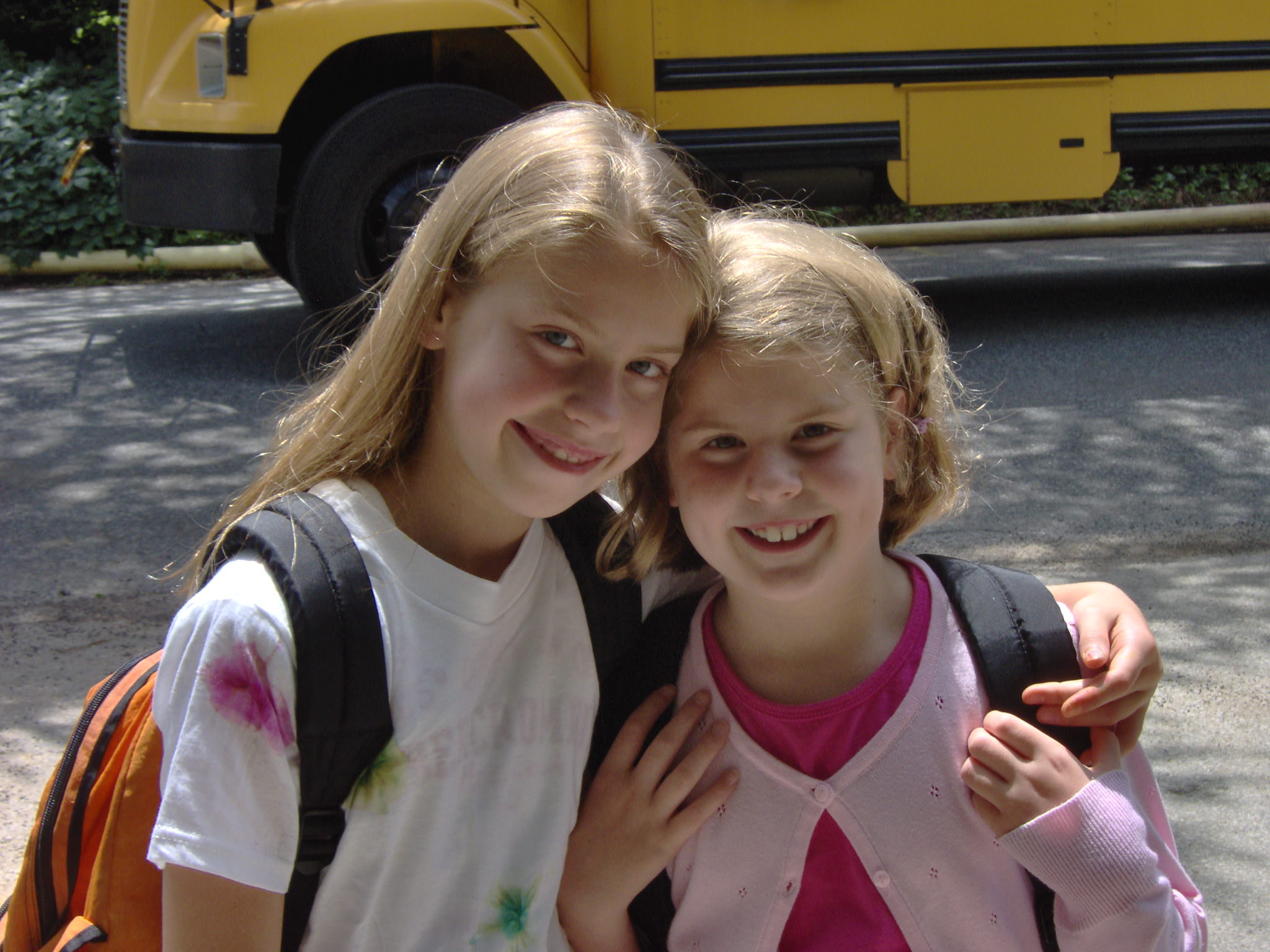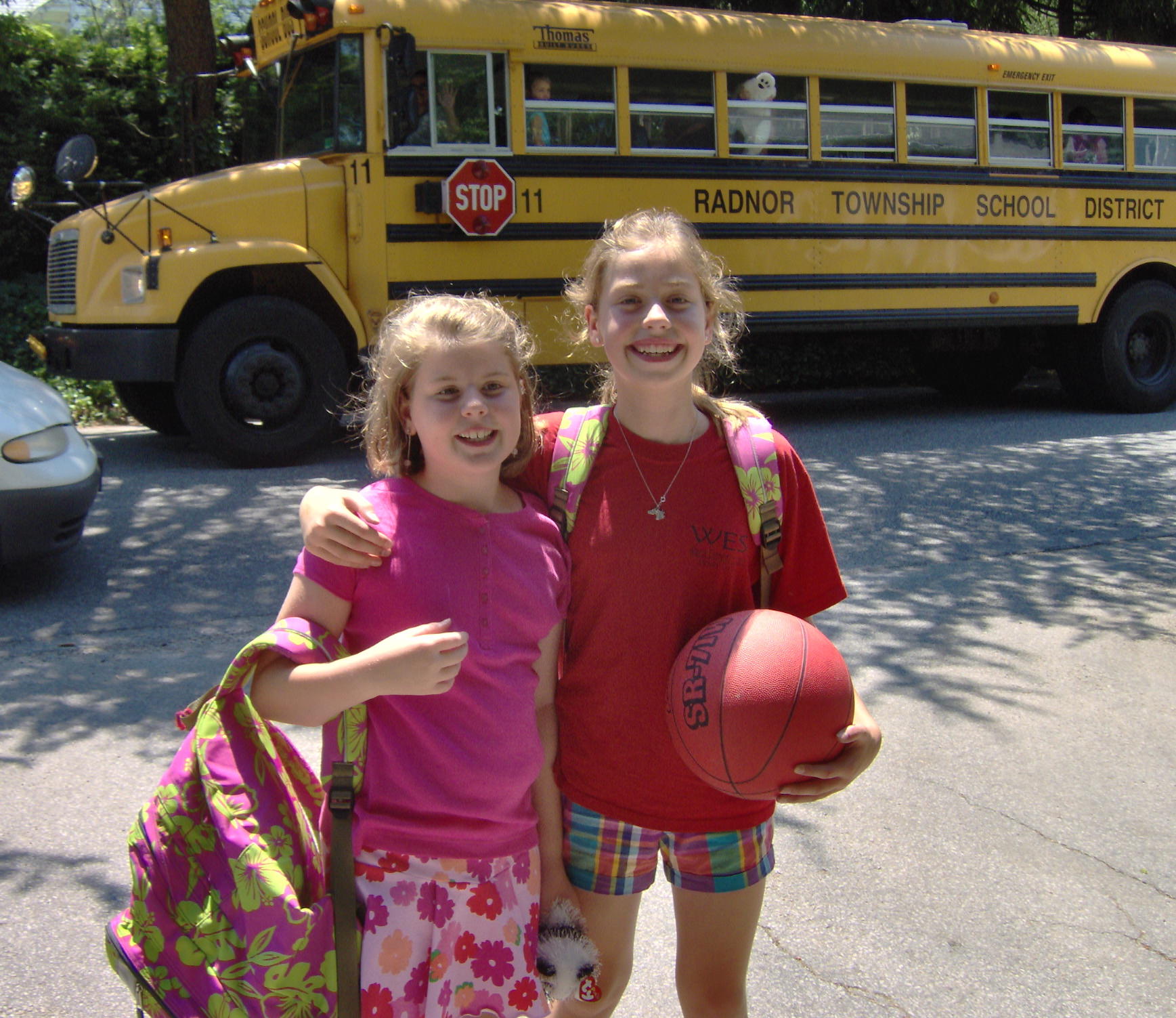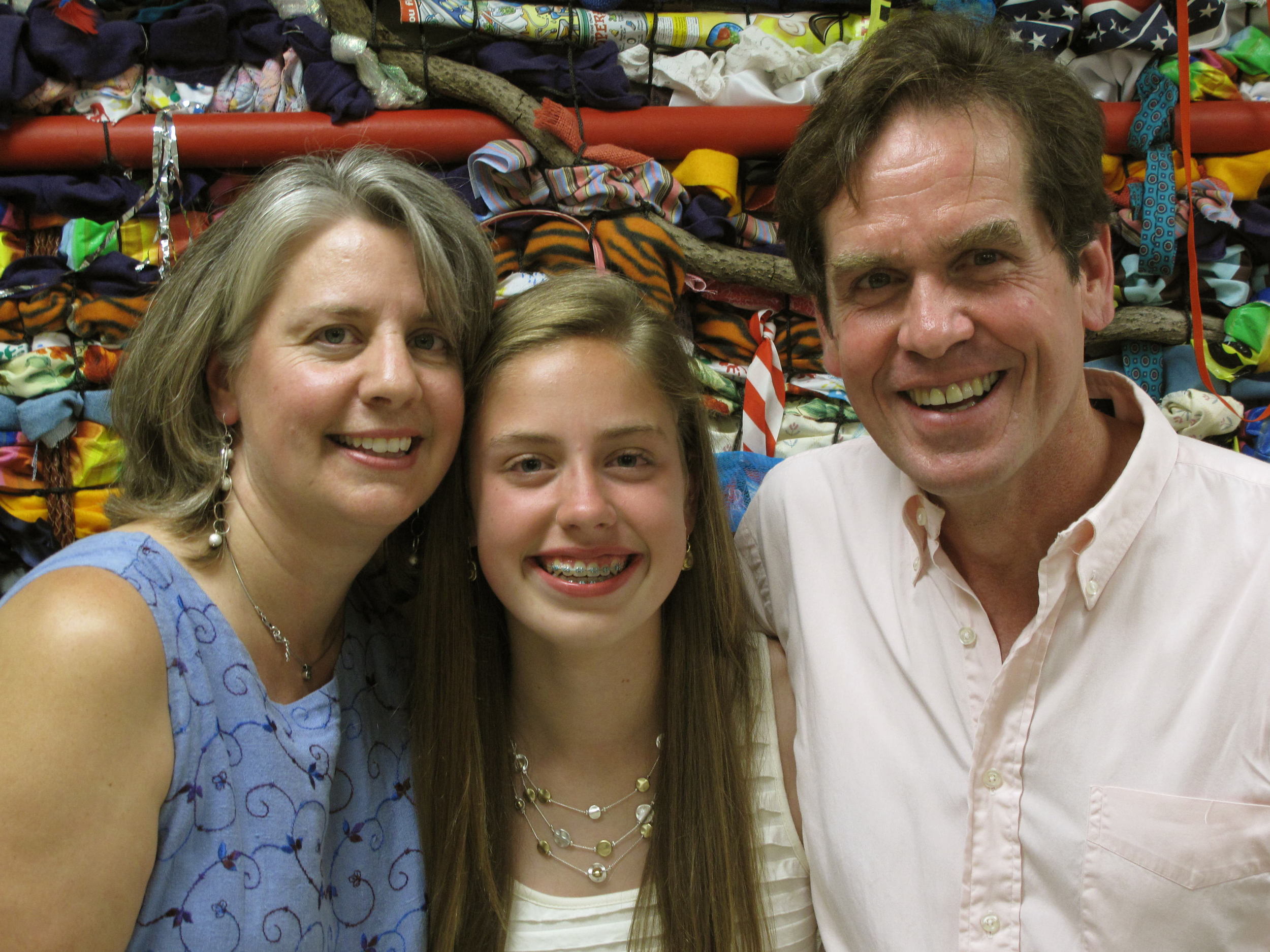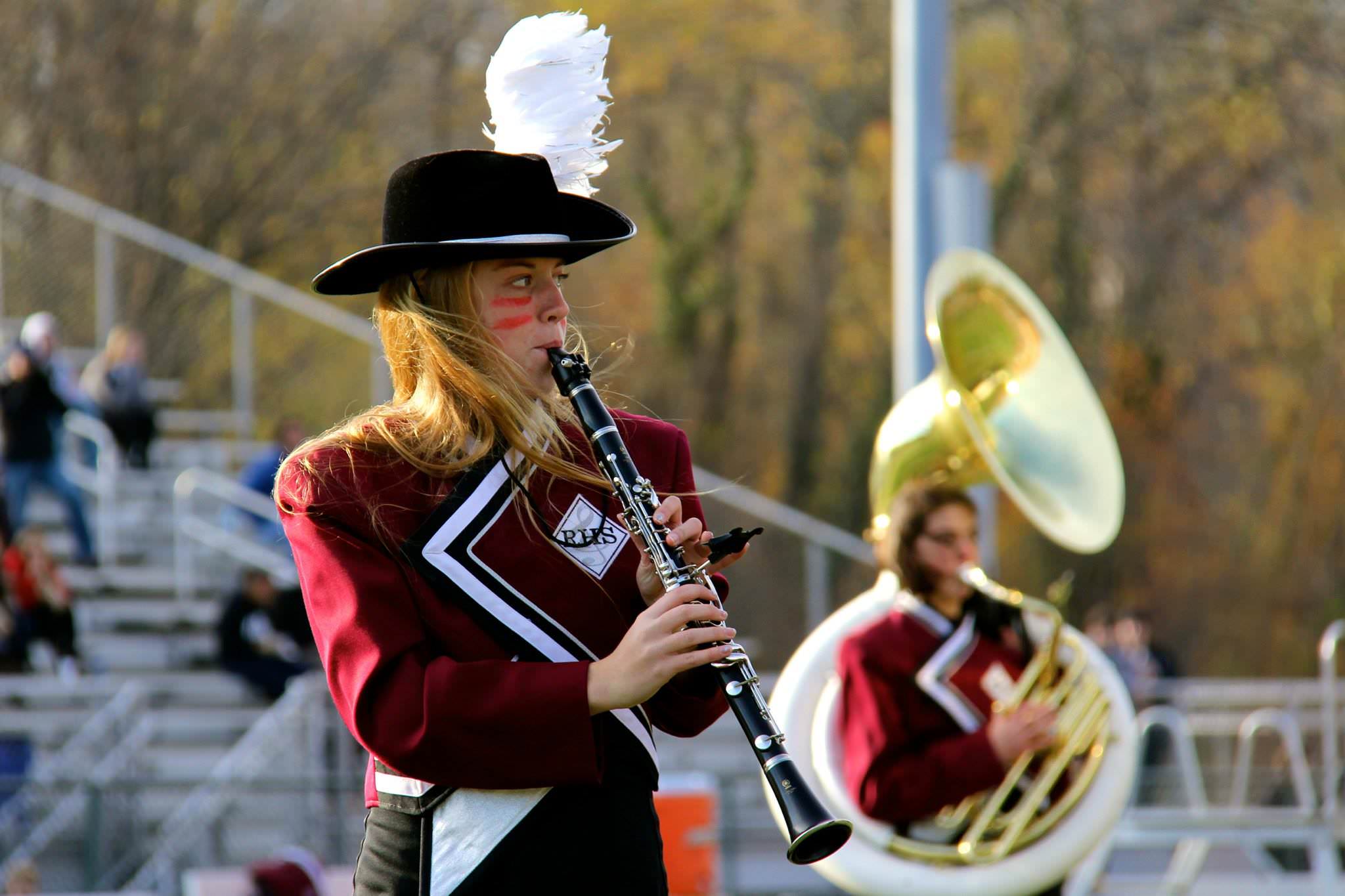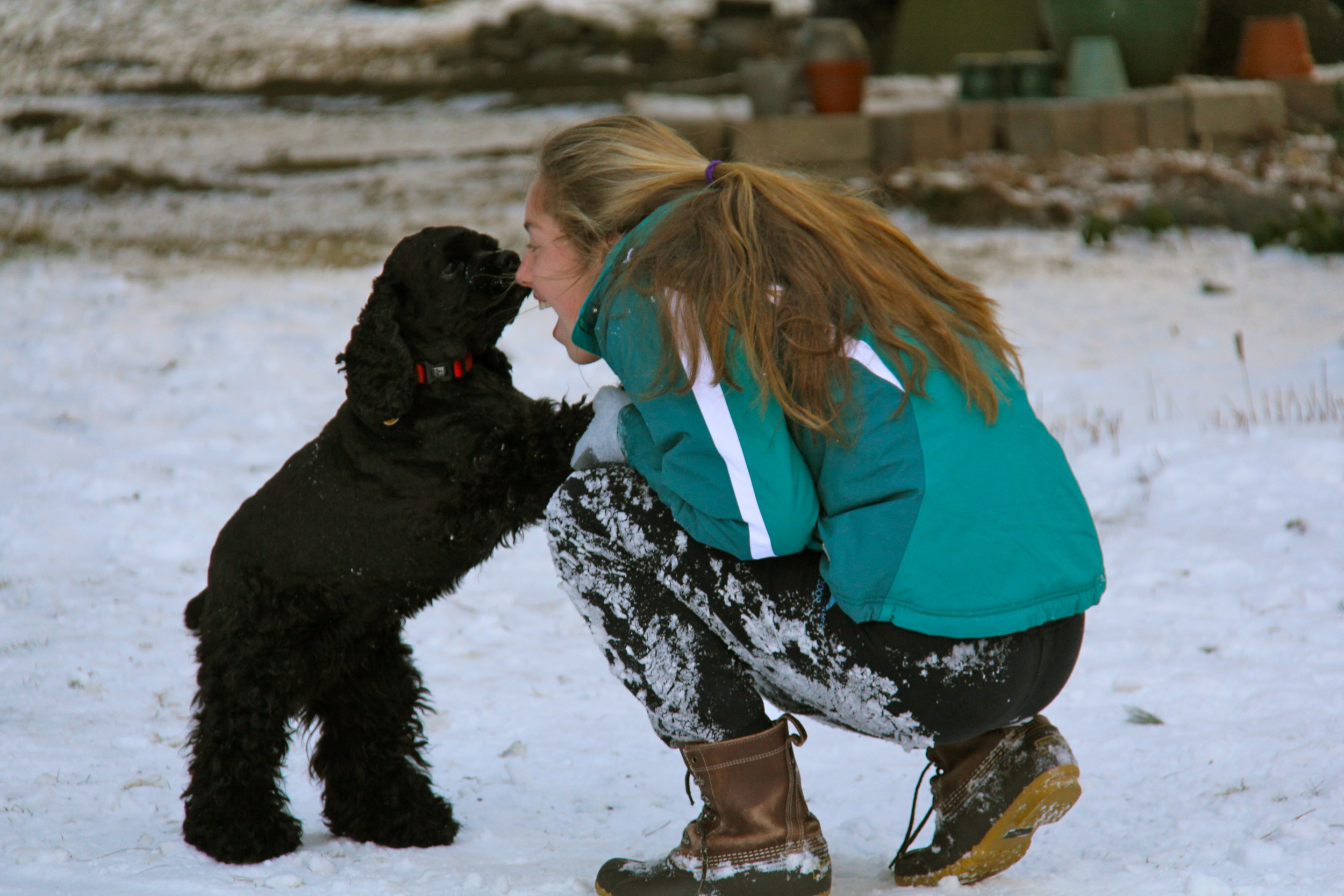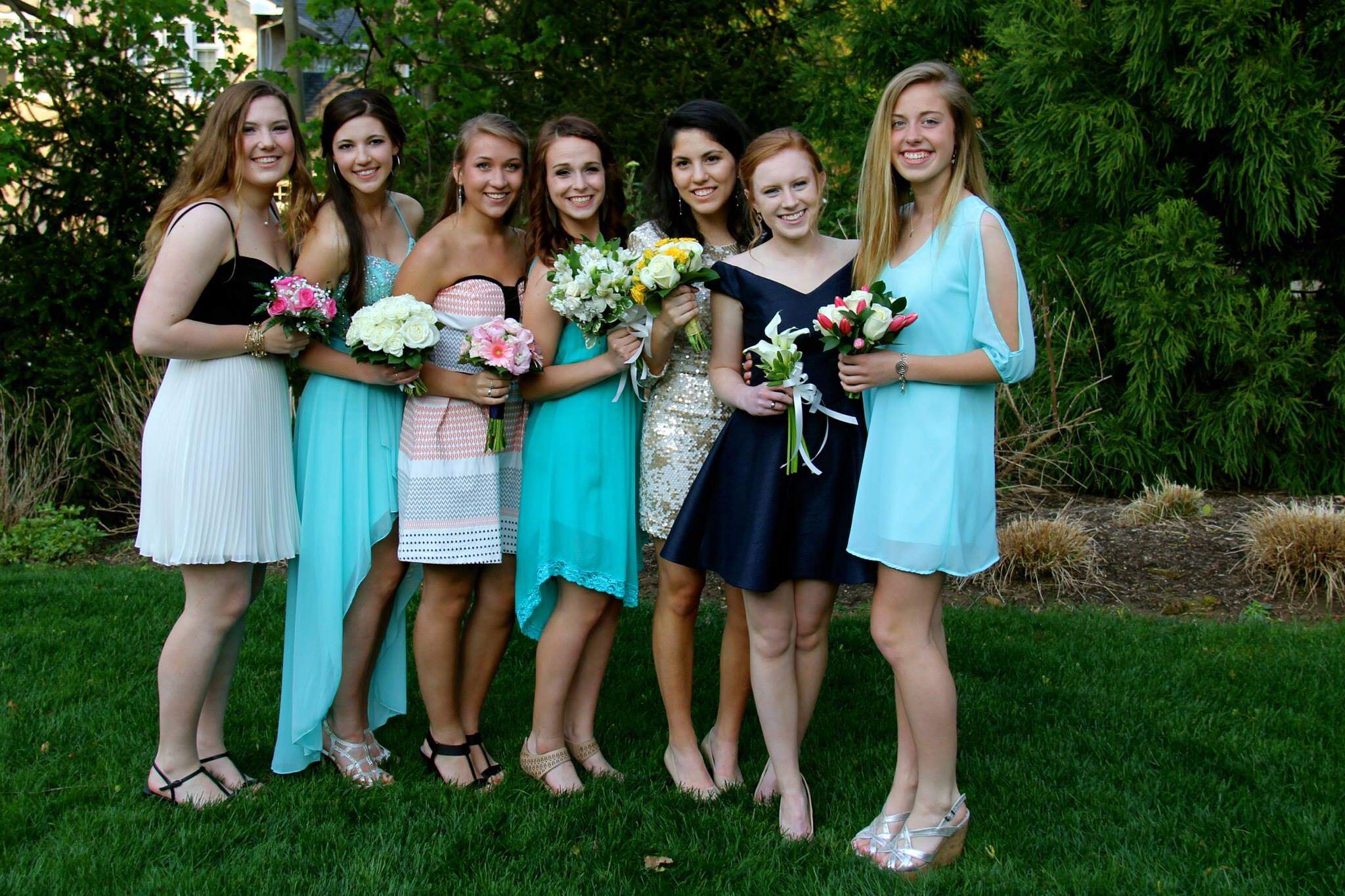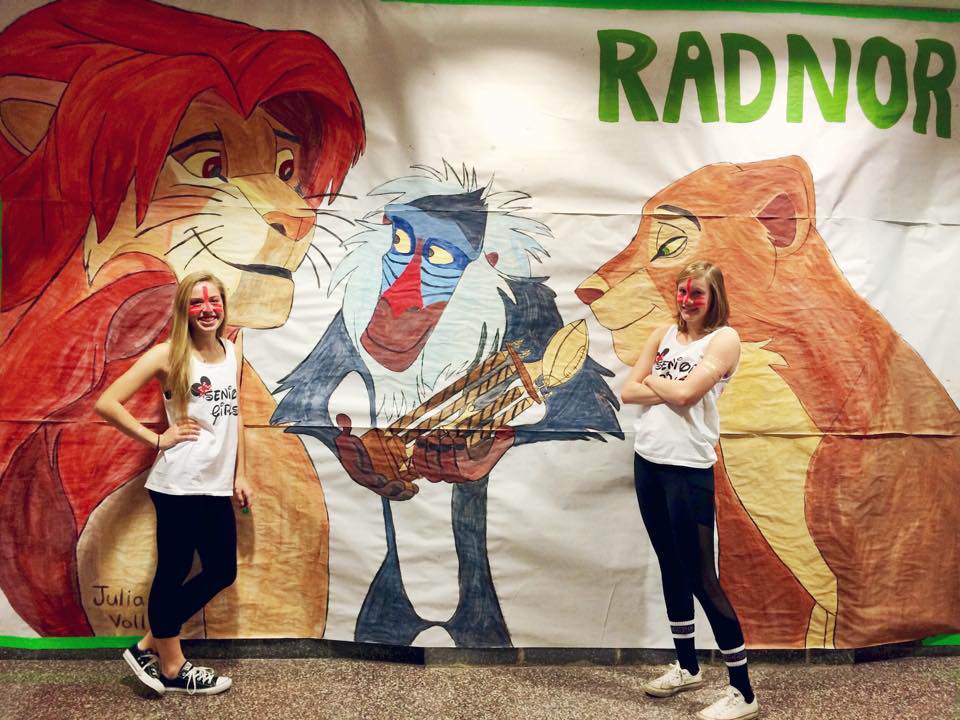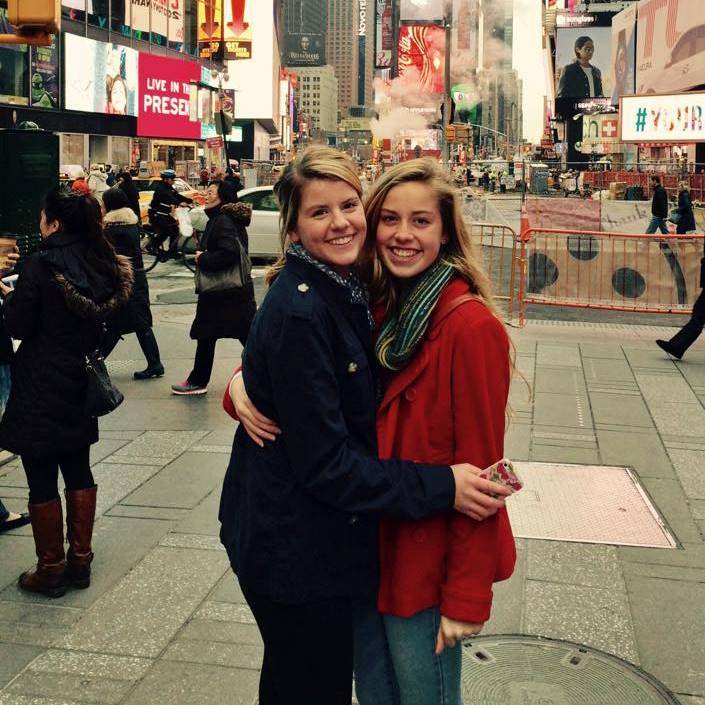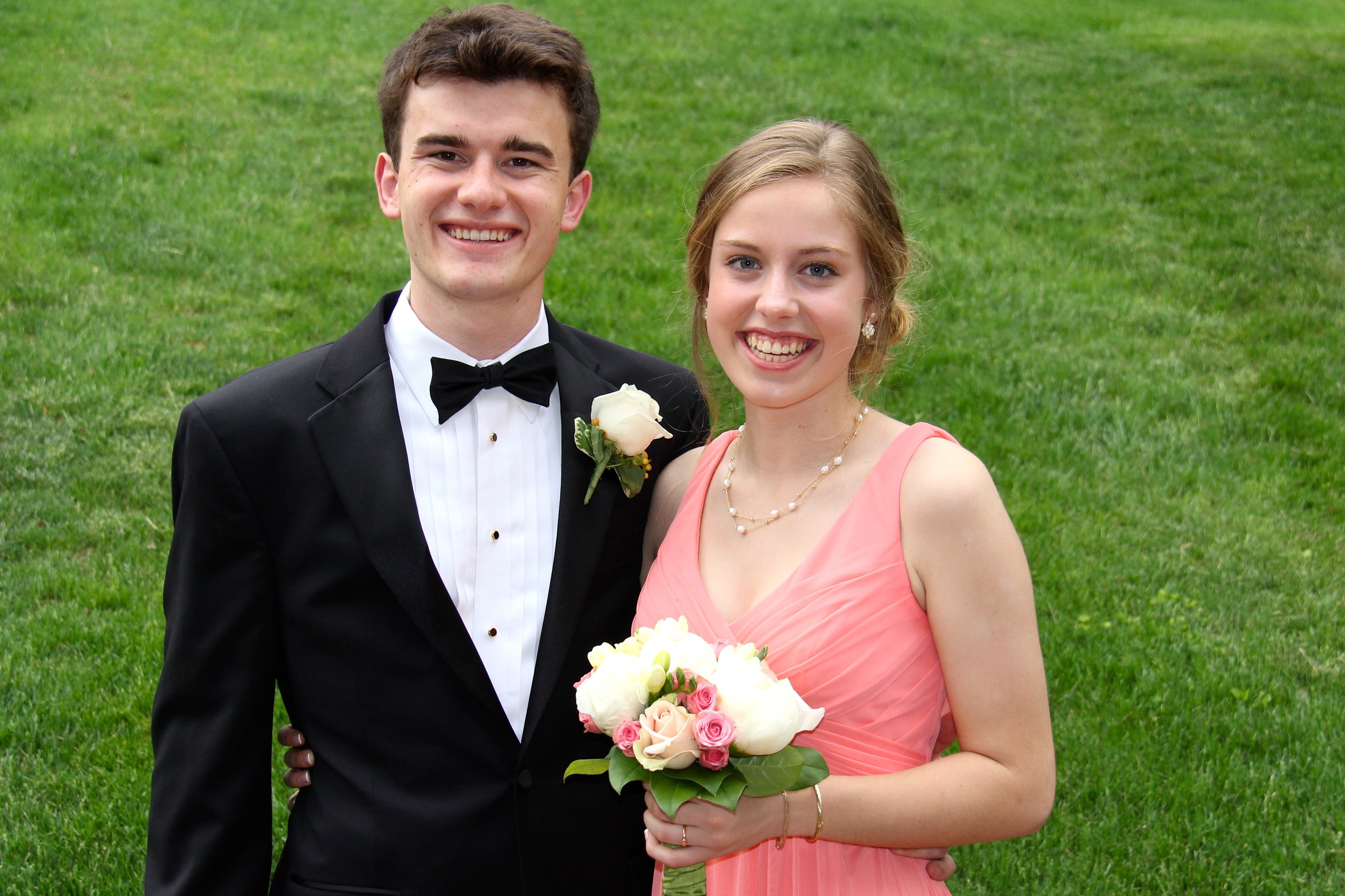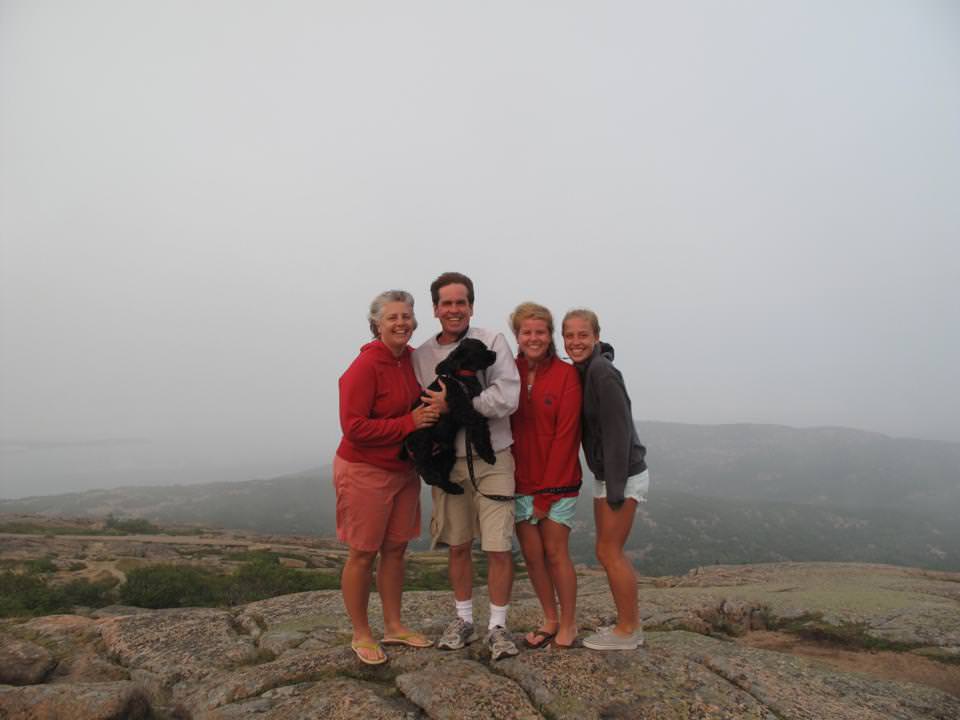Turns out he was having angina...not indigestion. After several hours he was admitted to the hospital to await a cardiac catheterization to determine if he had any blockages. David is a healthy guy. Active in that he is constantly in motion, never sits, not even on the beach! He loves digging in the garden, raking leaves, shoveling snow. But his dad had heart disease...
So on Wednesday afternoon he headed in for the procedure. I got word about 40 minutes later that they had found some blockages. I was greeted by the doctor who informed me of three blockages, one that was 99%. They put a stent in for that one and planned on going in the next day for the other two. We were understandably emotional–David's close call and a sense that fate had cast a beneficent wind to blow in our direction–instead of a massive heart attack with damage to his heart, he had a stent and great heart function.
I have been through enough of these medical scenarios to know that there comes a time when the crisis is past, hospital care becomes a little routine again and it's OK to let go of your vigilance–the procedure is over, we know what we're dealing with, the patient is settled down and needs rest and you need to take a shower. I anticipated this would be the case that evening after the catheterization...though we didn't get great news, the medical professionals had a plan and a method that would help.
But David didn't seem settled. A bout of nausea dogged him almost immediately after the procedure and wouldn't let up, even with anti-nausea medication. He grew more agitated and disoriented. I spoke with a nurse about it, she felt it could be the medication making him sleepy. But he didn't seem sleepy to me and shortly after that he tried to get out of bed. I went to help, was disconcerted by his response, "Hold on, Ally! I'm not ready." Then, "Ally, I need you to help," in a exasperated tone. Again, I spoke to the nurse, this time she impatiently told me that I needed to wait until the medication kicked in–I drafted a frustrated text to my friend Bonnie, I knew something was wrong. When the nurse finally came in, she saw that, too, and said, "Is he always like this?" I said, "No! That's exactly what I've been saying!" She started a neurological test. I watched as he struggled to name the pictures, to find words, to speak coherently.
From that moment the pace and tenor of the care we received accelerated dramatically. Vaguely I heard, "Rapid Response, room 610." I watched as the room filled with medical personnel, a sea of dark blue and white, machines rolled in, electrodes and needles, quiet discussion, sharp orders. As I stood in the corner I heard the word "stroke" and sank down in my seat. David's eyes met mine. I saw my own fear reflected in them and his own bewilderment. I stood up and went to the end of the bed, speaking softly while looking him in the eye, "It's ok, they're here to help. You're going to be alright. We'll take care of you."
And then we were rushed into the CT scan, the doctor who admitted him the evening before arriving to be alarmed at his state. I had called my parents on the way down and told them, "they think he might be having a stroke...I can't do this by myself..." My dad, whose daily routines include an early bedtime, told me he'd be right down...it was 10:30. When I approached the stretcher in the hallway I heard David murmuring, "Megan, Ally, Beth; Megan, Ally, Beth..." as if the names of the people he loved best were a totem, a blessing, a protective spell against whatever insidious creature had taken hold of his mind...
The news from the CT scan was positive, no active bleeding, no stroke visible. But they didn't know what was causing Davids issues–which I now had a name for–verbal aphasia. As we got David settled in ICU and he drifted into sleep, I sent my dad home and found my way to the family sleep room. I woke throughout the night, checked on him periodically...held his hand, but he was exhausted and dozing. His nurses kept a diligent watch over him, waking him every hour to check his responses.
The uncertainty of the night dawned to the news that his condition had not worsened, but he was still confused and actually referred to me as his mom in the early hours. The planned cardiac catheterization was still arranged and I was prepared to protest if they moved forward with the procedure before we understood the implications of the neurological event. Fortunately, we were given a reprieve. The neurologist and the cardiologist agreed. By 10 am David was rebounding, expressing himself well, even cracking jokes with the medical staff. By the time Ally came with my parents to visit, he was mostly back to himself, though the dark cloud of the night before was a blooming bruise on his psyche.
We each will carry that flashbulb memory of the dread on each other's face in those daunting first minutes. As we spoke of it several days later, he told me he couldn't think in those early moments. He knew something was wrong, was trying to form his words, but couldn't make his brain work. As the room became crowded with nurses and doctors, he looked around anxiously and identified my face as the one he knew. He didn't know who I was, but he recognized me. In the moment our eyes locked, I knew his dismay. It is that moment we won't easily forget. We learned the next day that David had a mini stroke...the neurologist showed us the tiny pinprick on the MRI that represented the dead synapses in David's brain. He has no apparent deficits from the stroke, but both the cardiologist and the neurologist understand that it was a result of the procedure on his heart–an errant blood clot or piece of plaque dislodged by the catheter and sent into his brain. So what to do for the other two blockages?
Life turns on a dime...weeks like this past remind us that this moment is all we own, tomorrow is not guaranteed for any of us, so we'd best get on with the things we always meant to do...I wrote about this experience in this post earlier. Again, we are in limbo, awaiting results of a planned stress test in a week. It will tell us how we proceed. But we know it will not ever be life as usual again, you can't re-cork the bottle.
